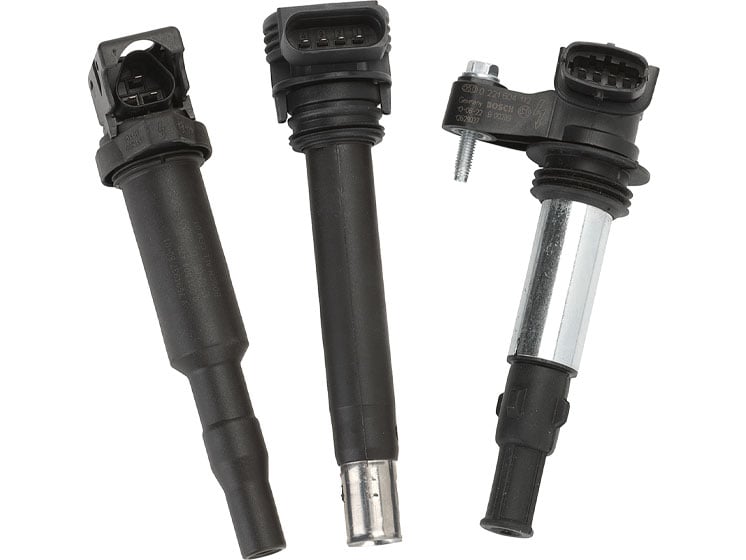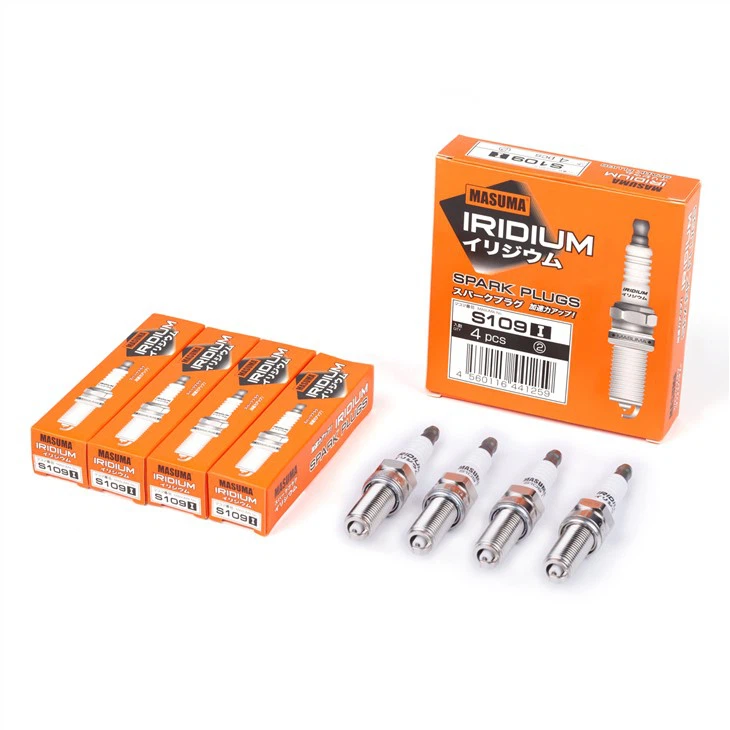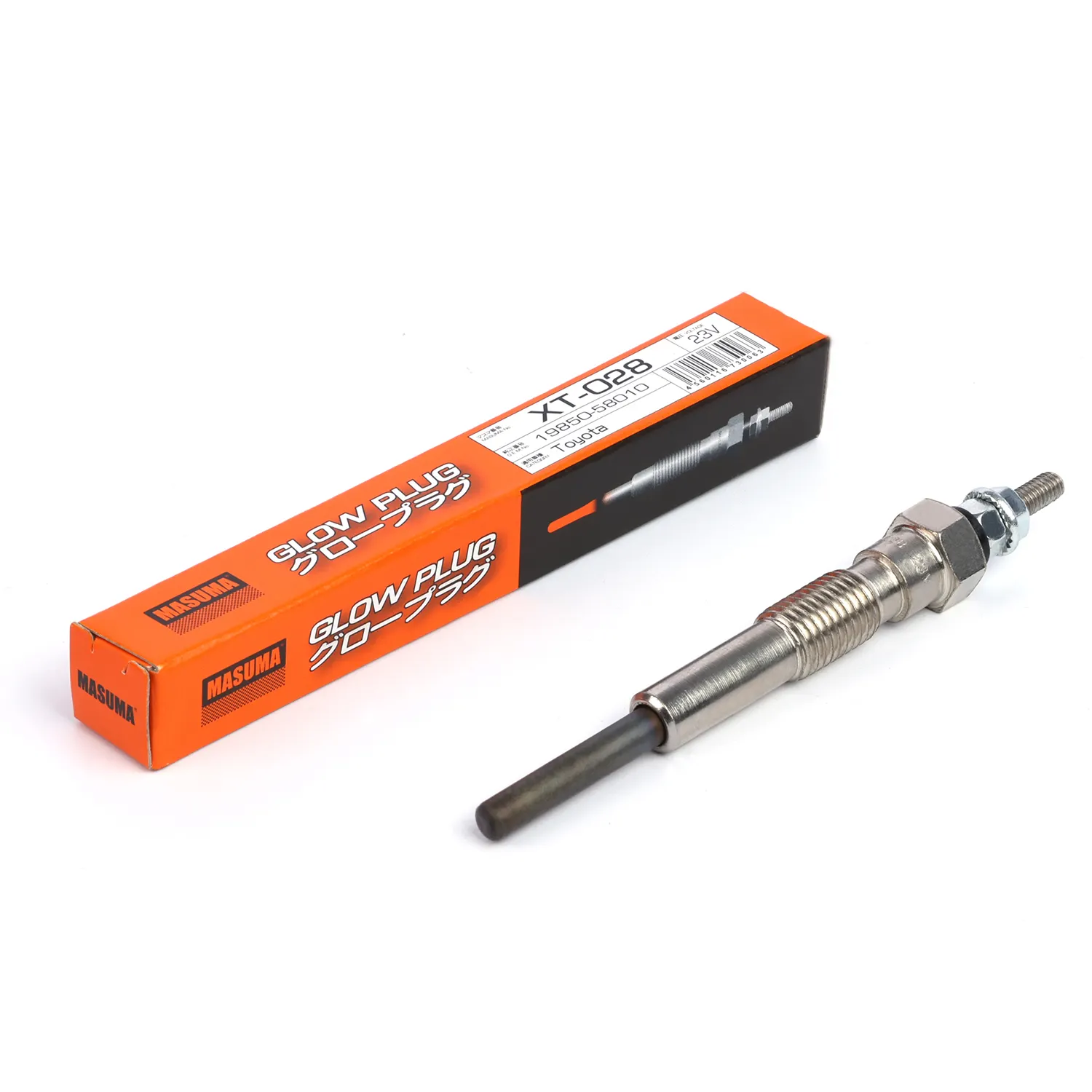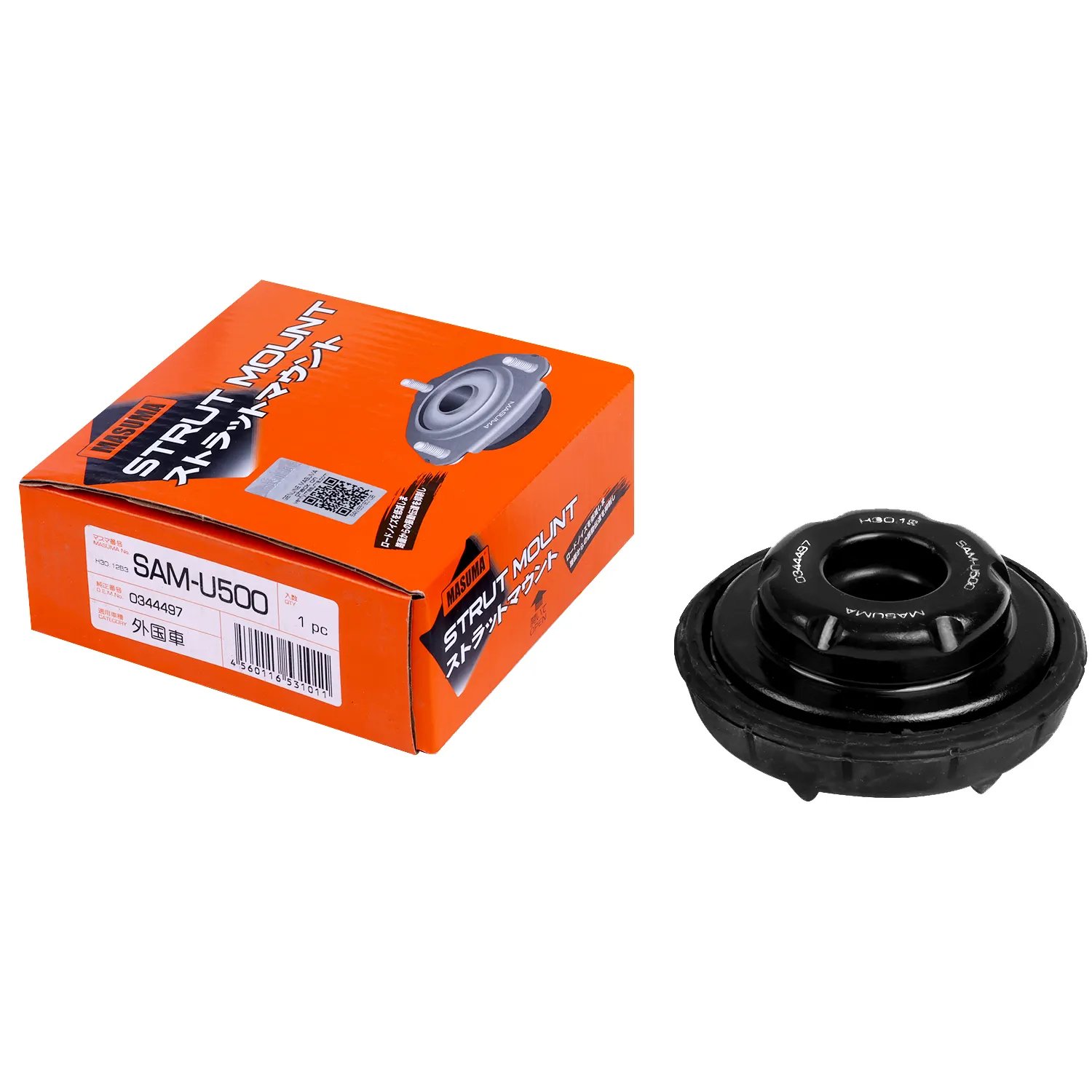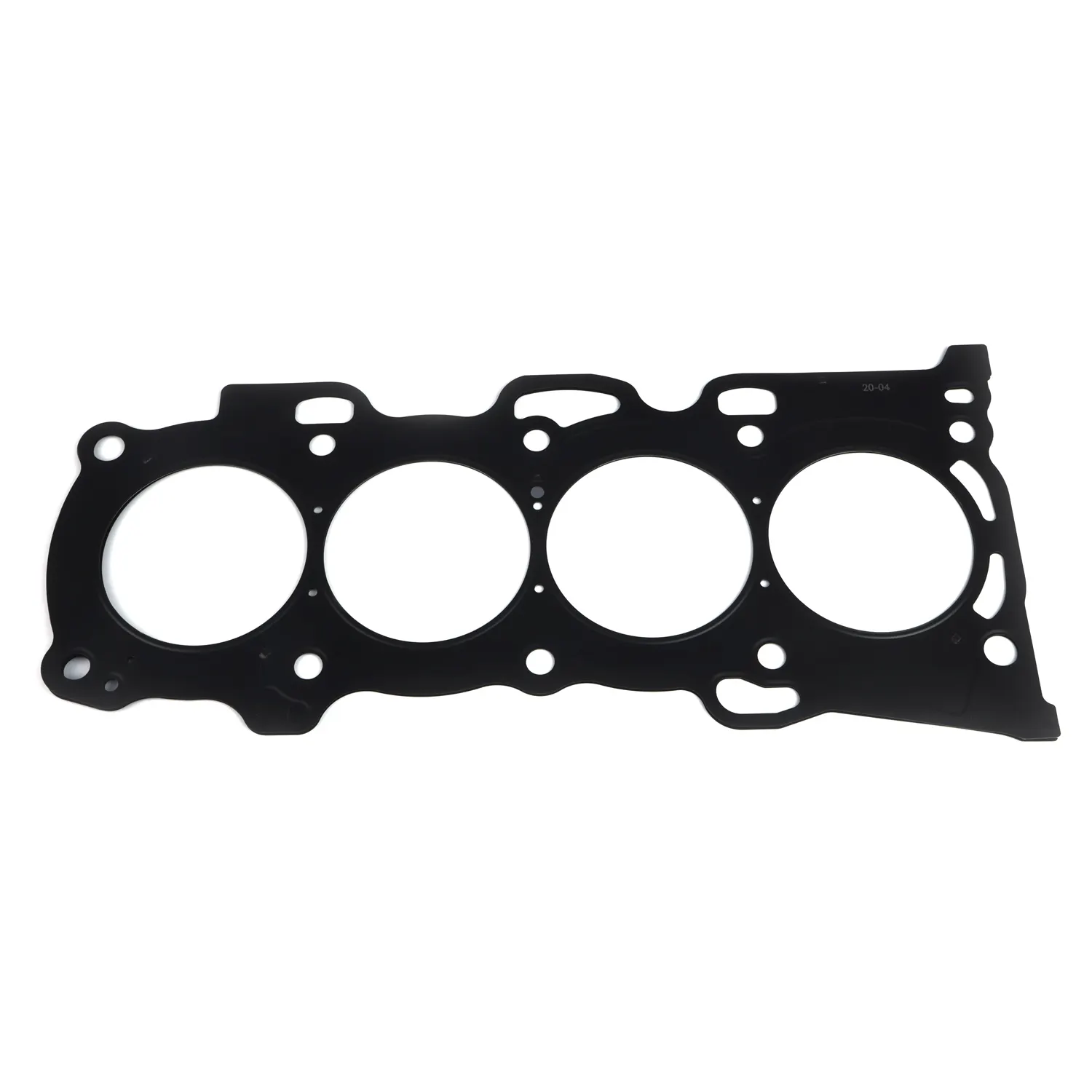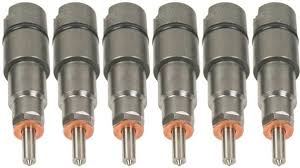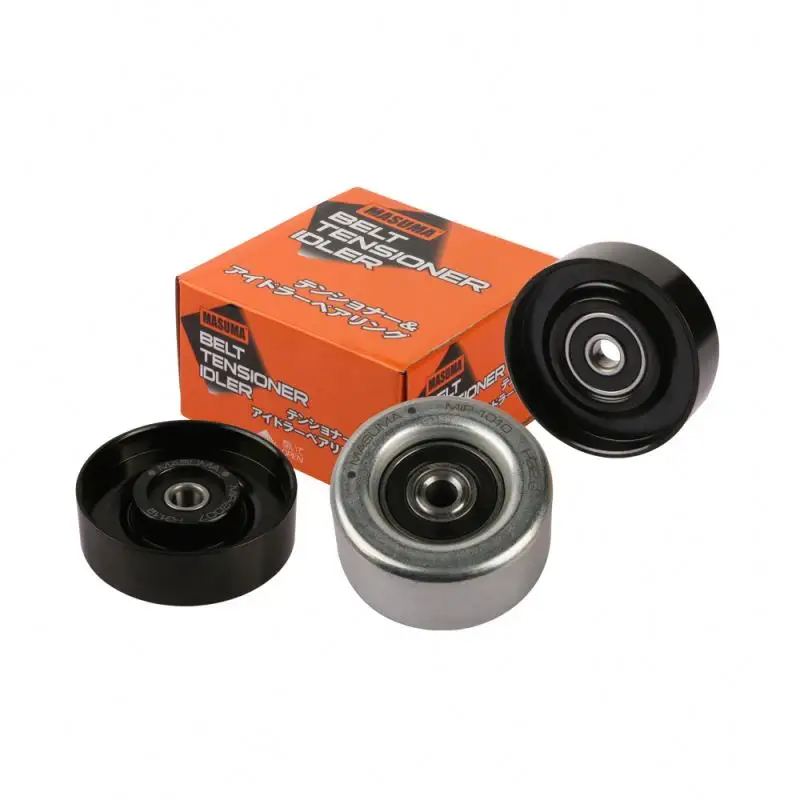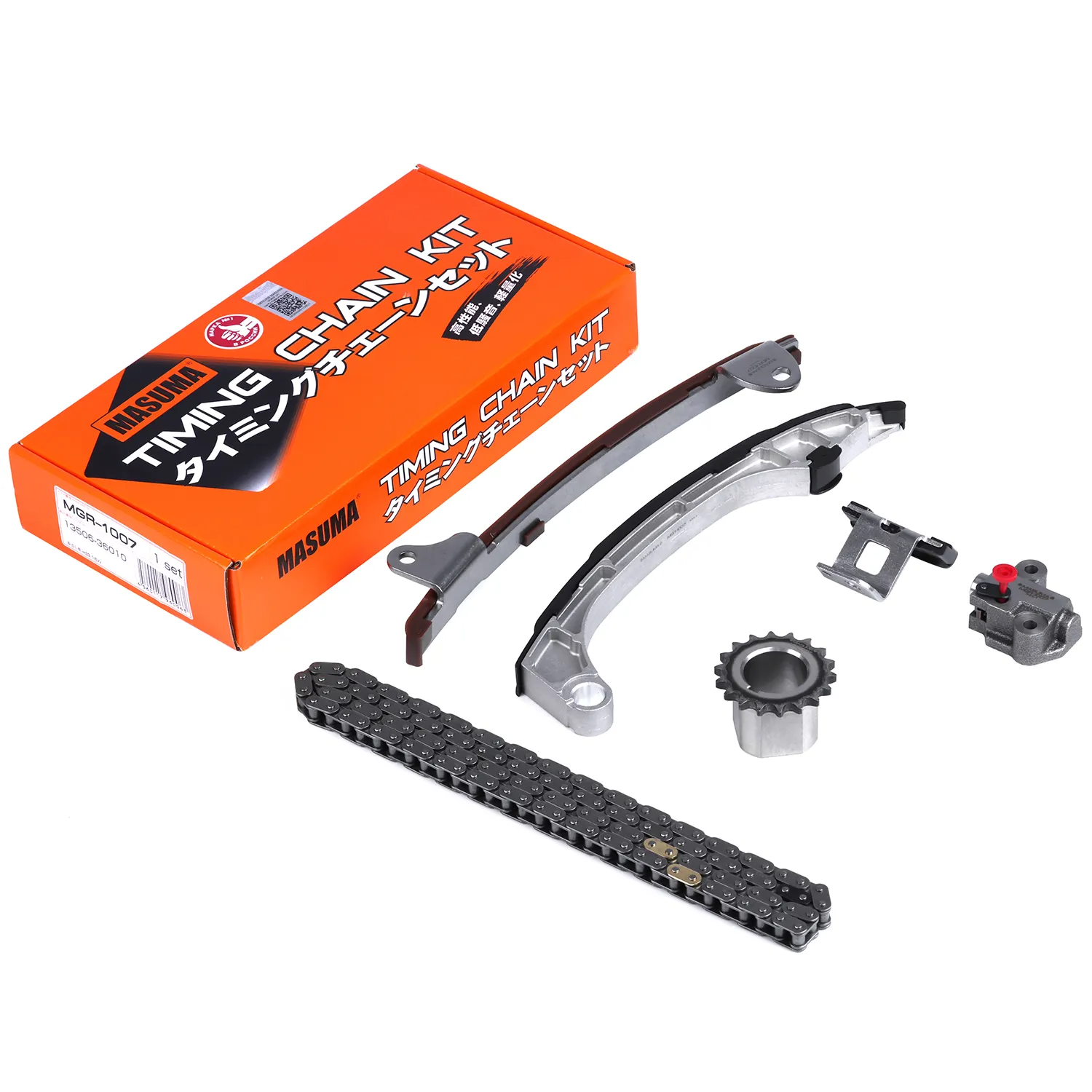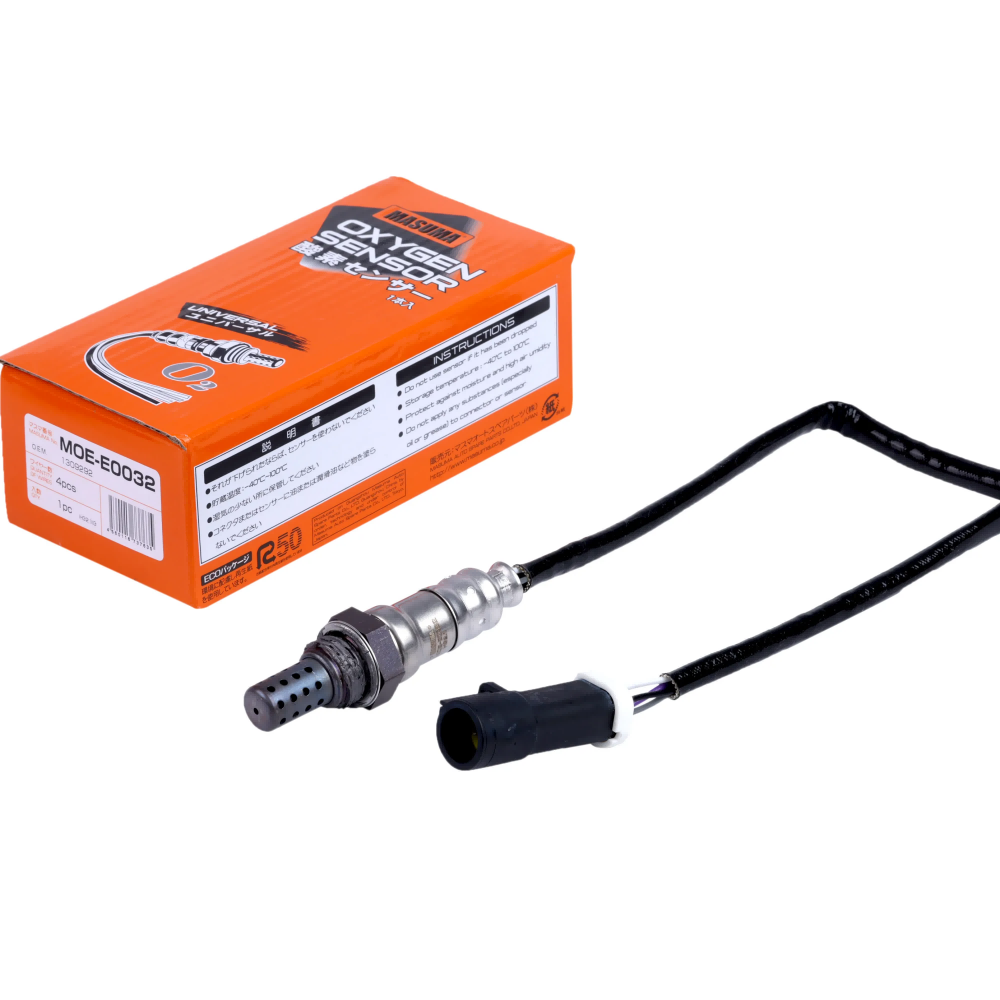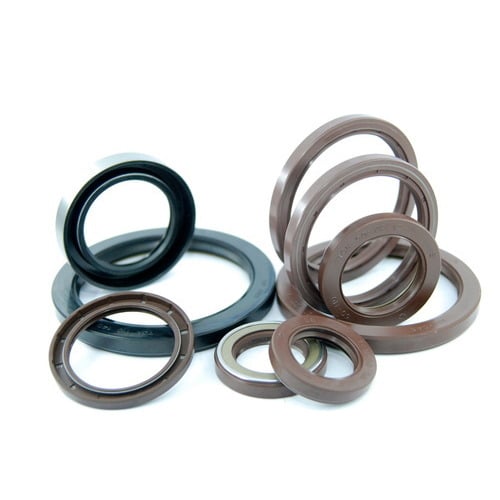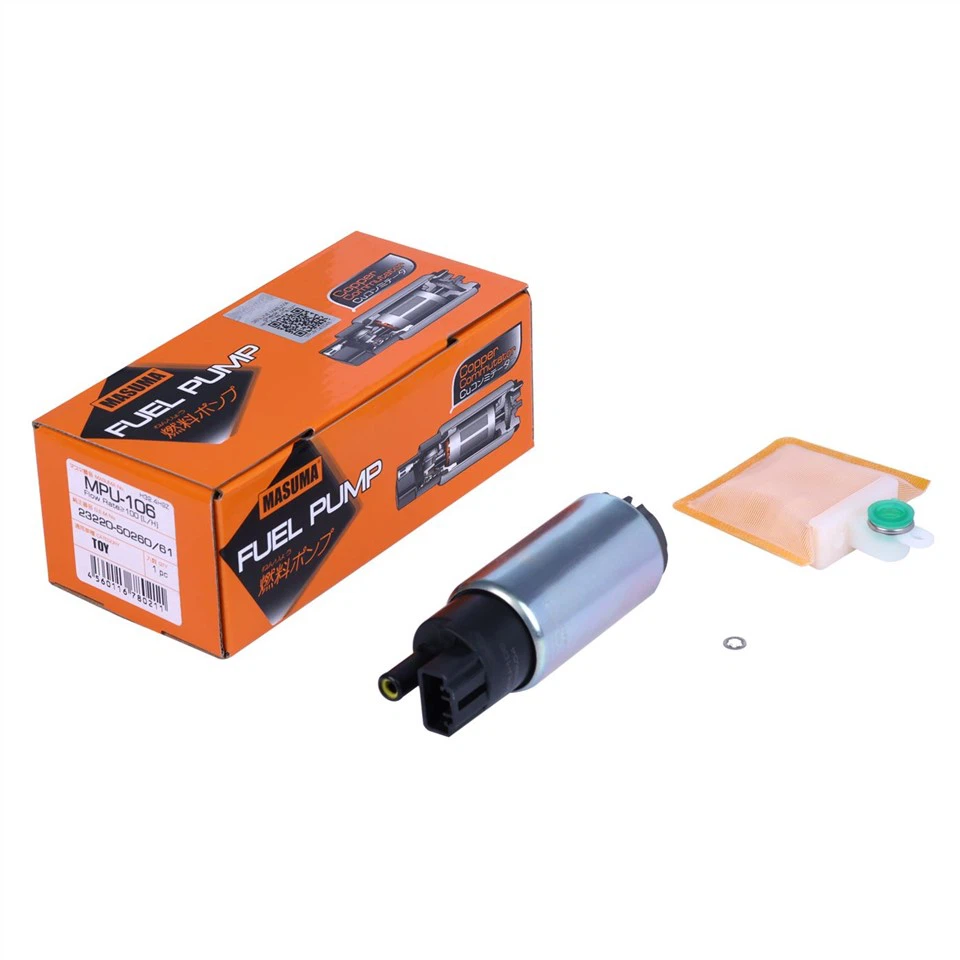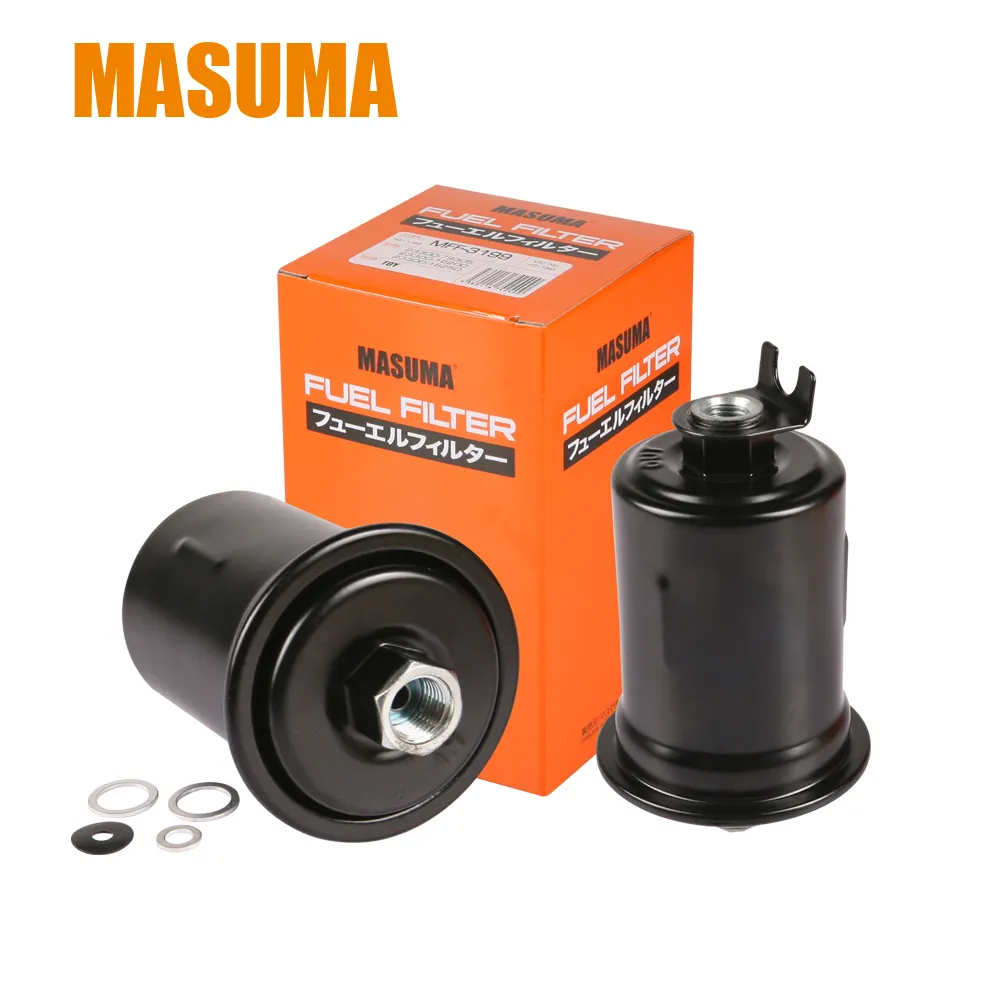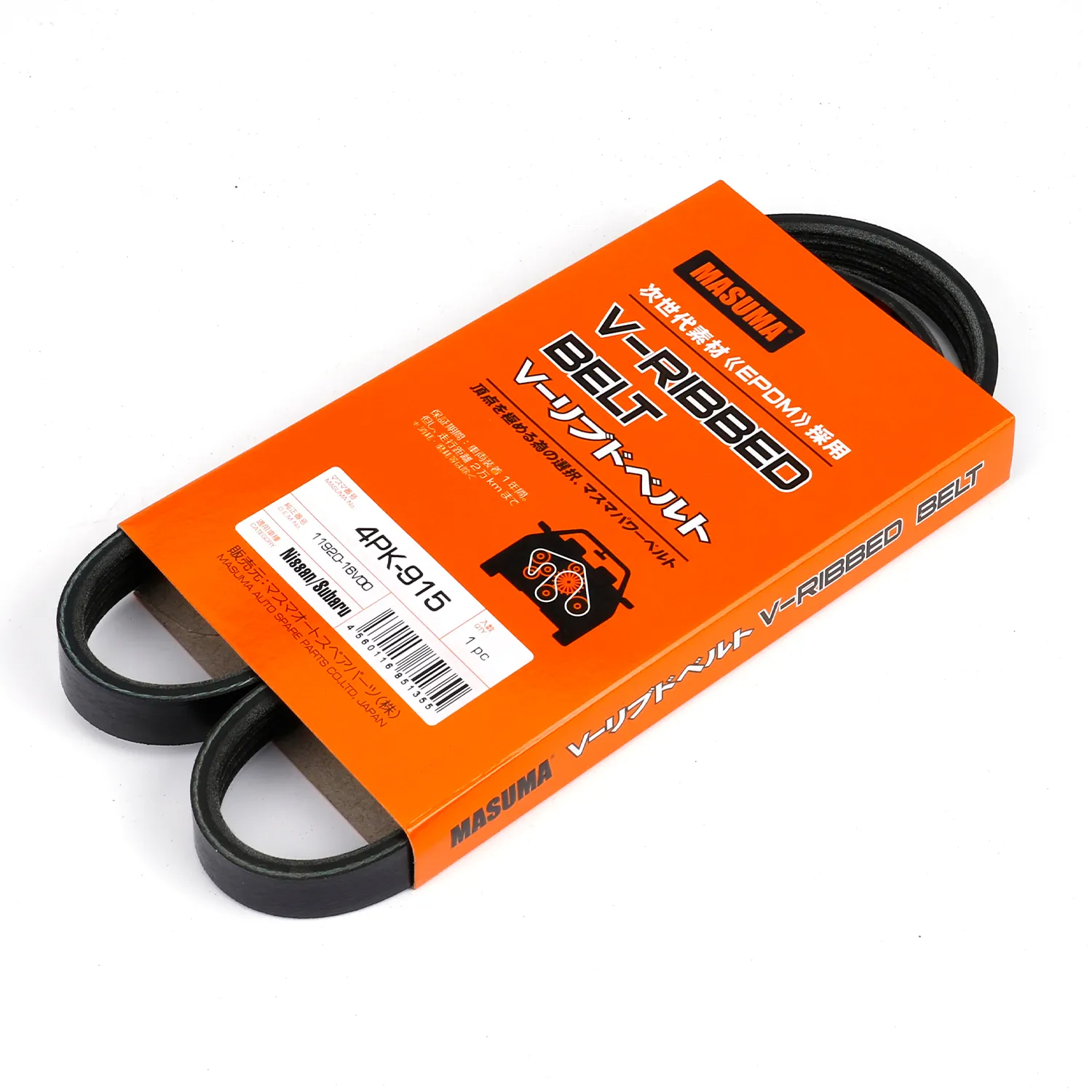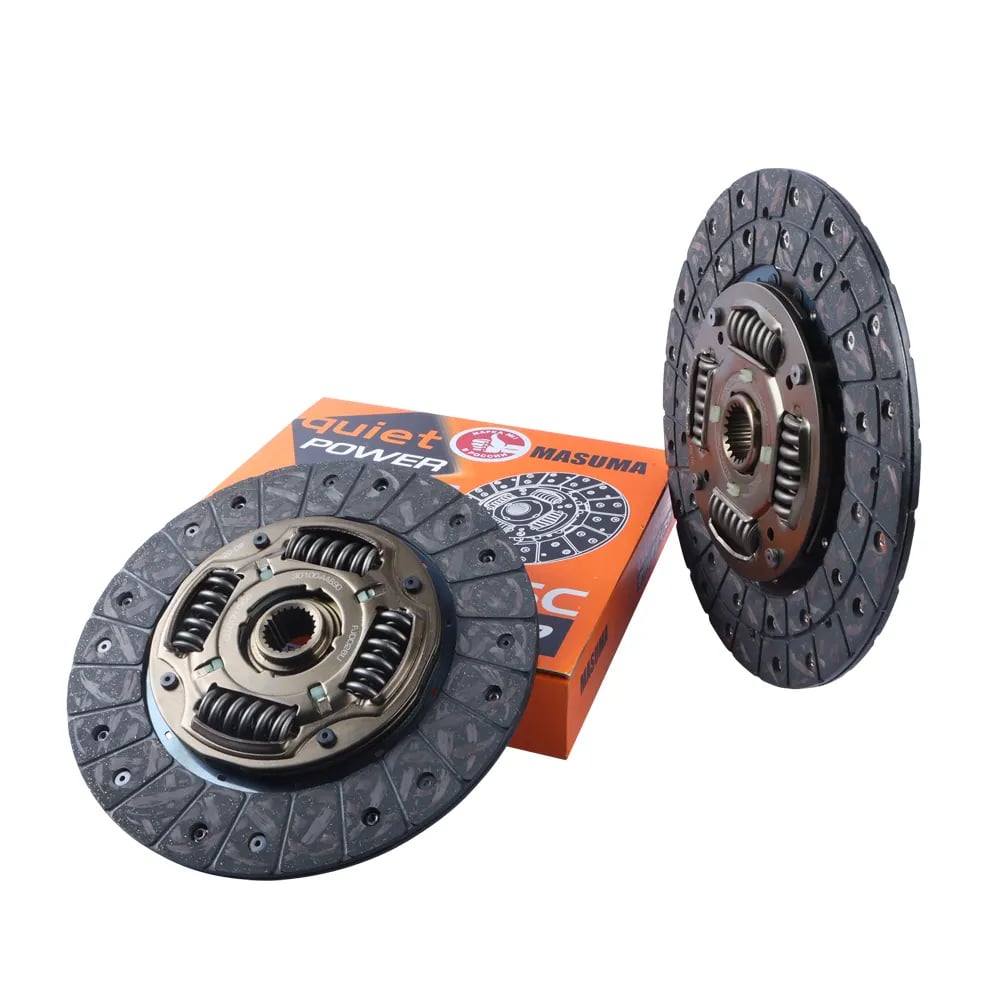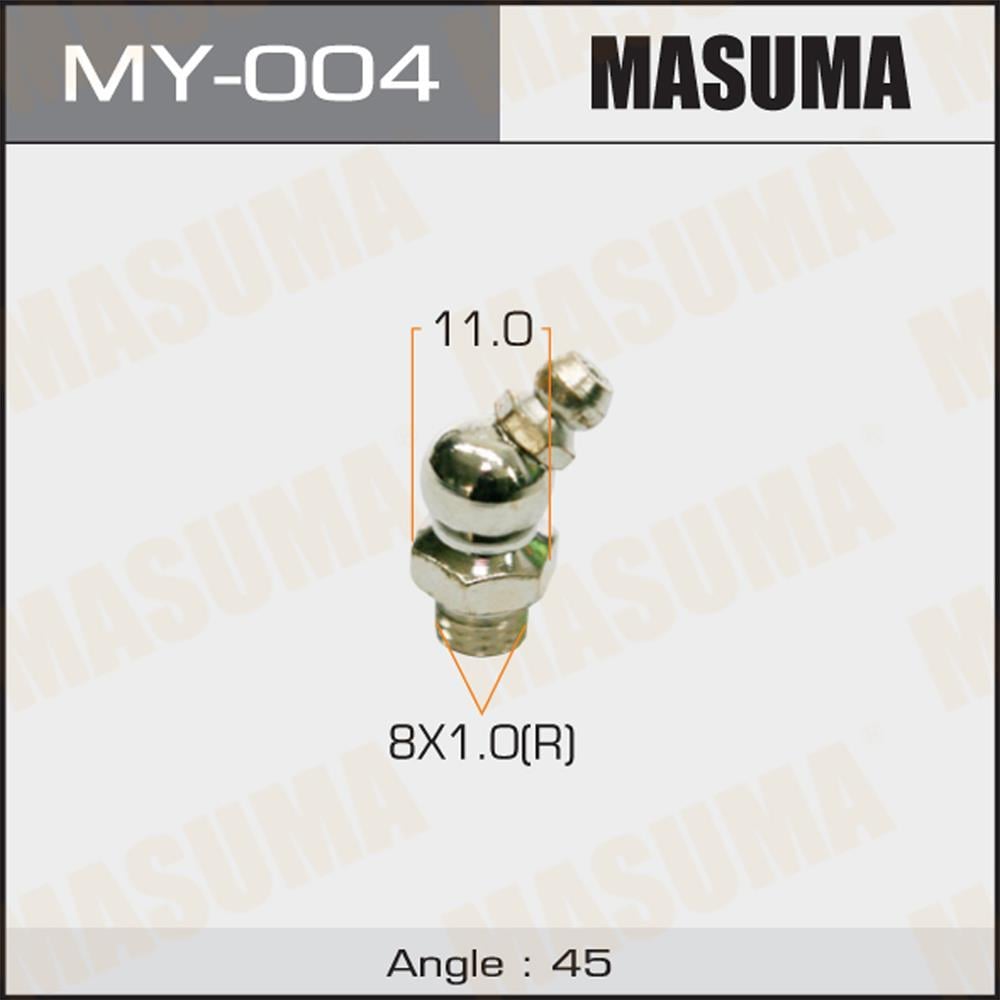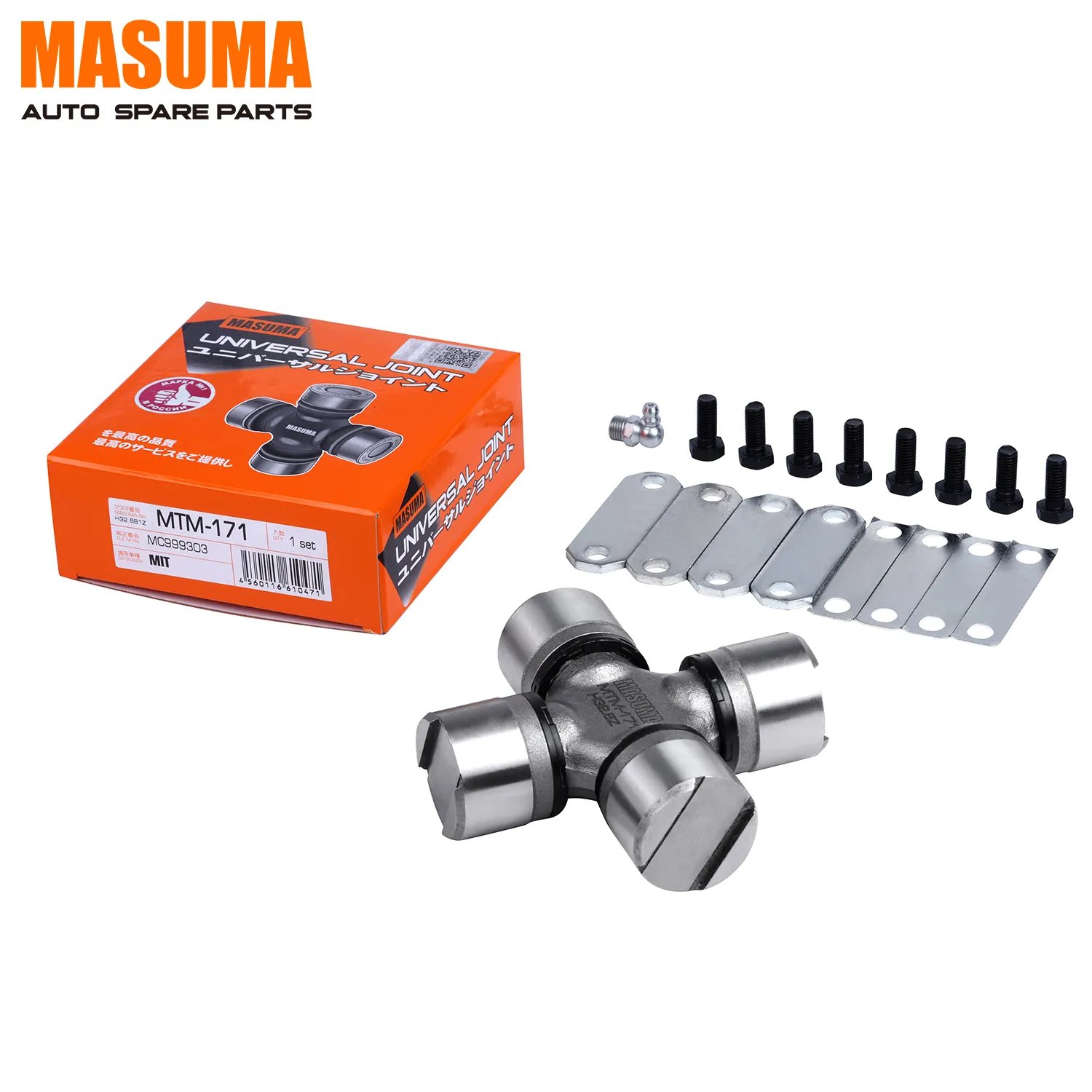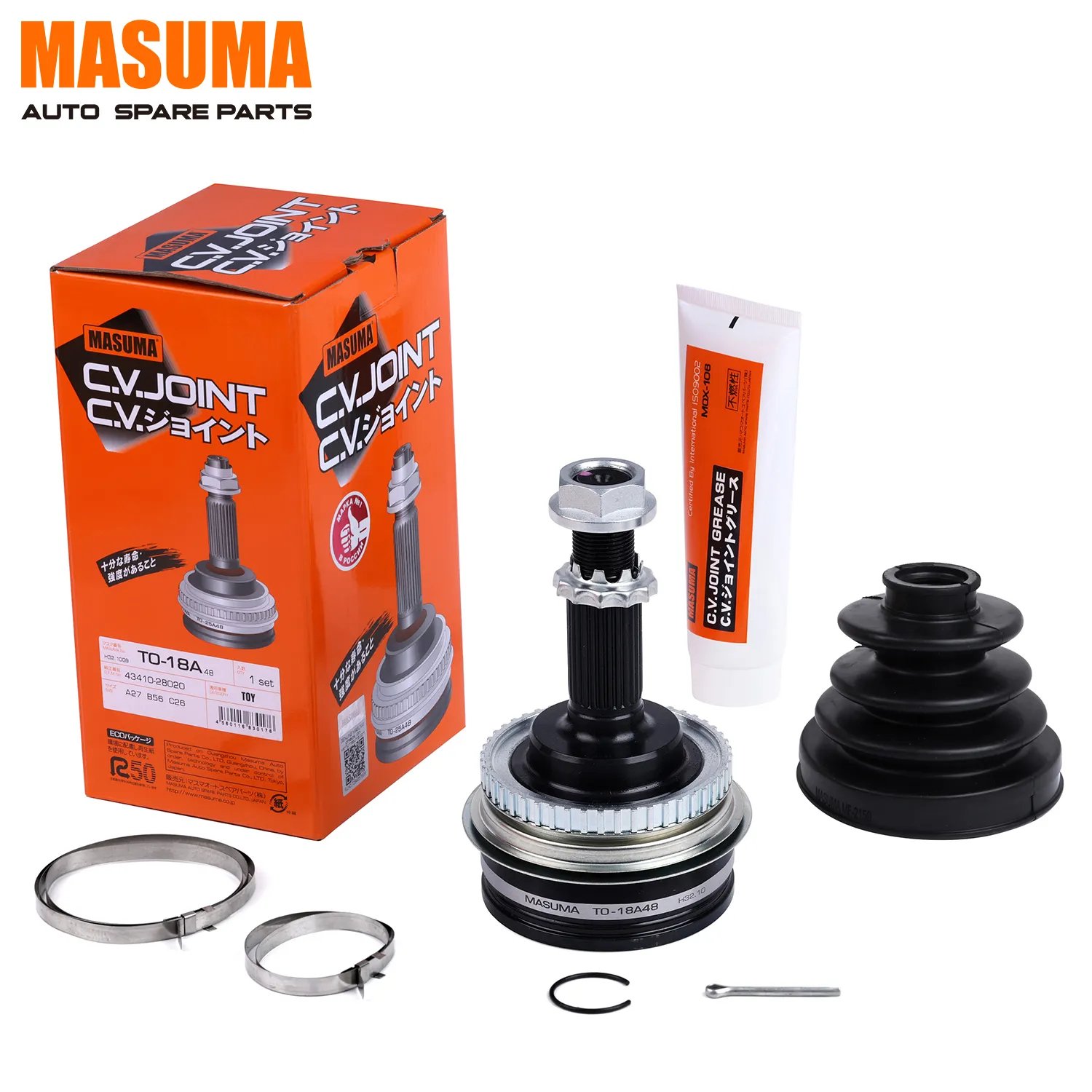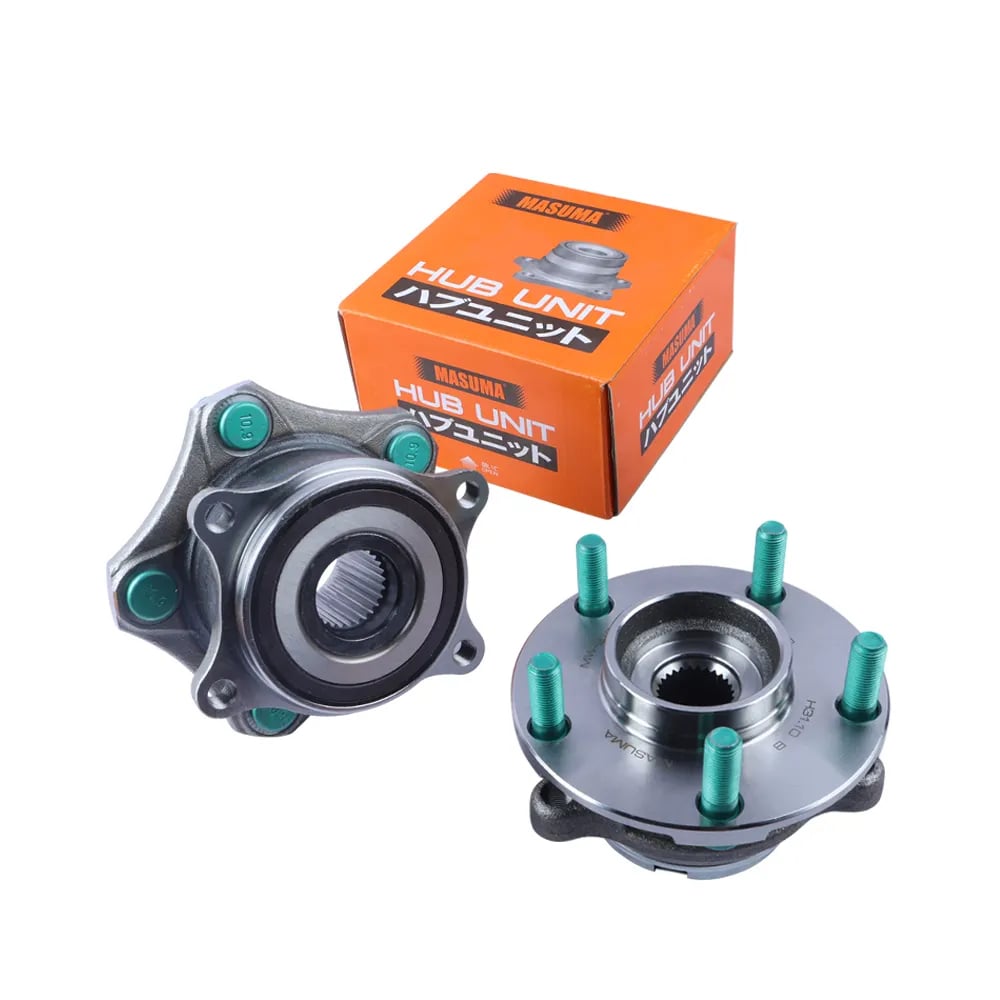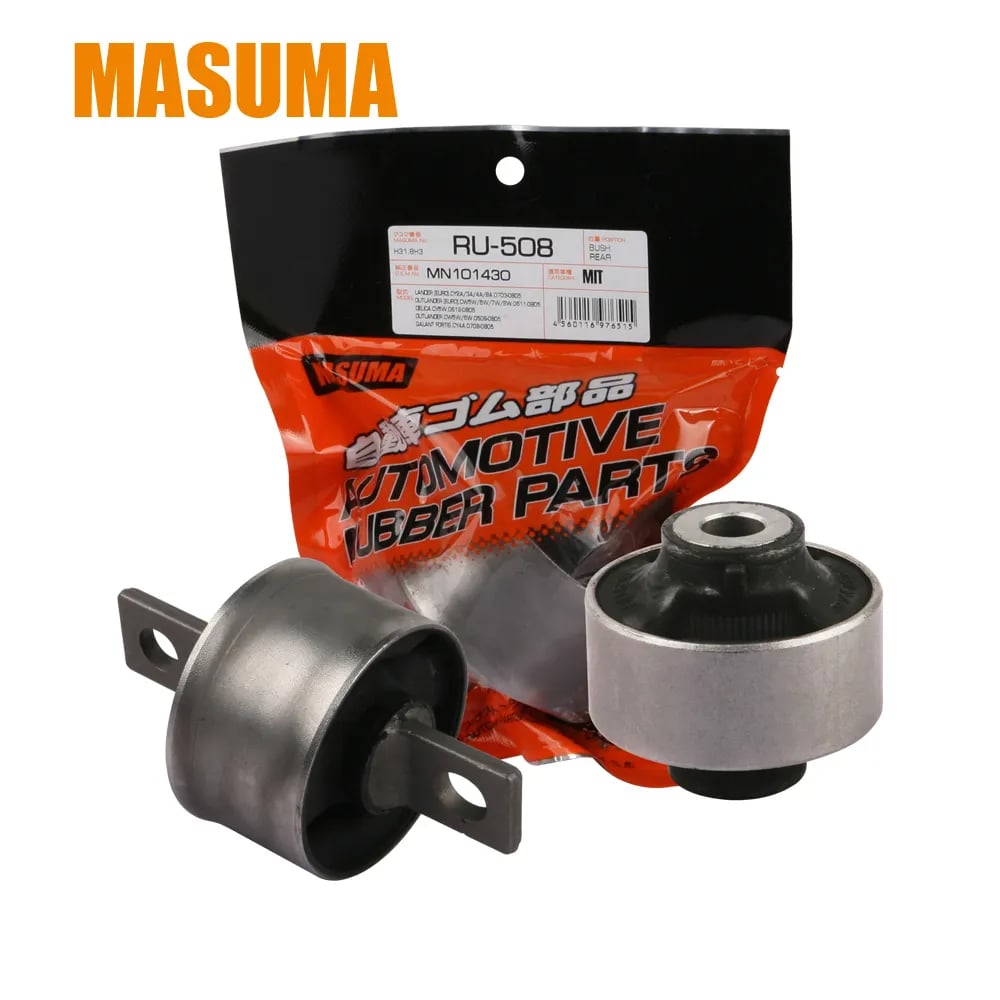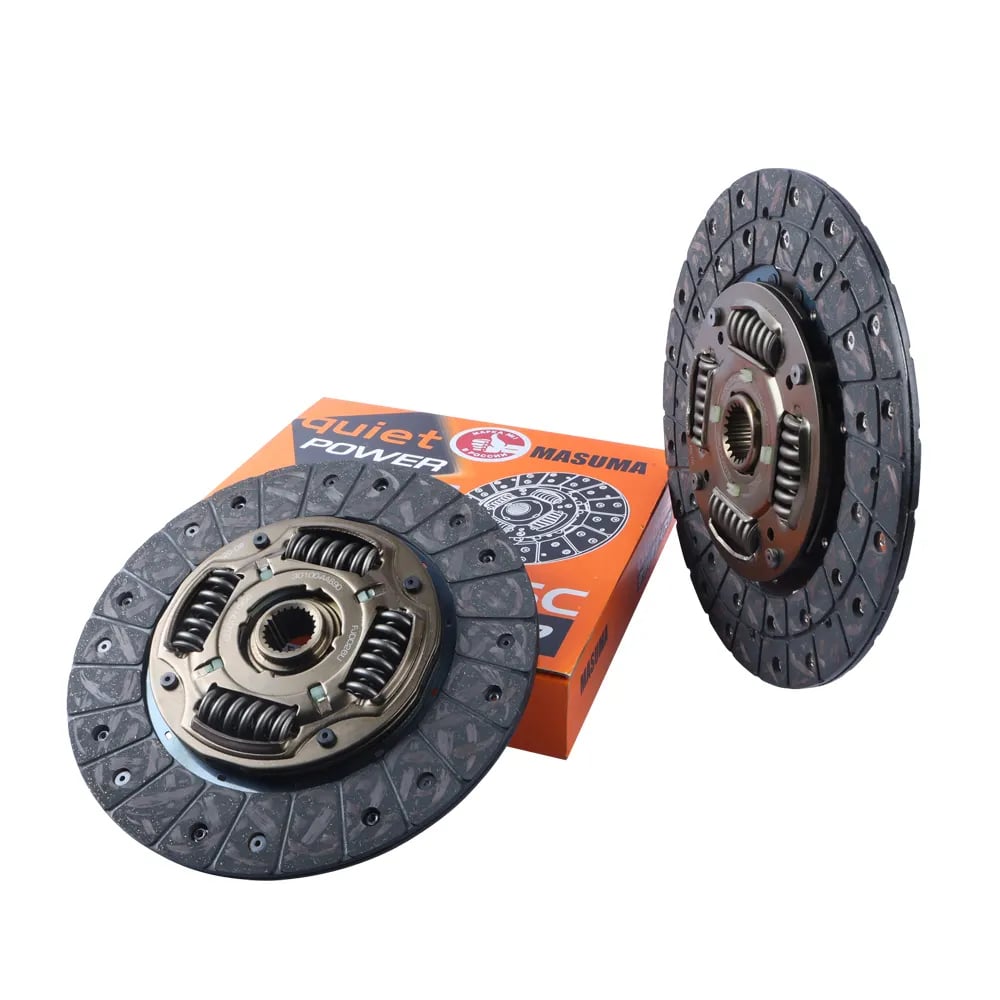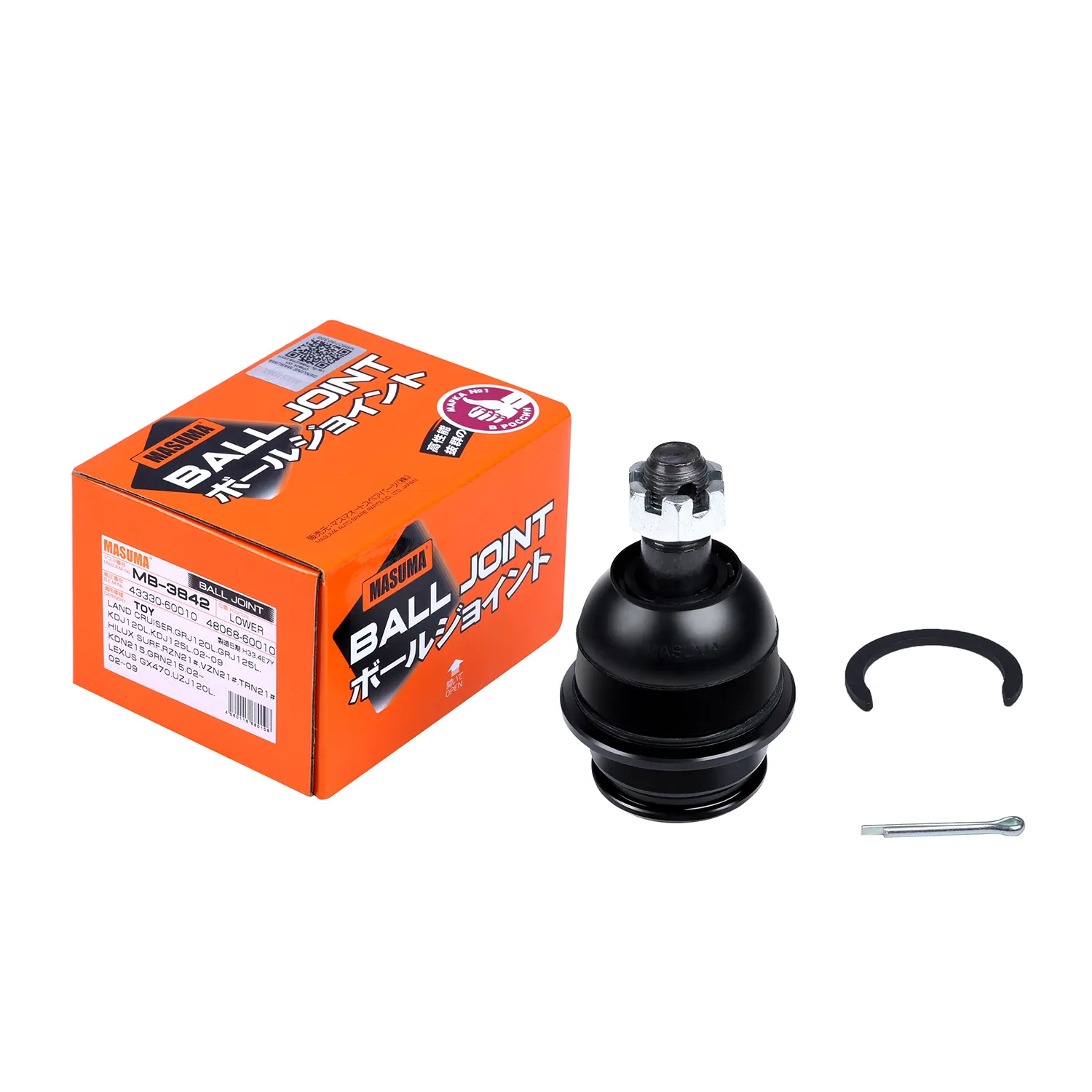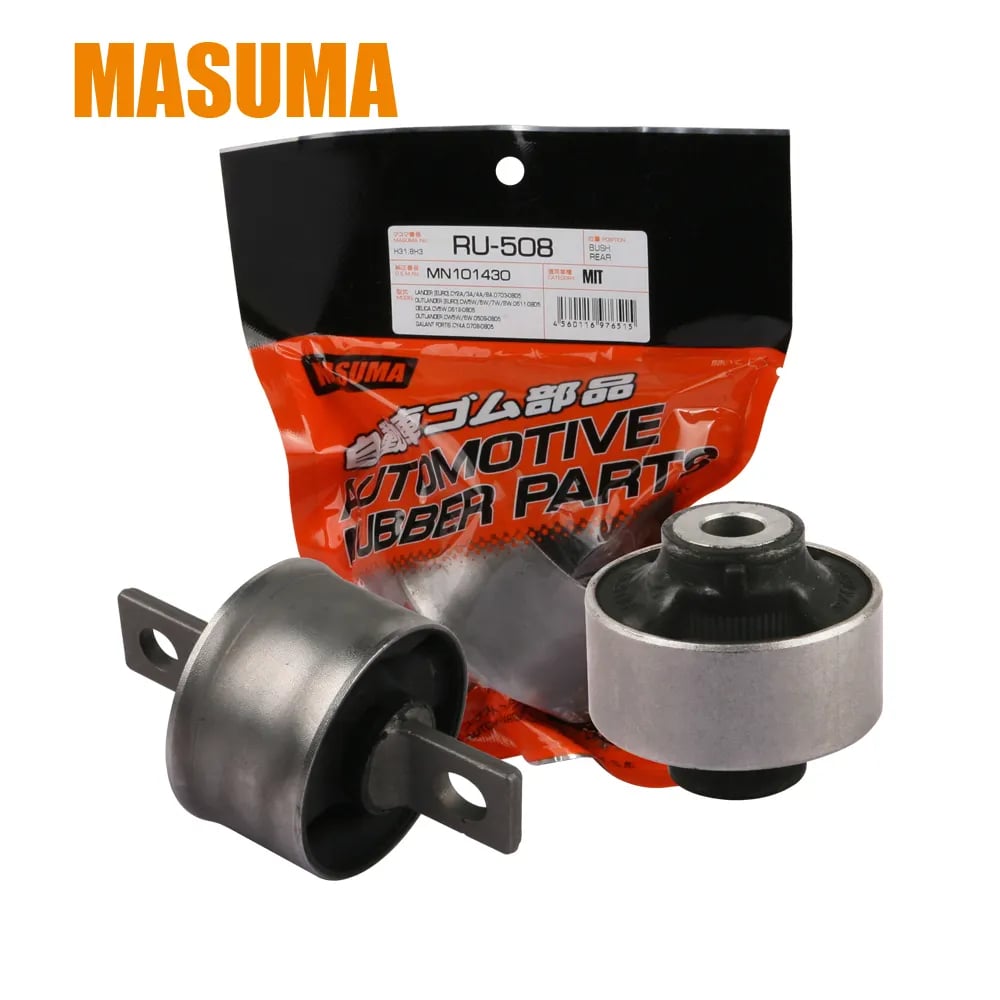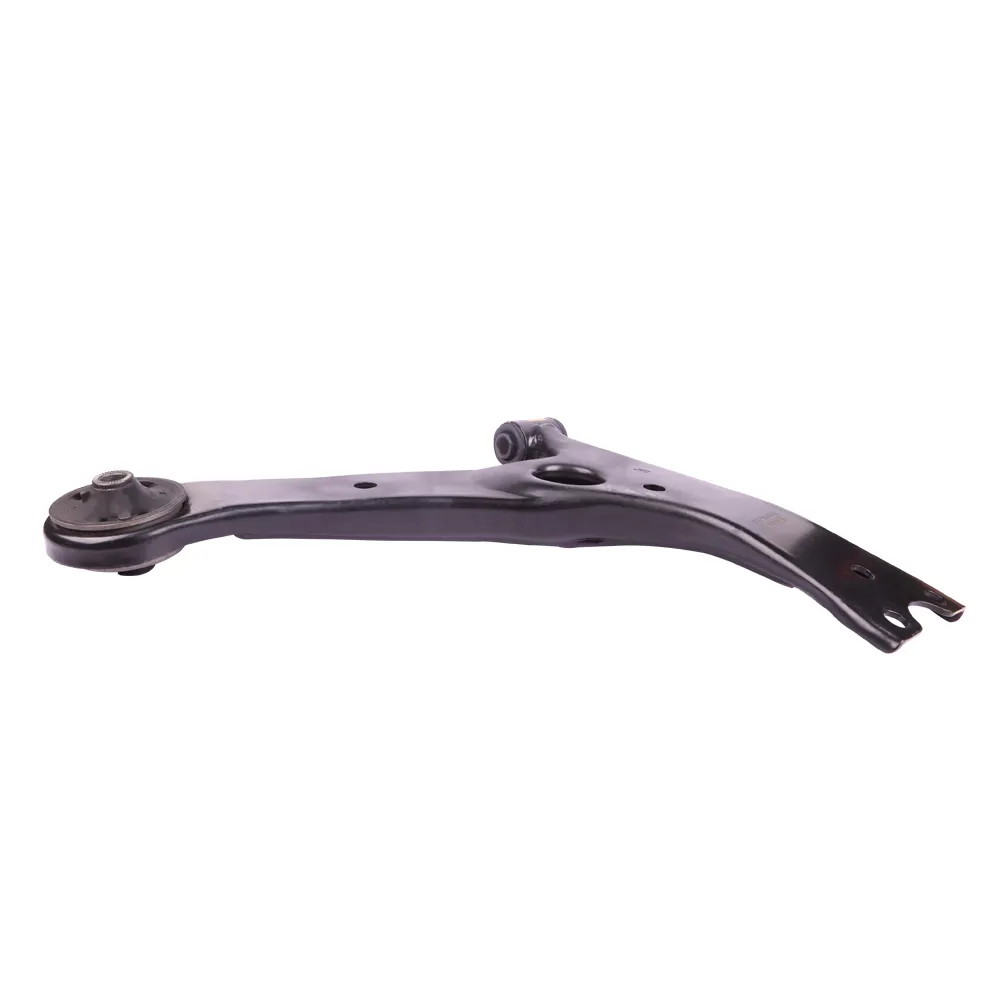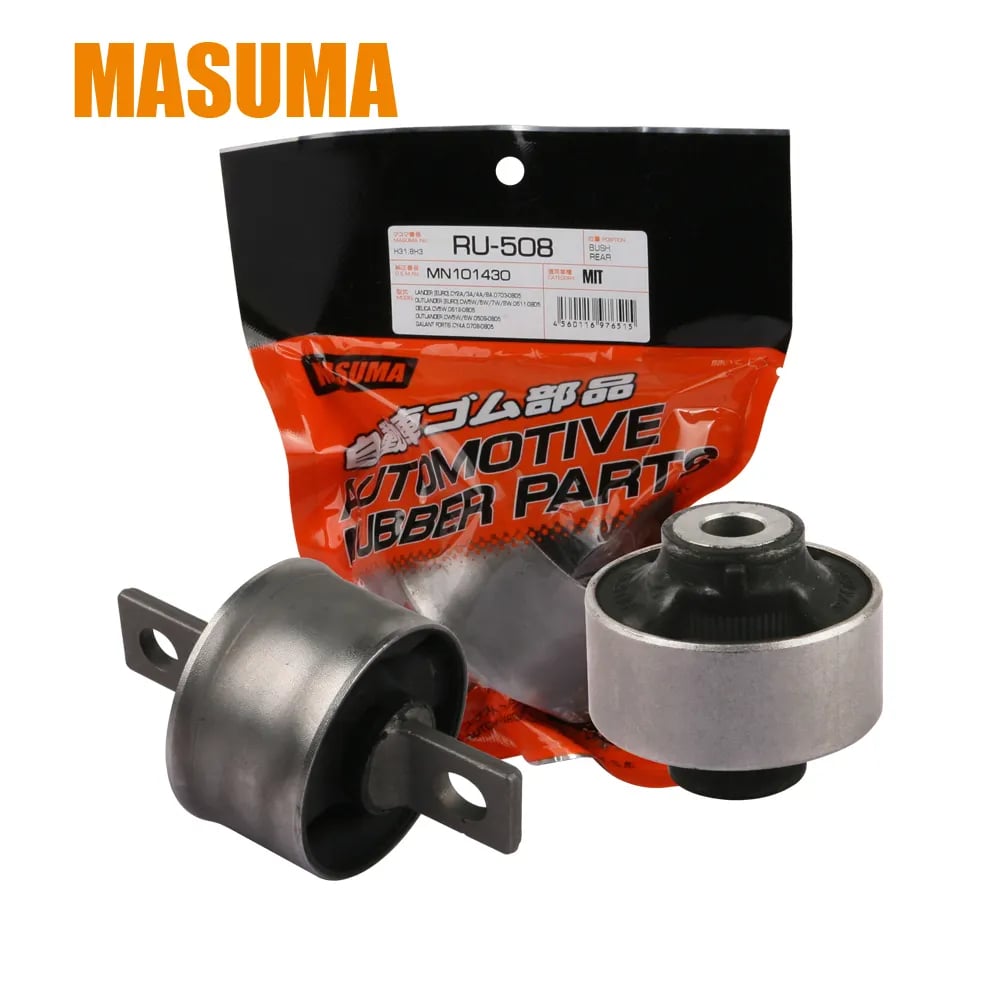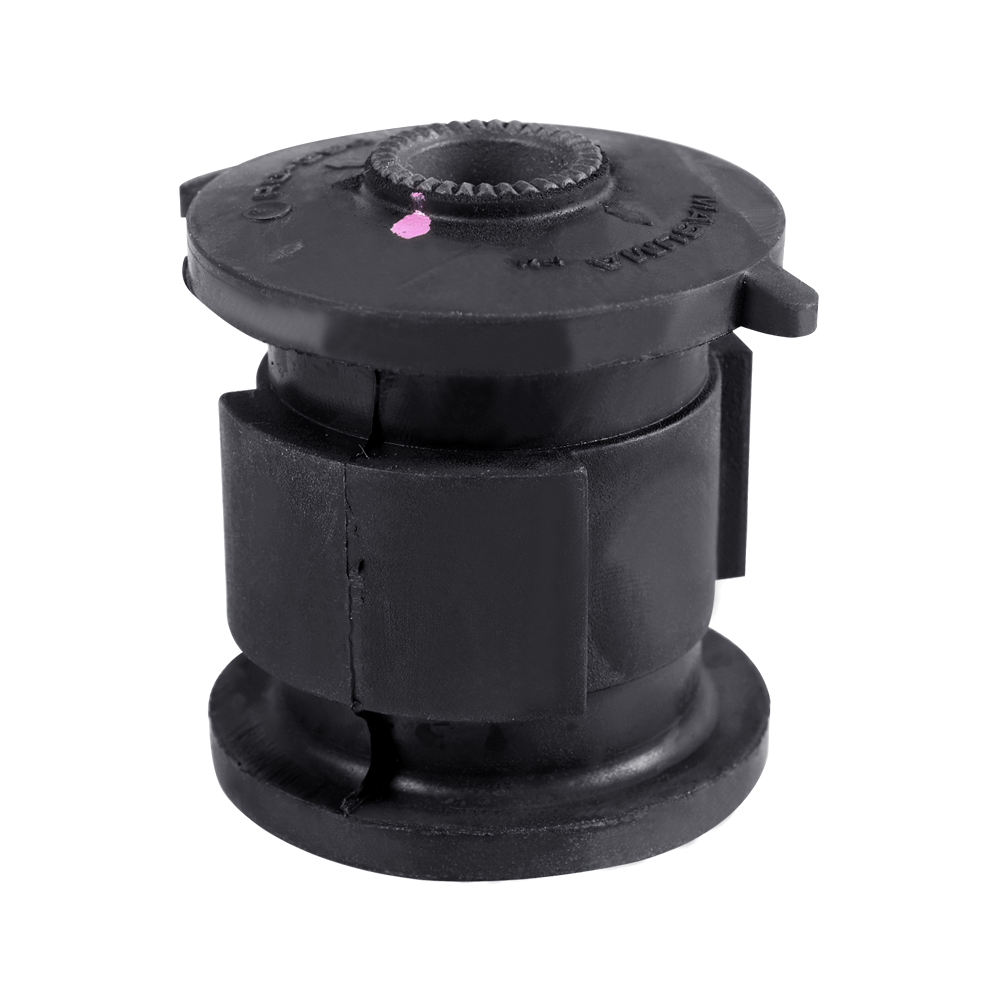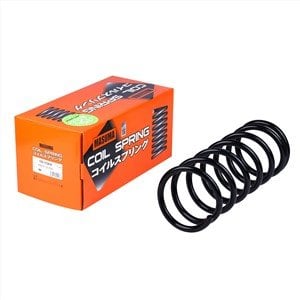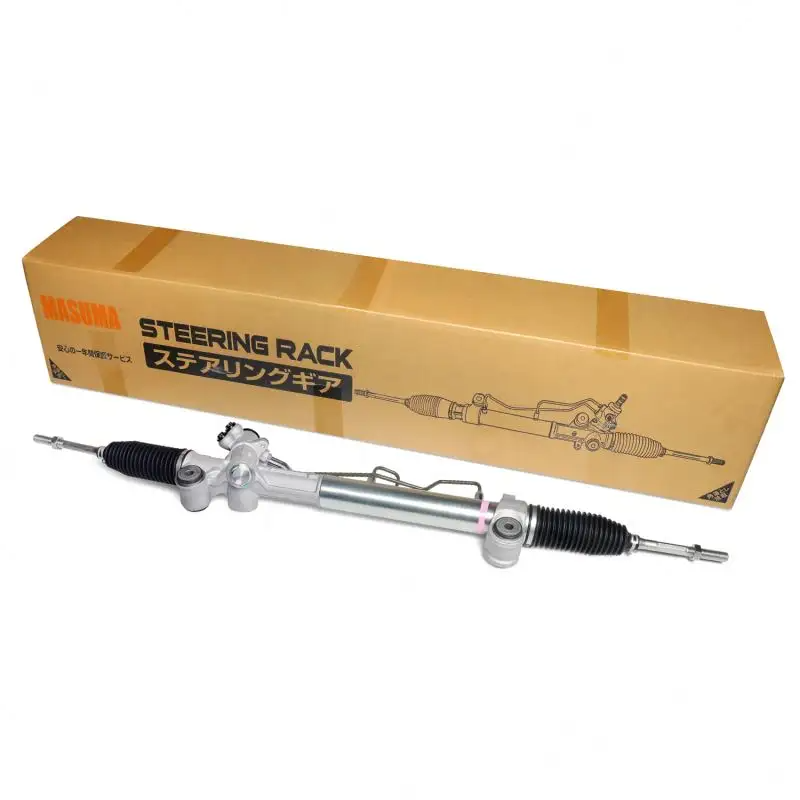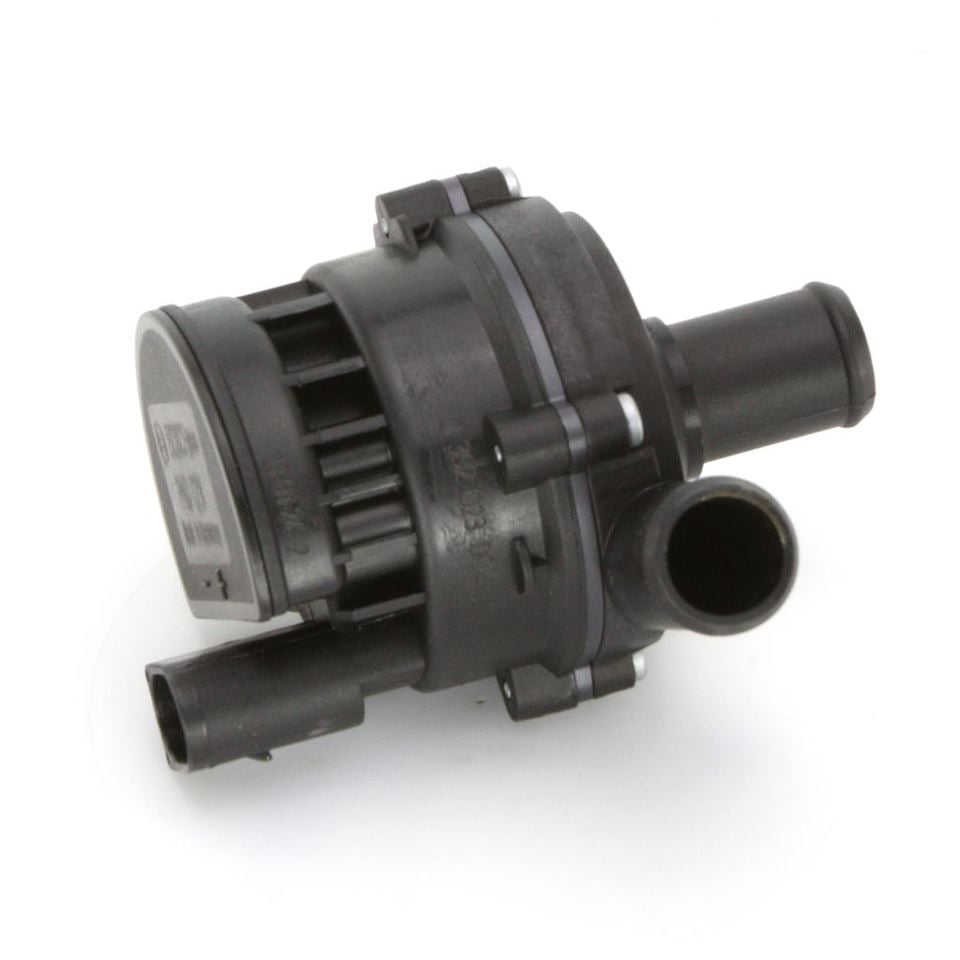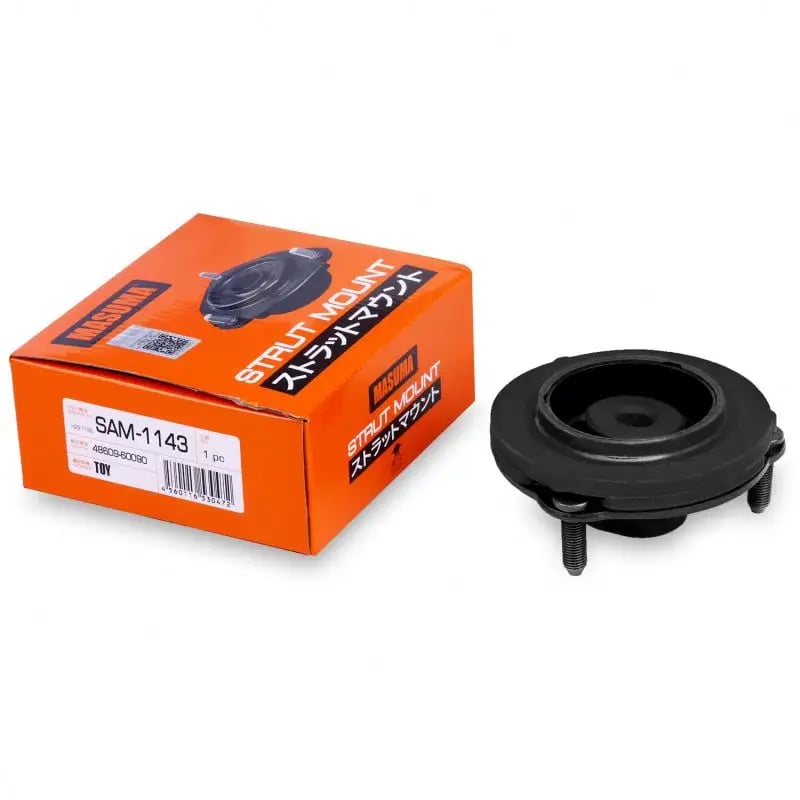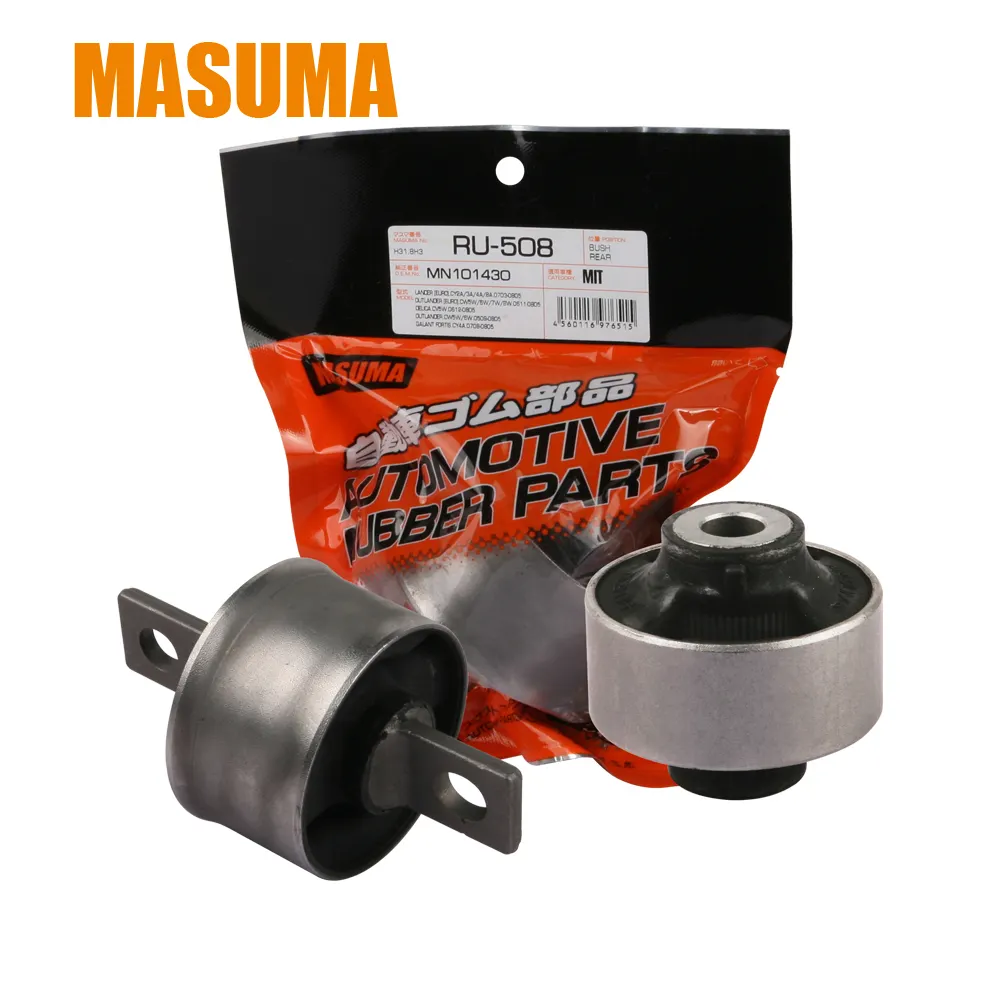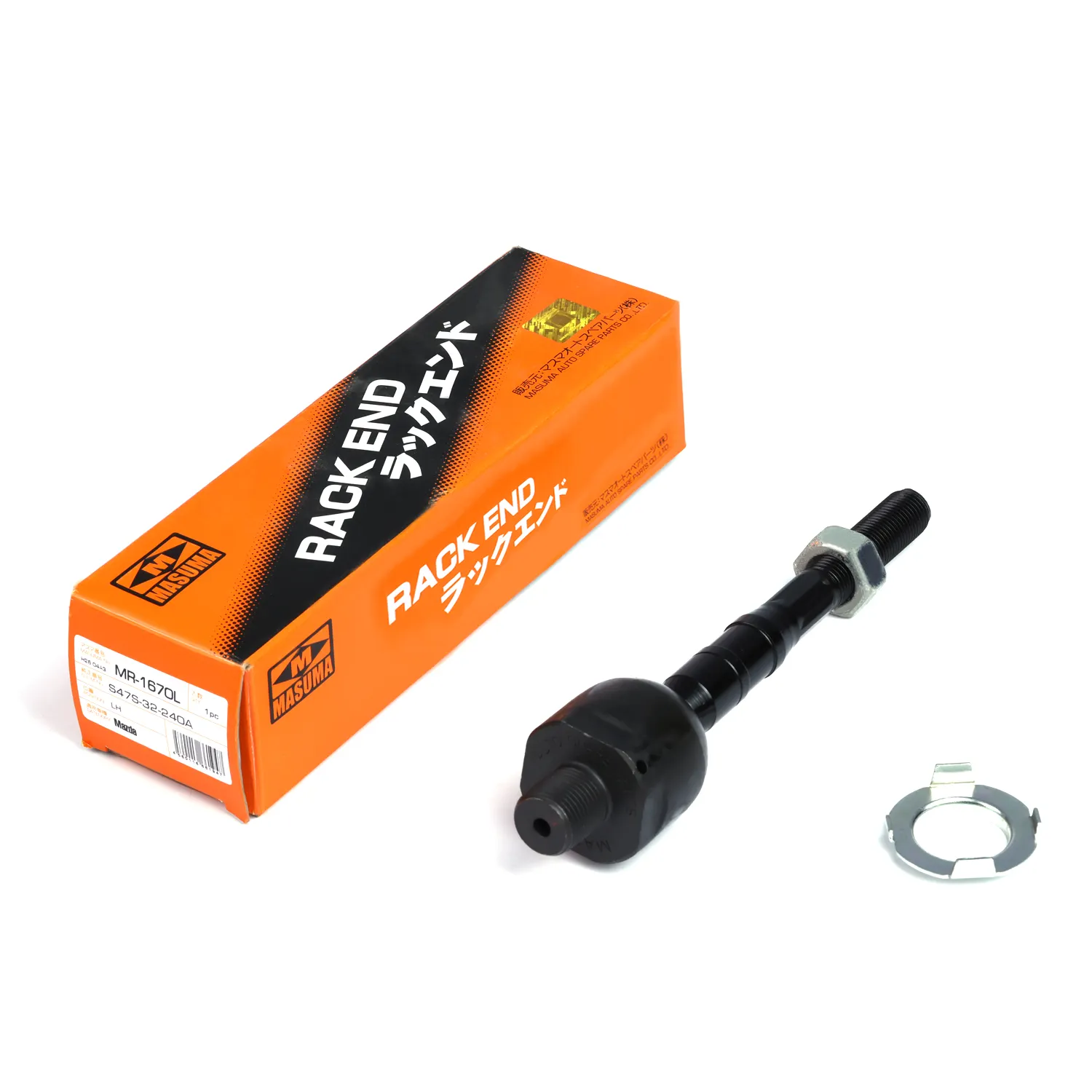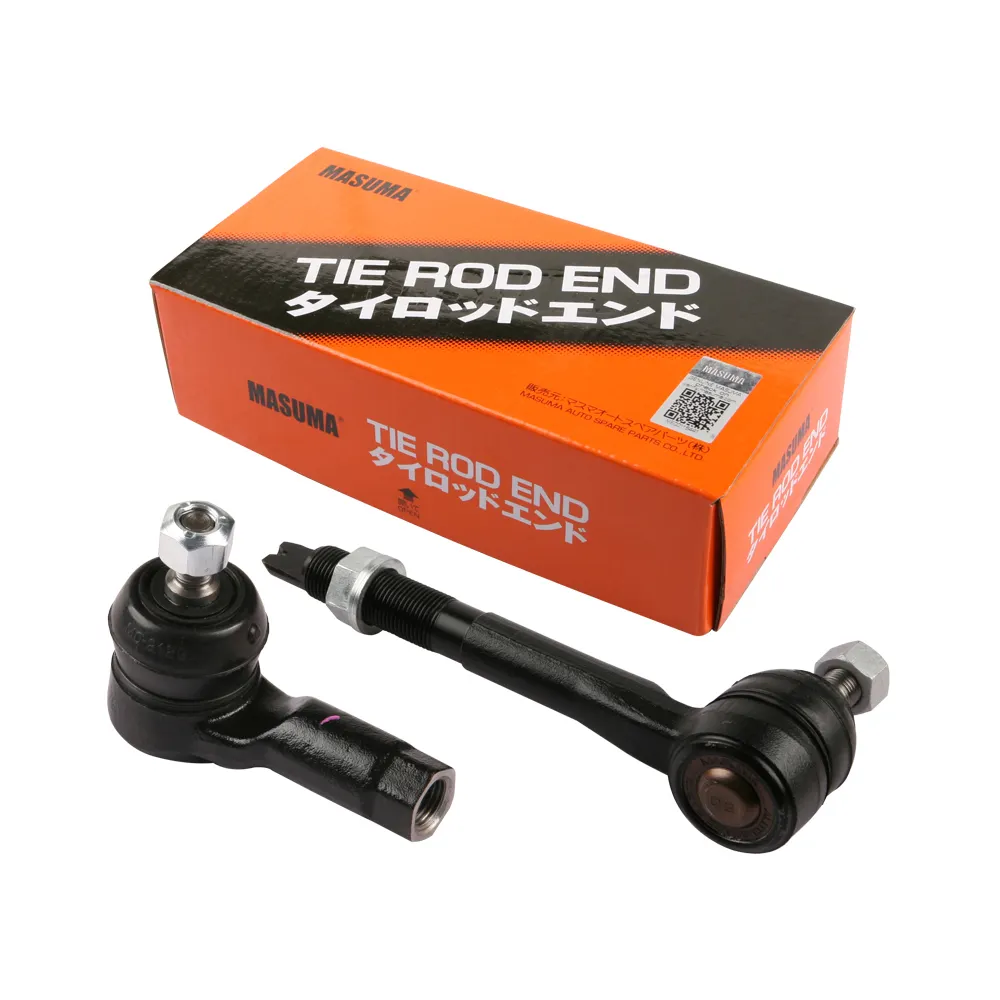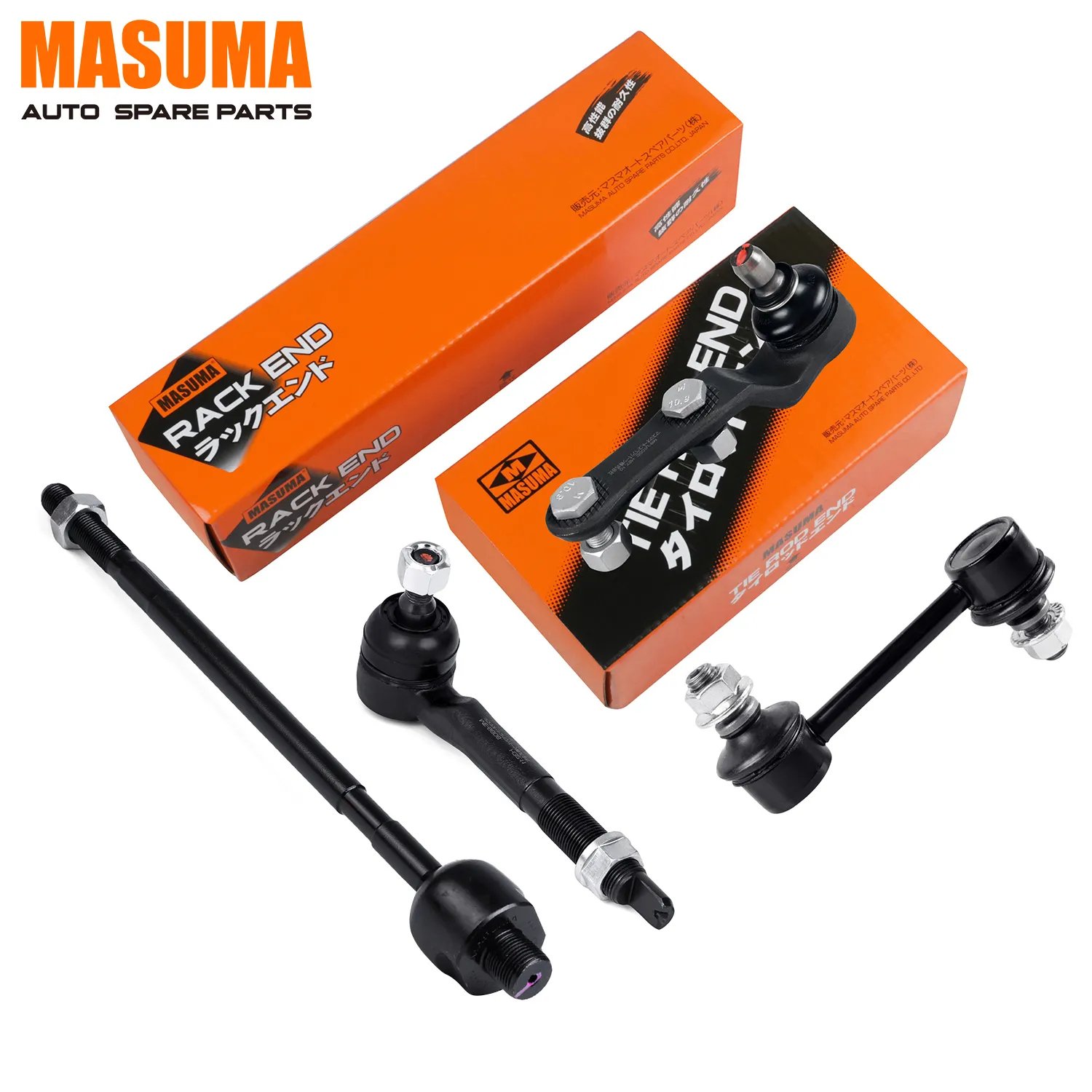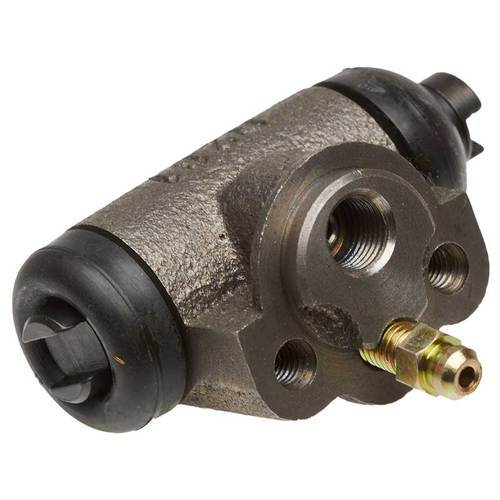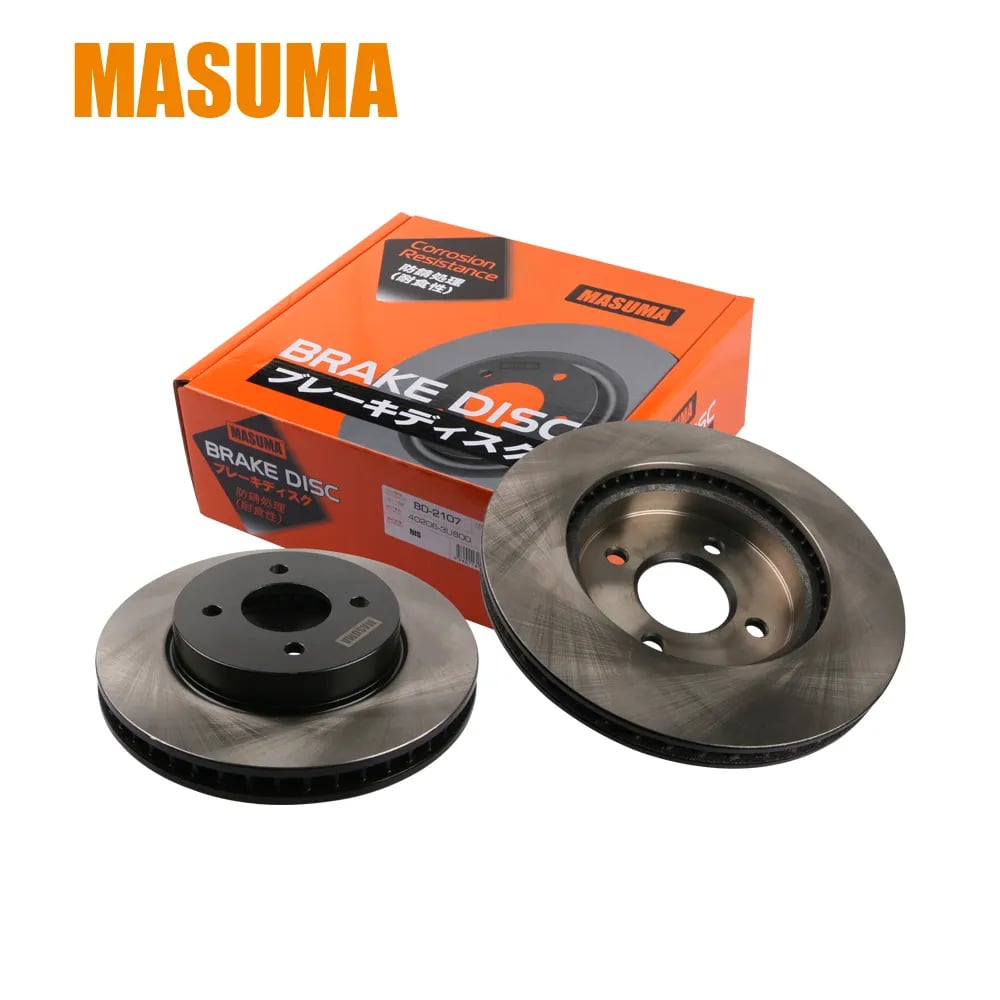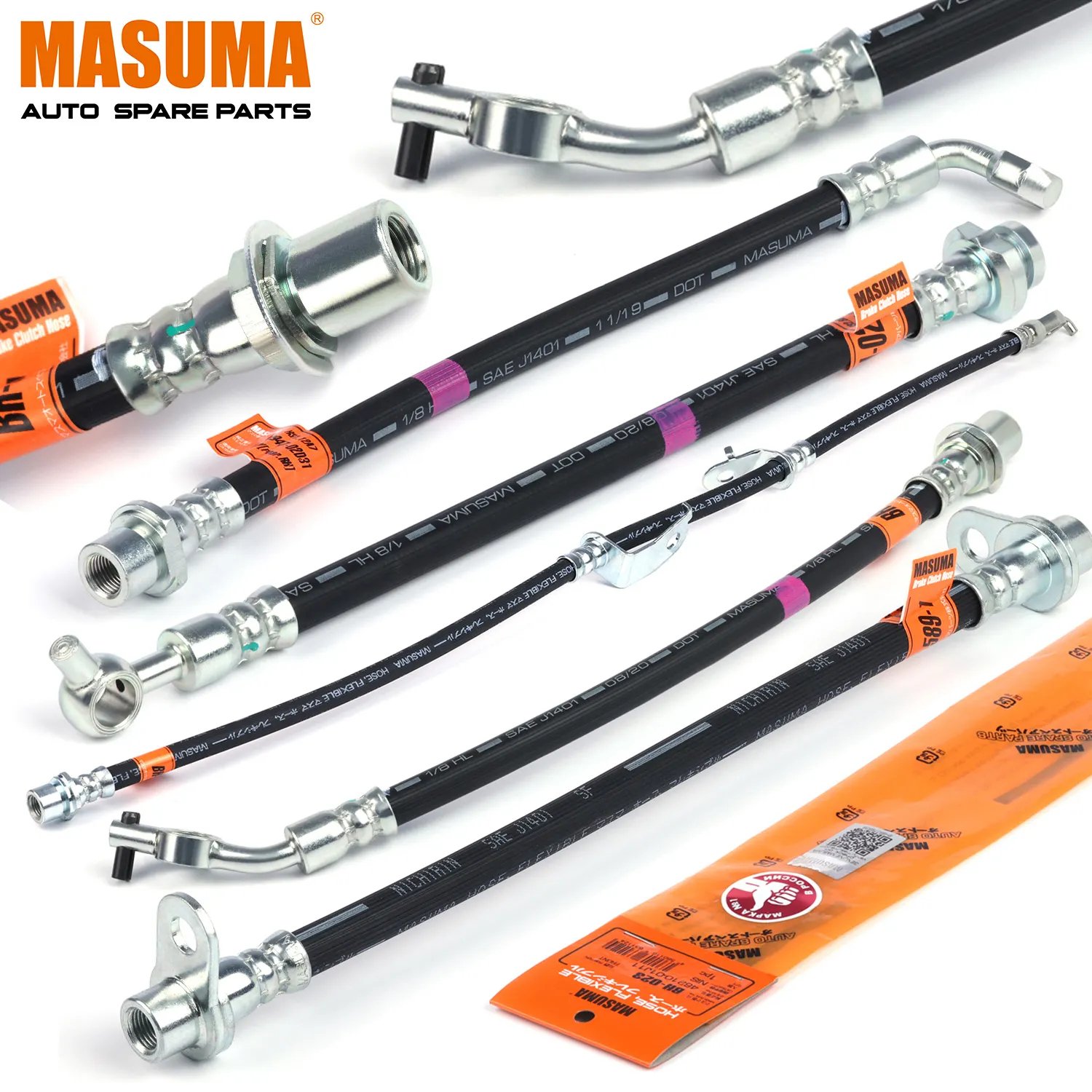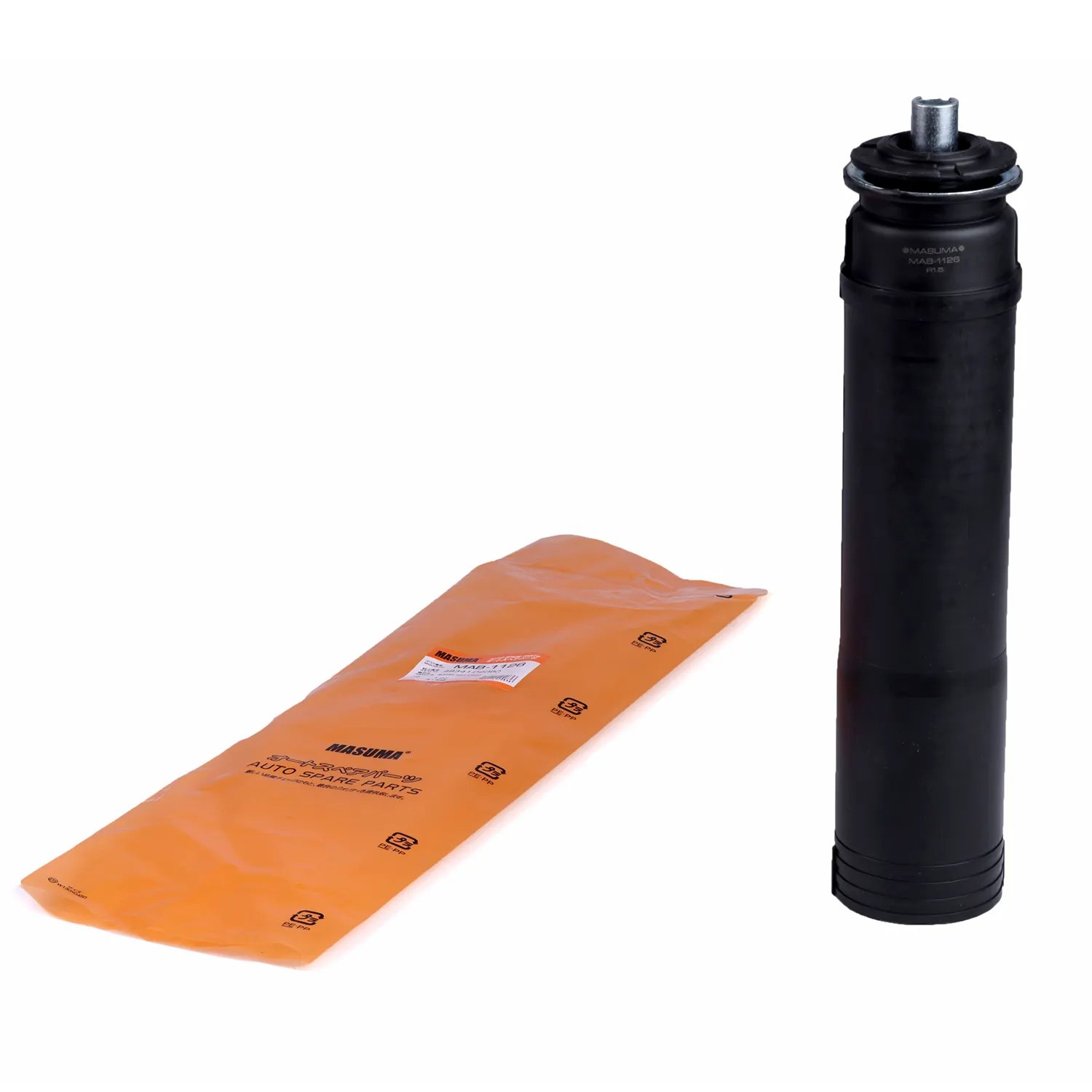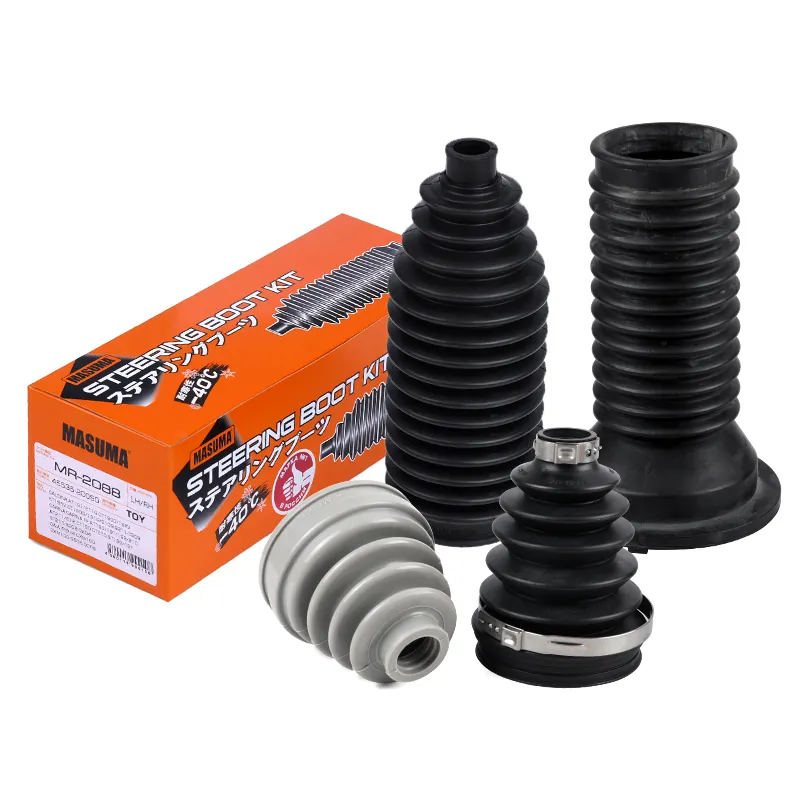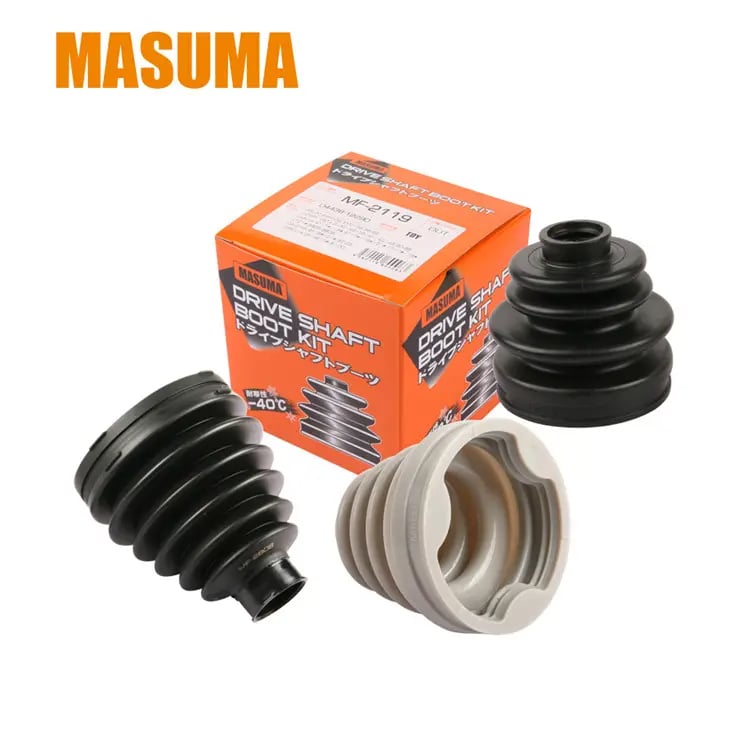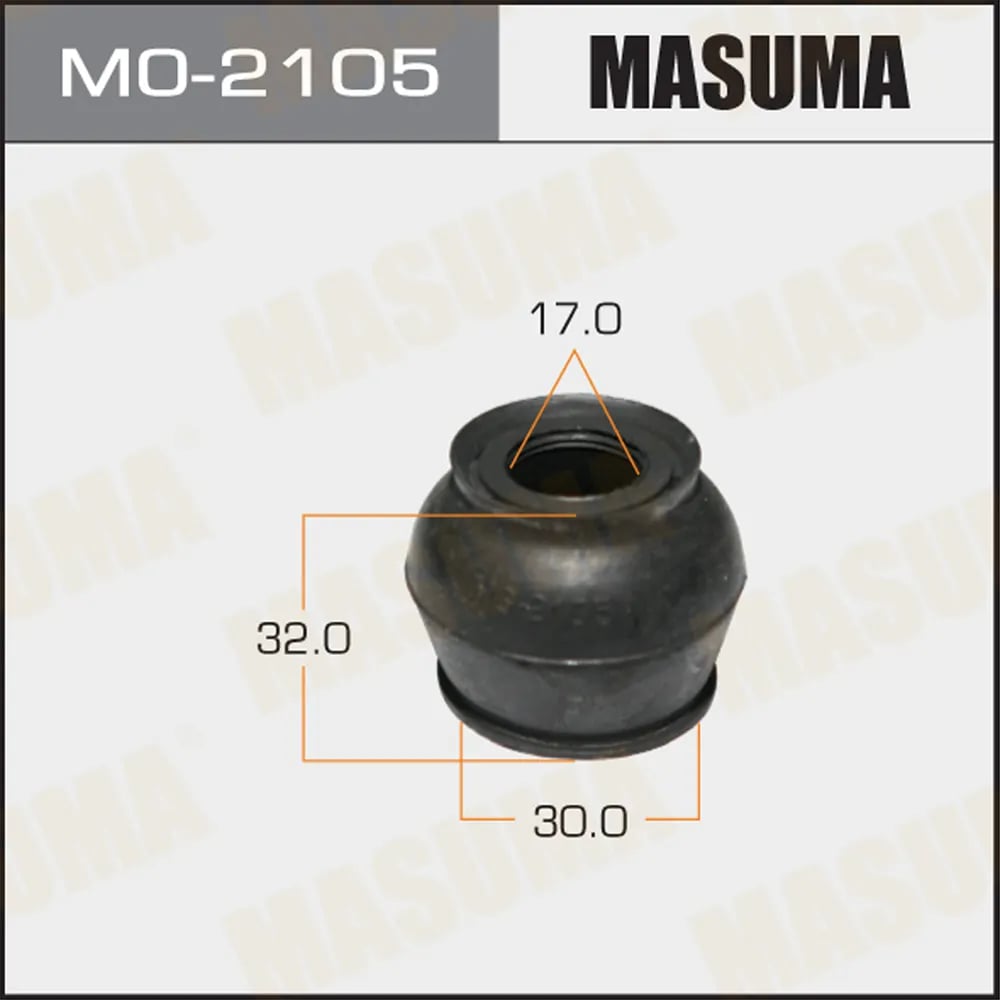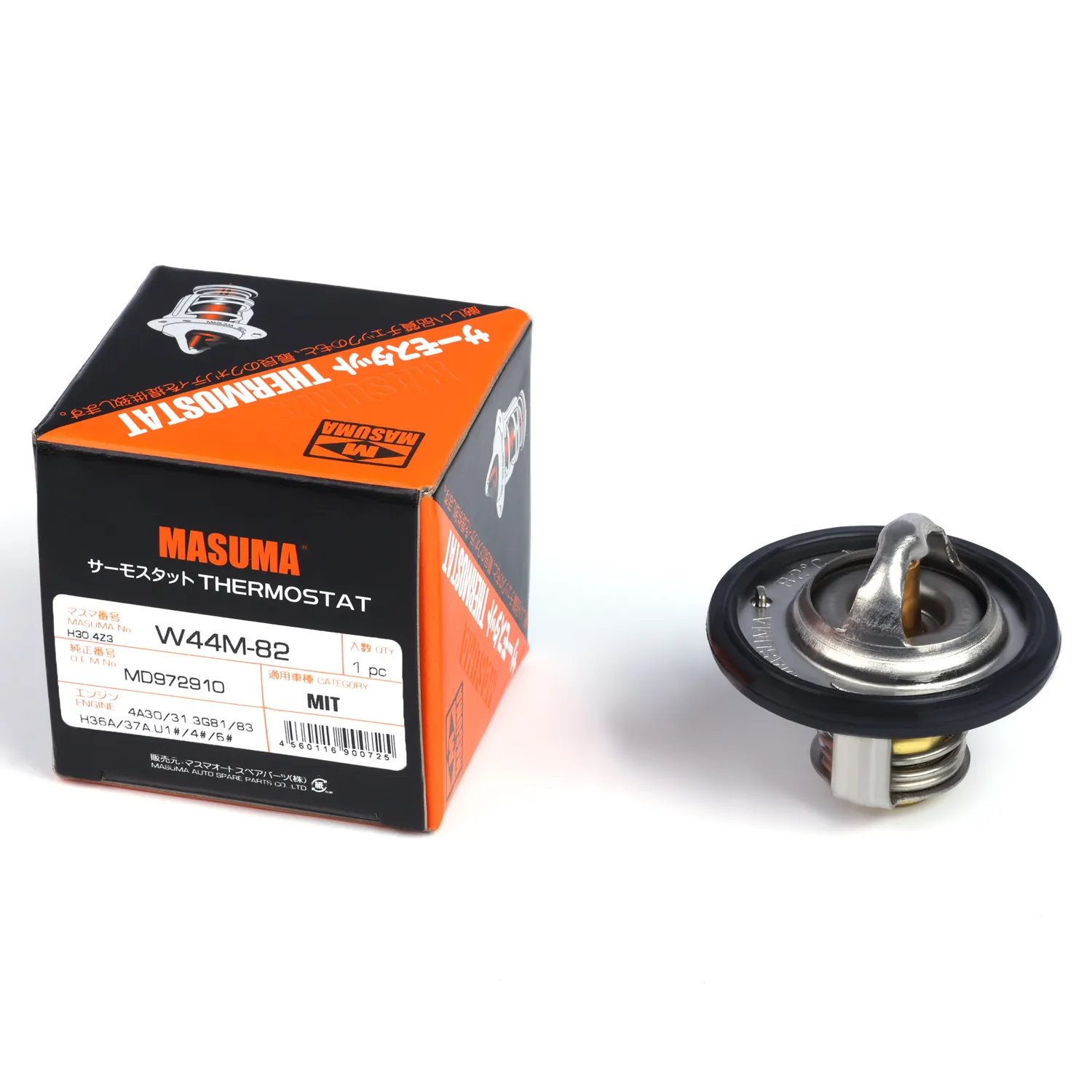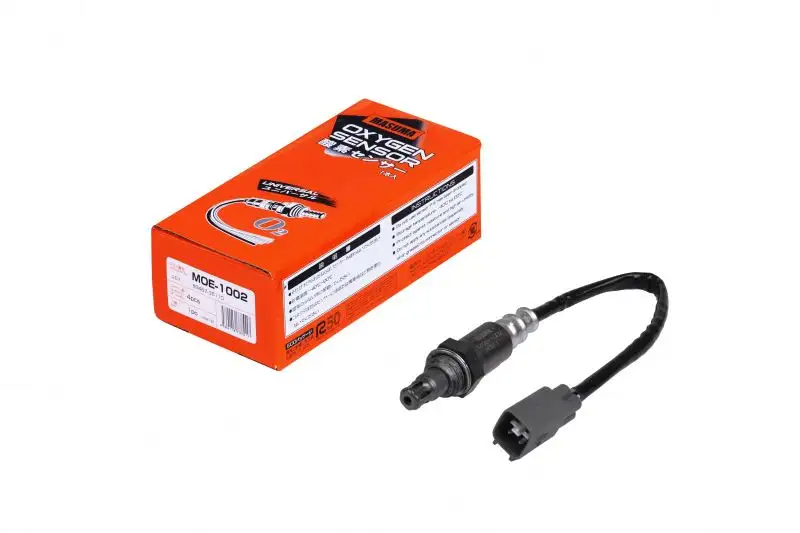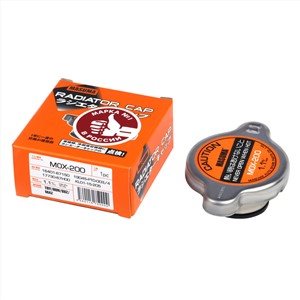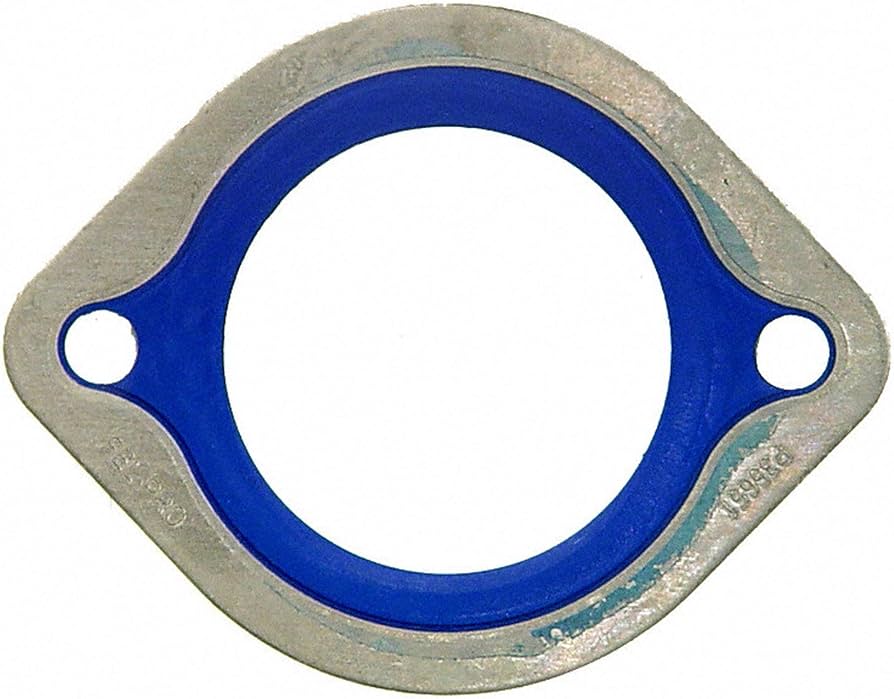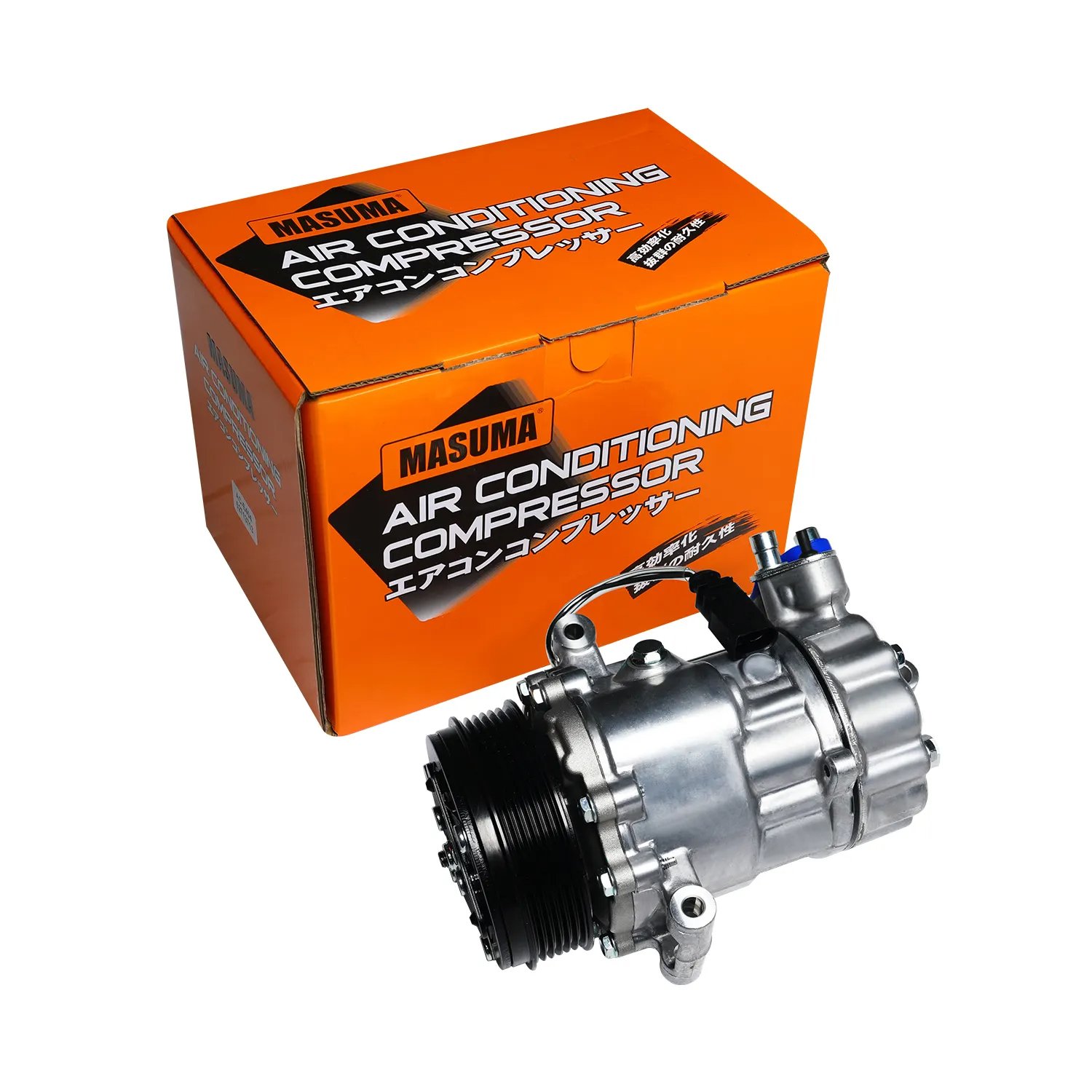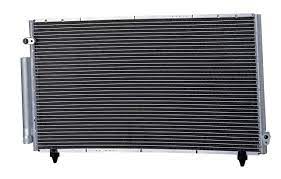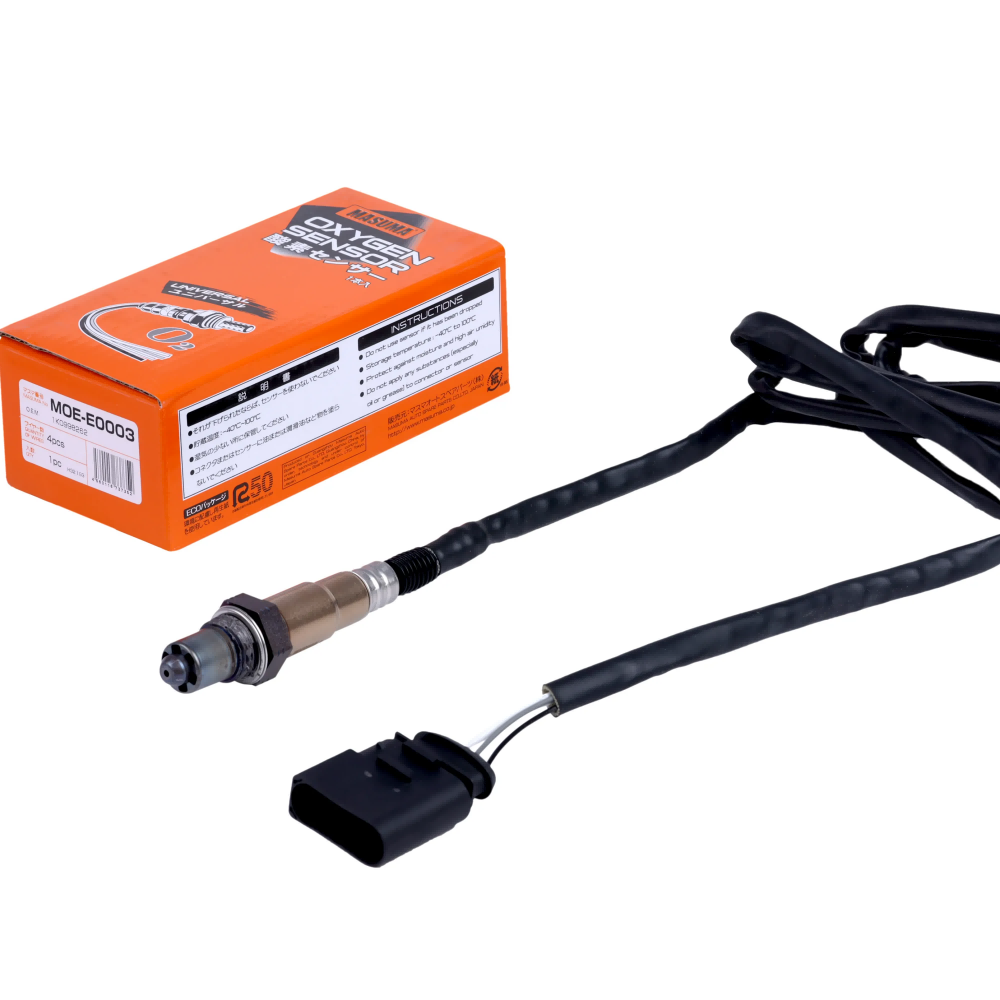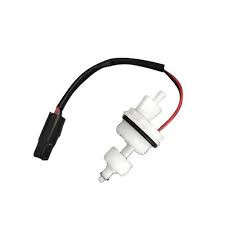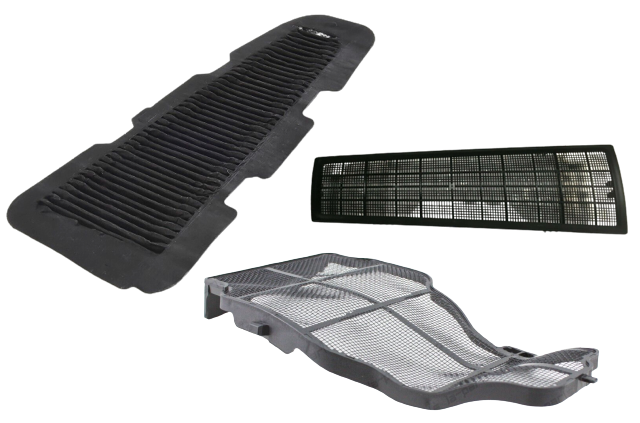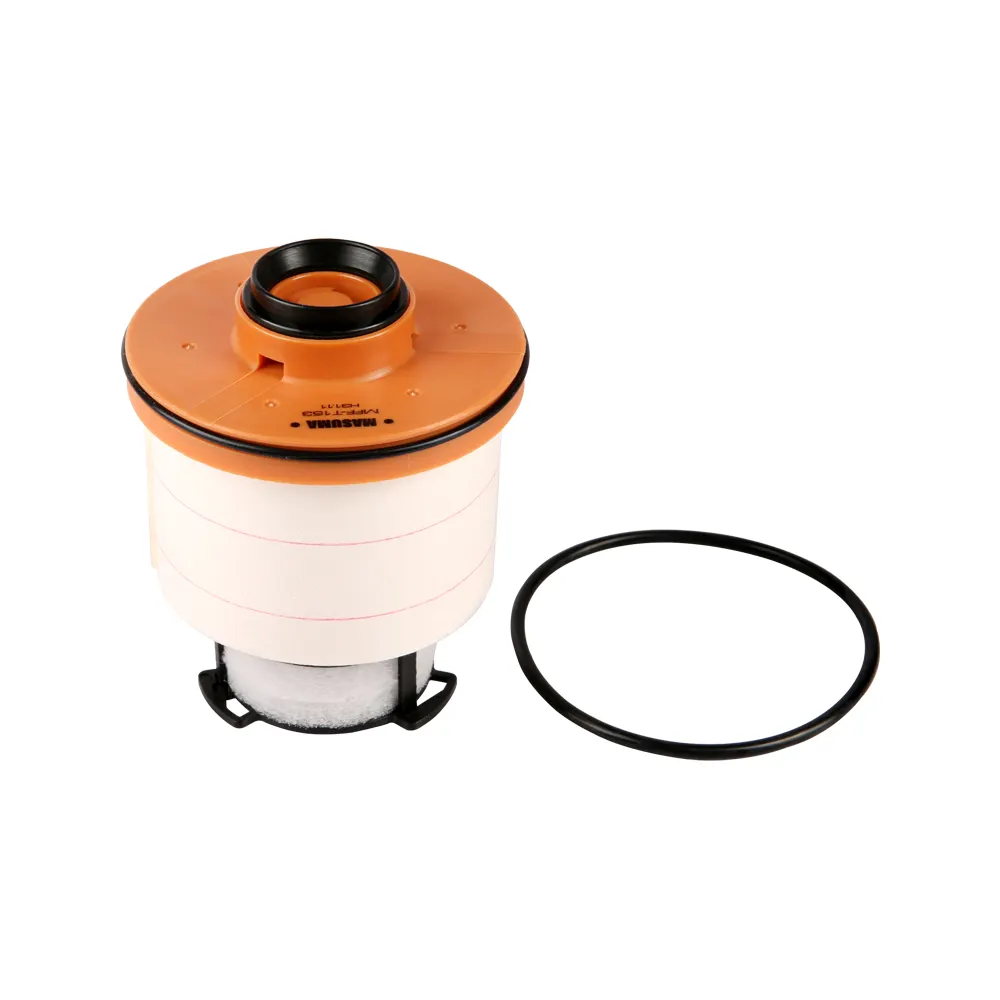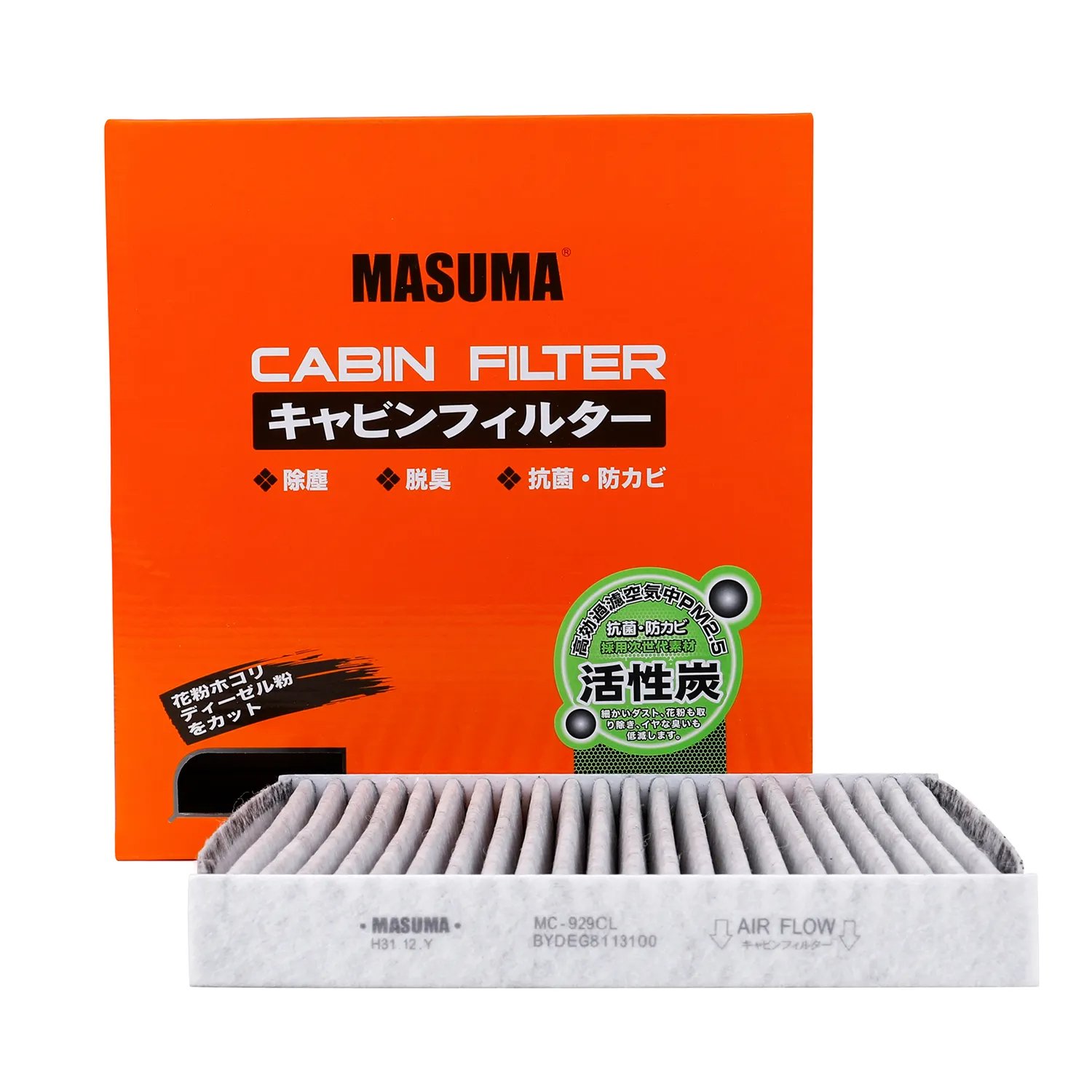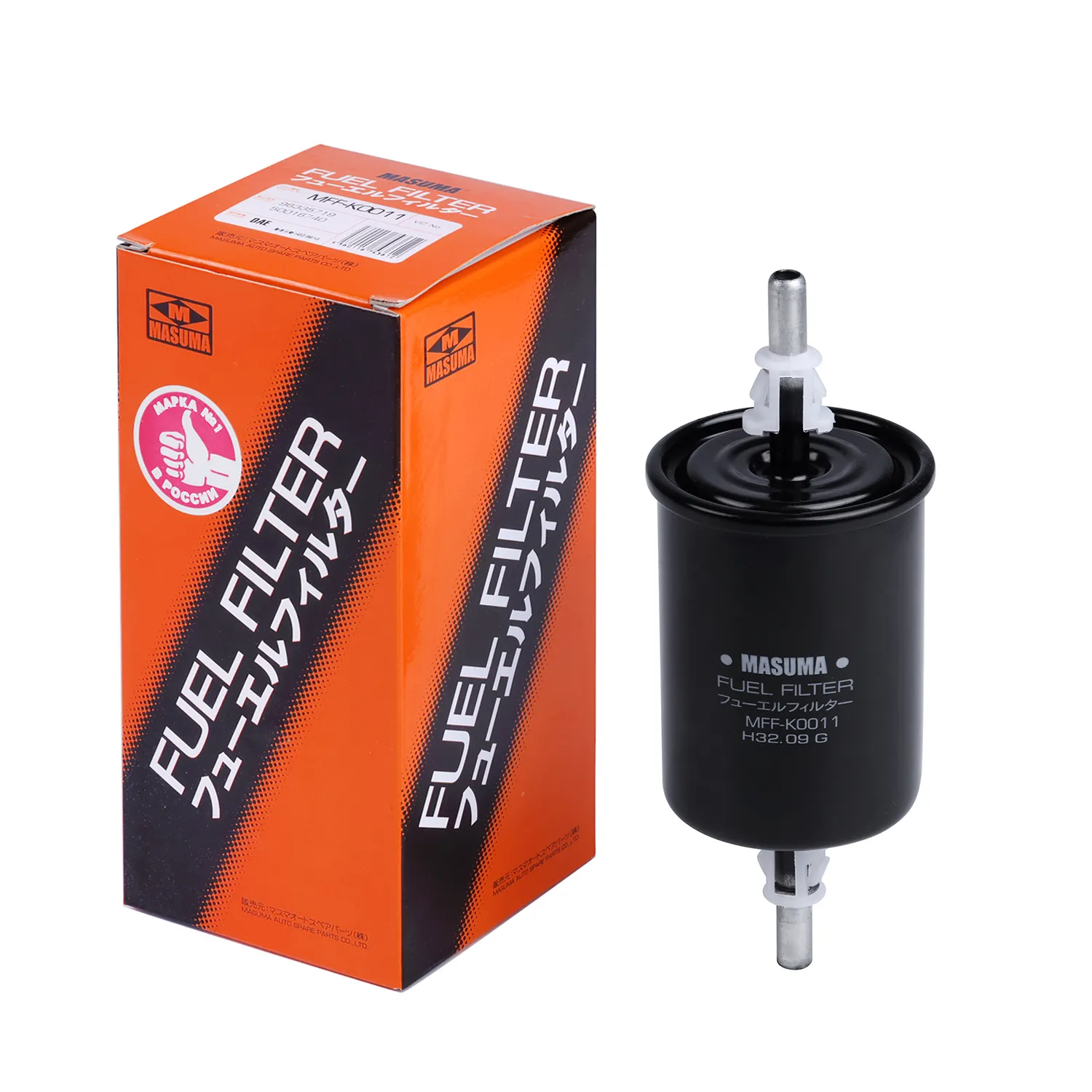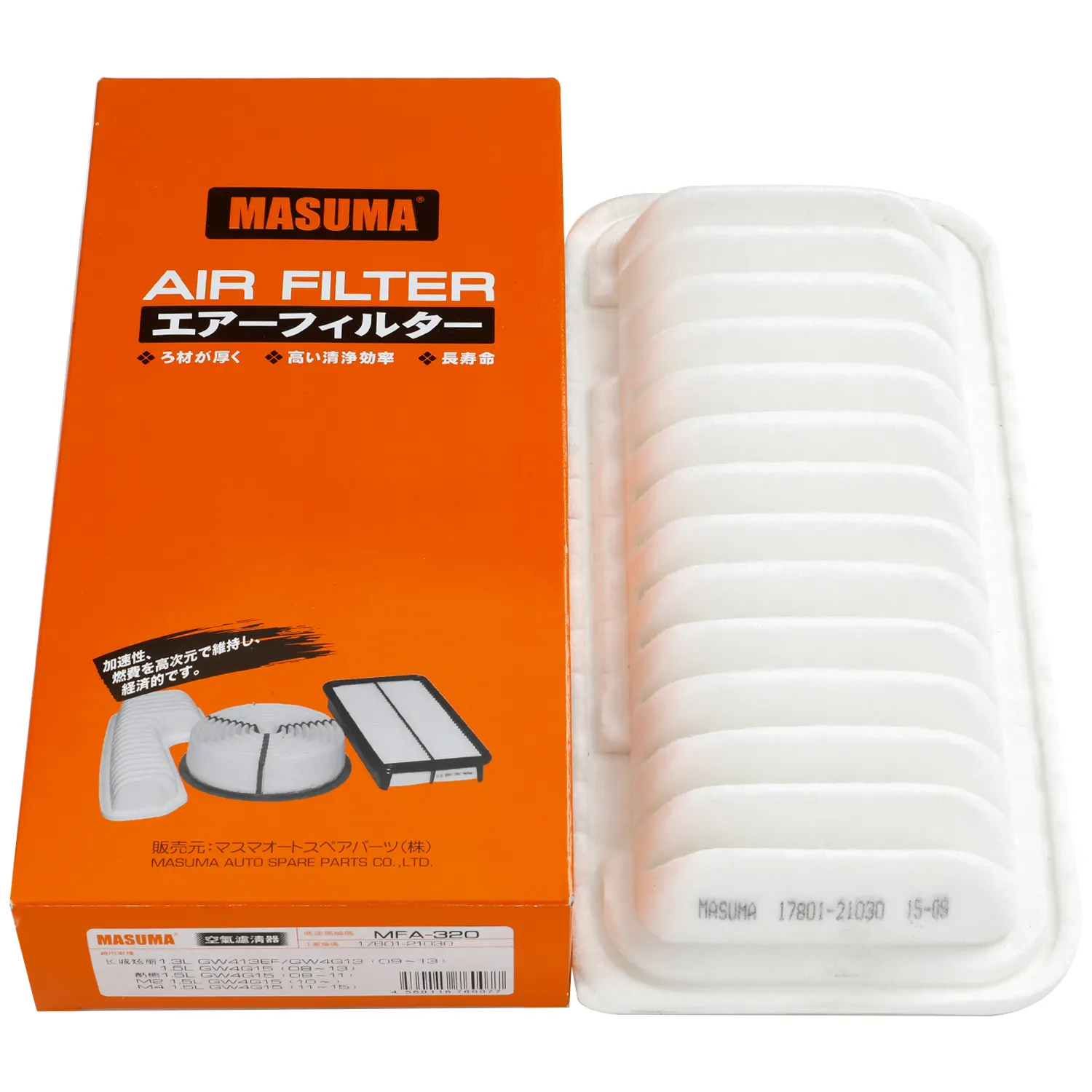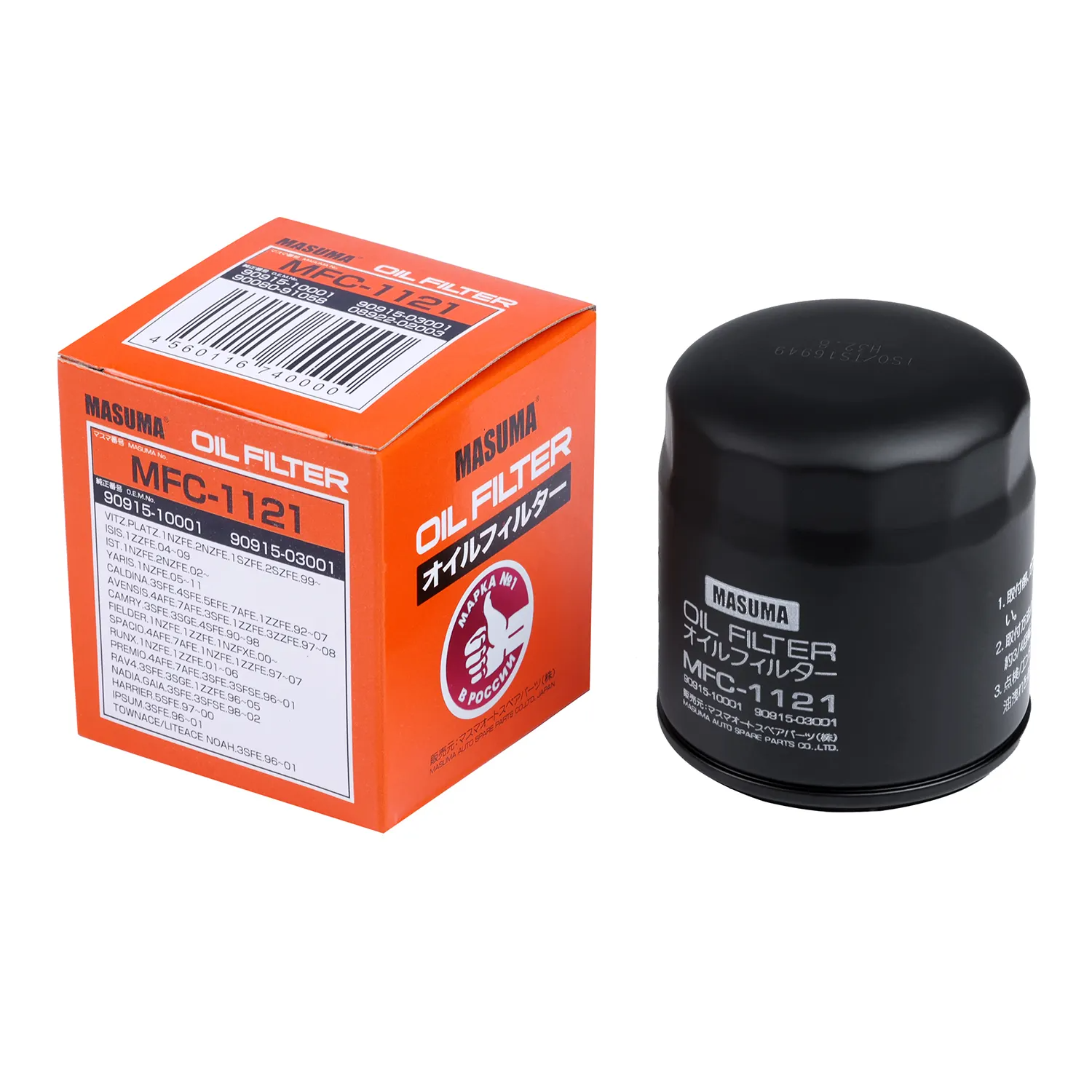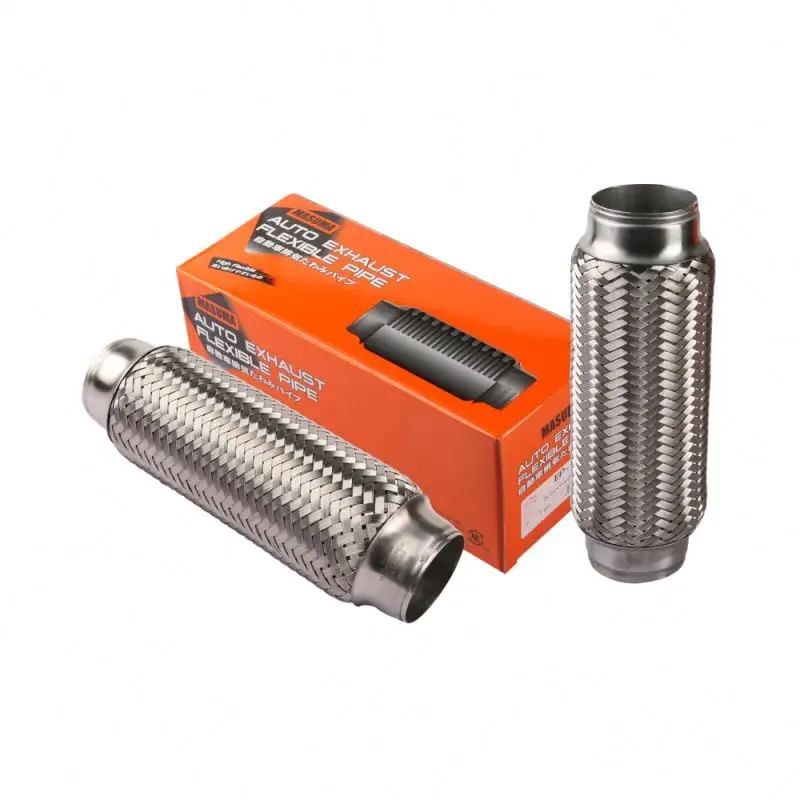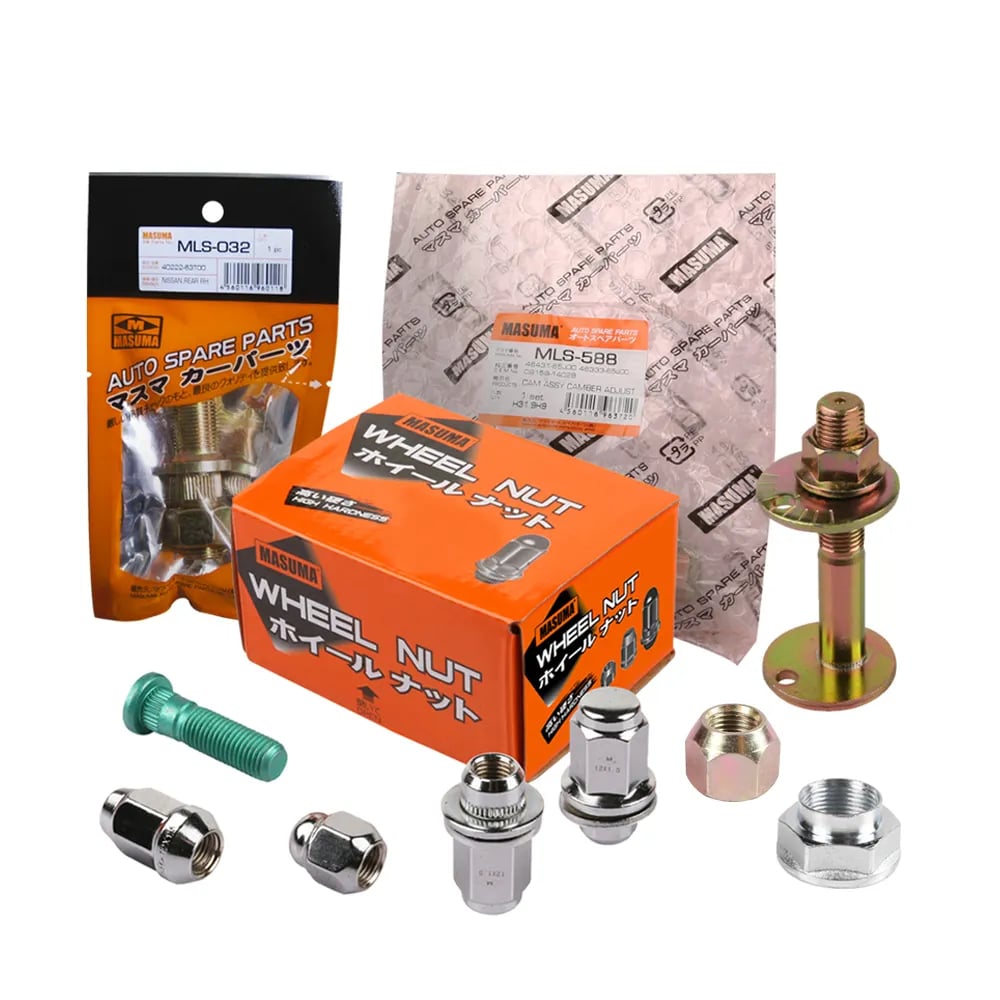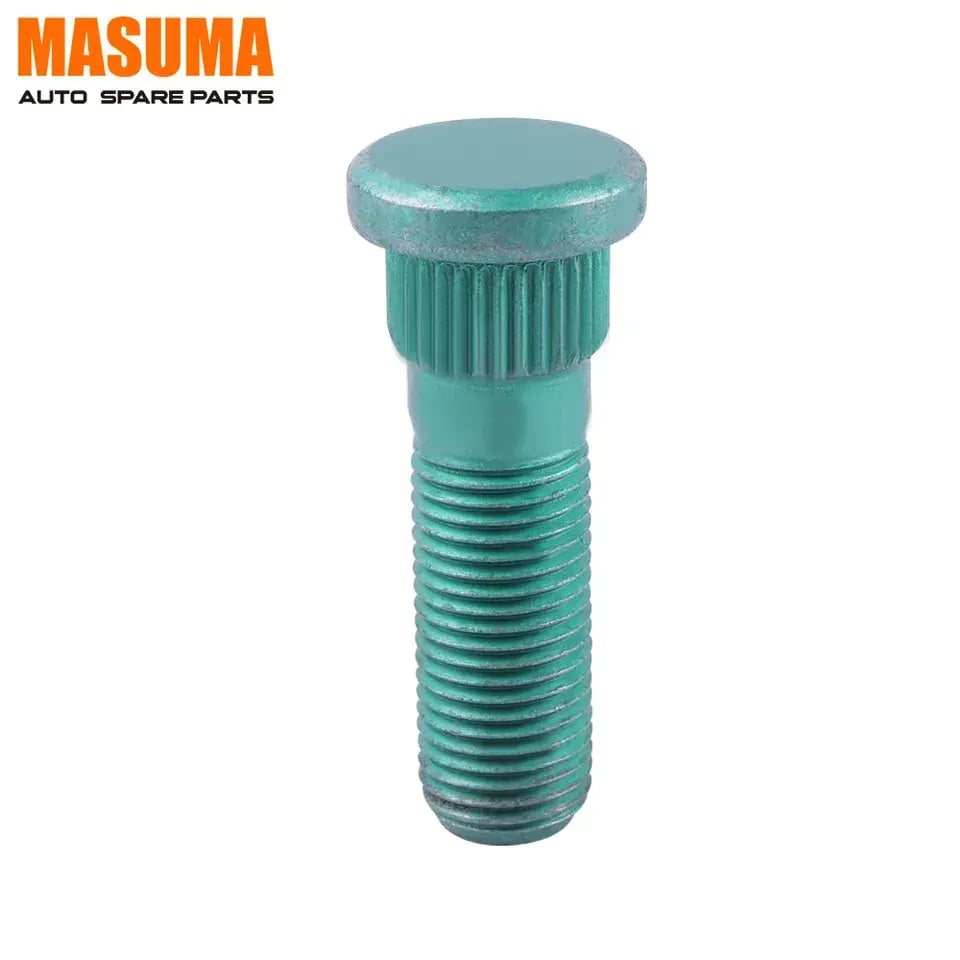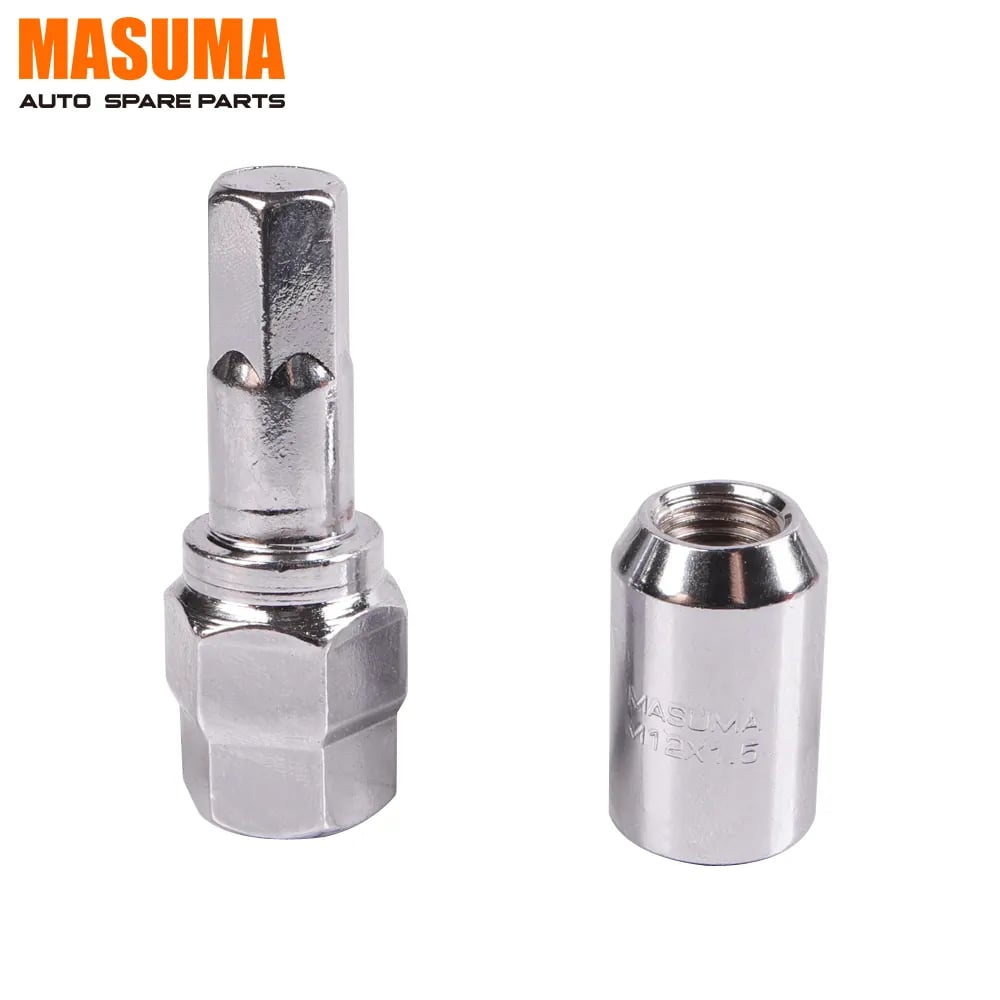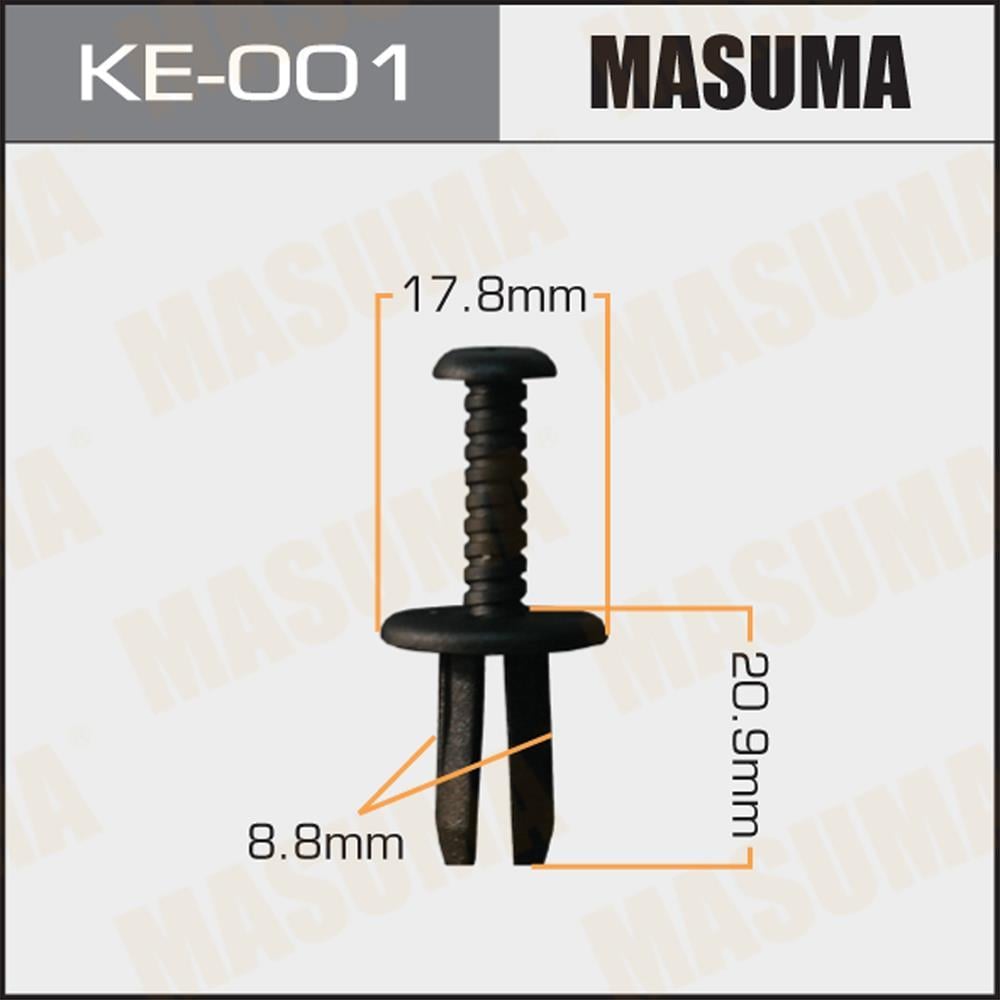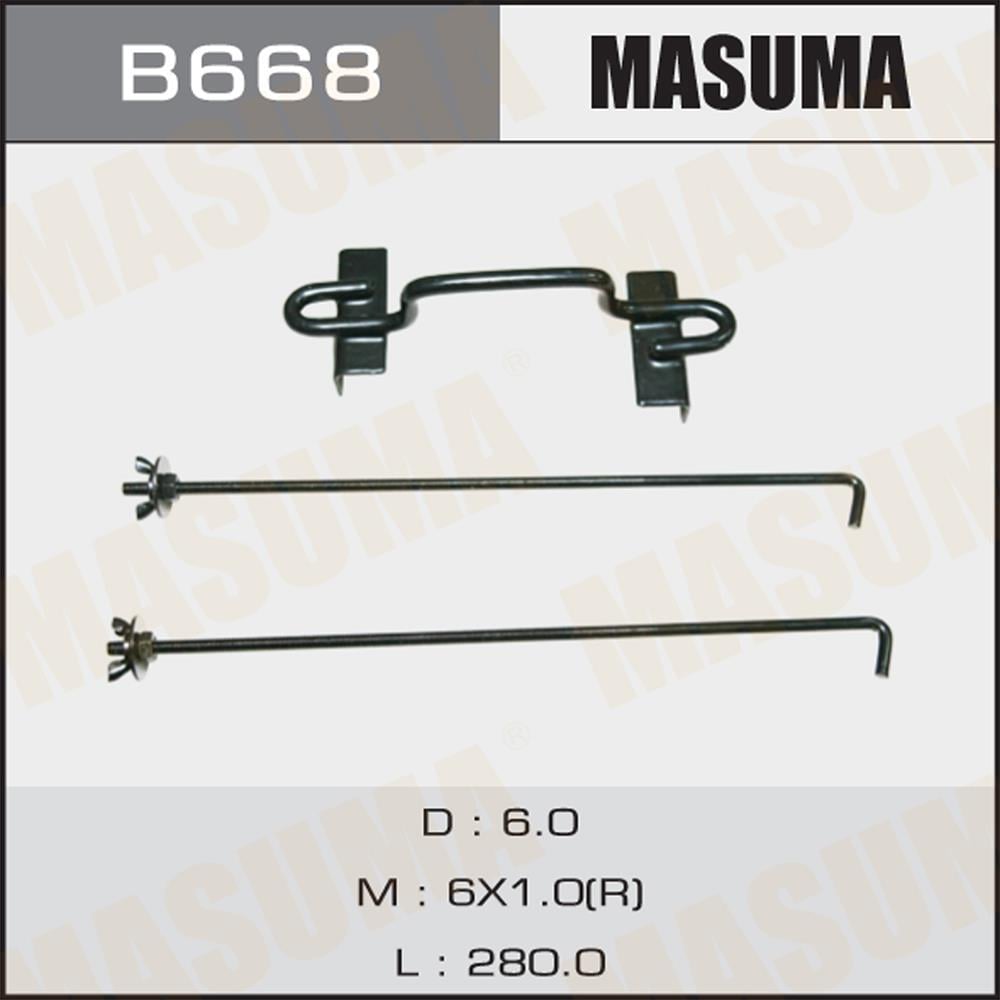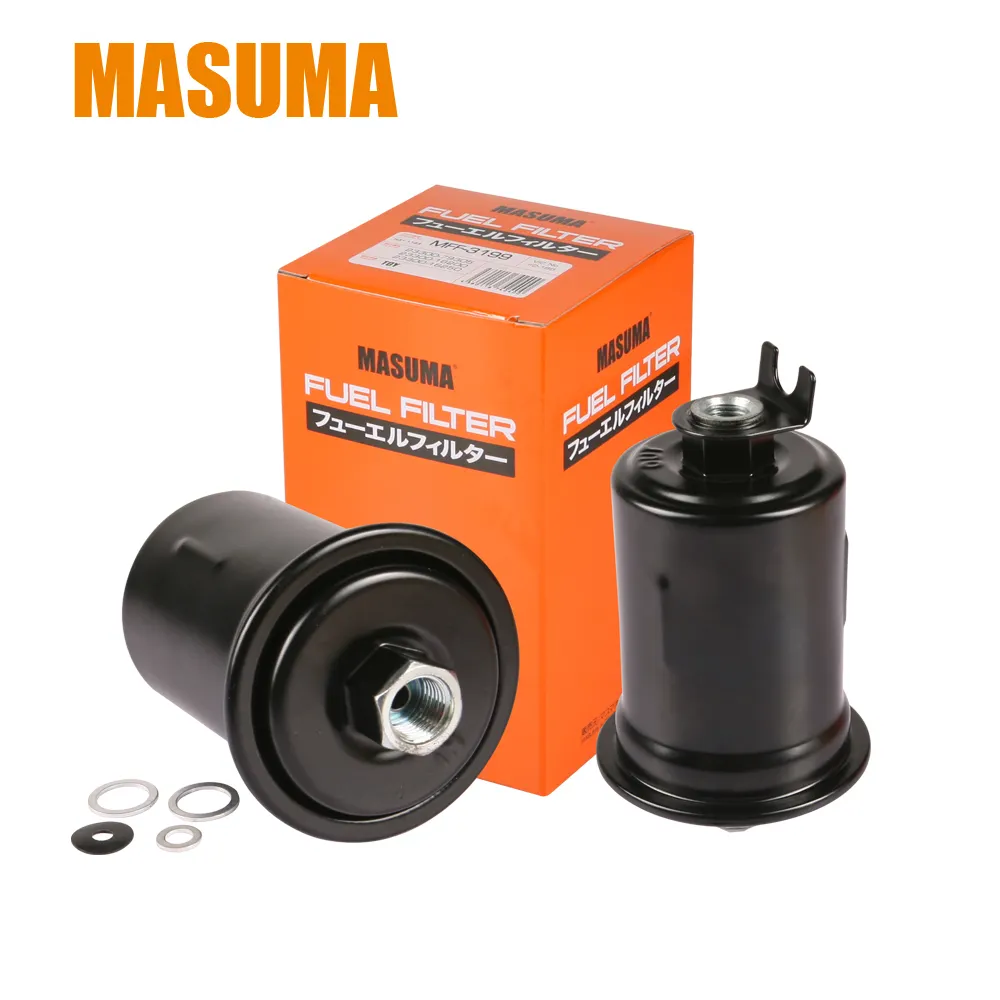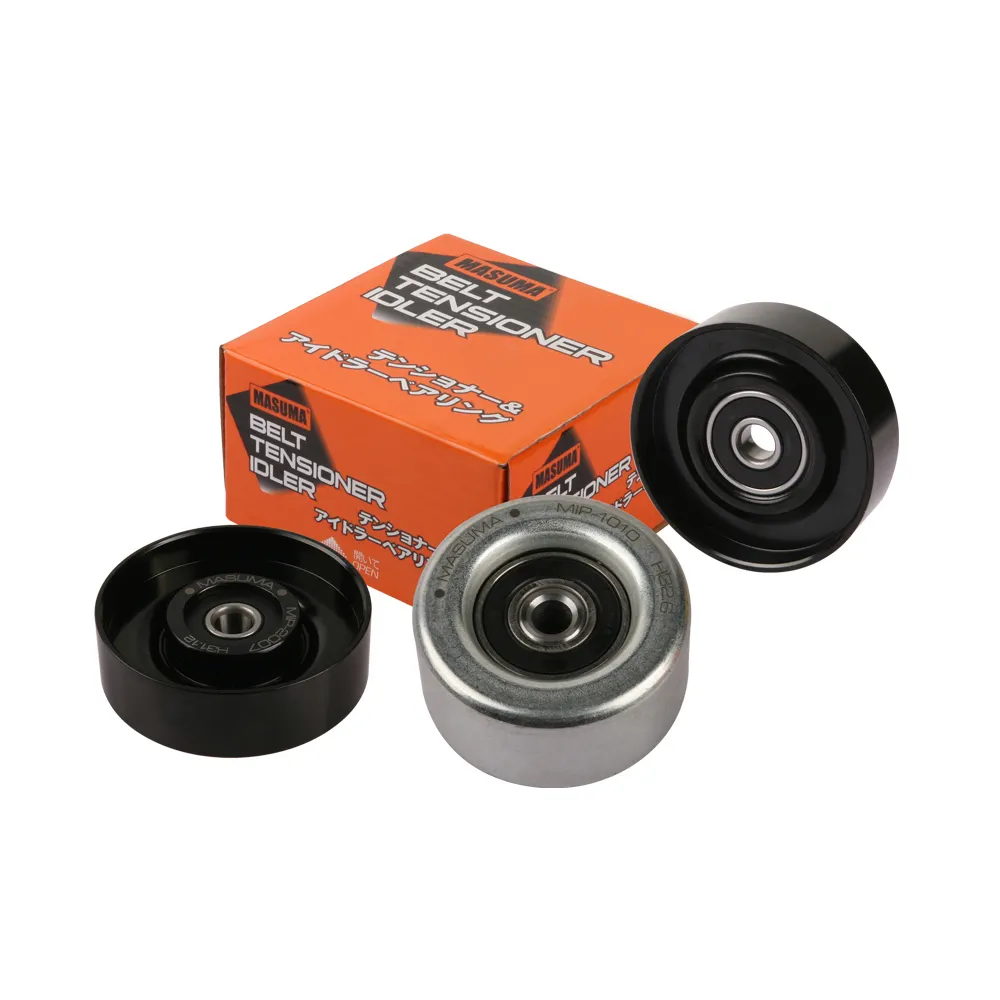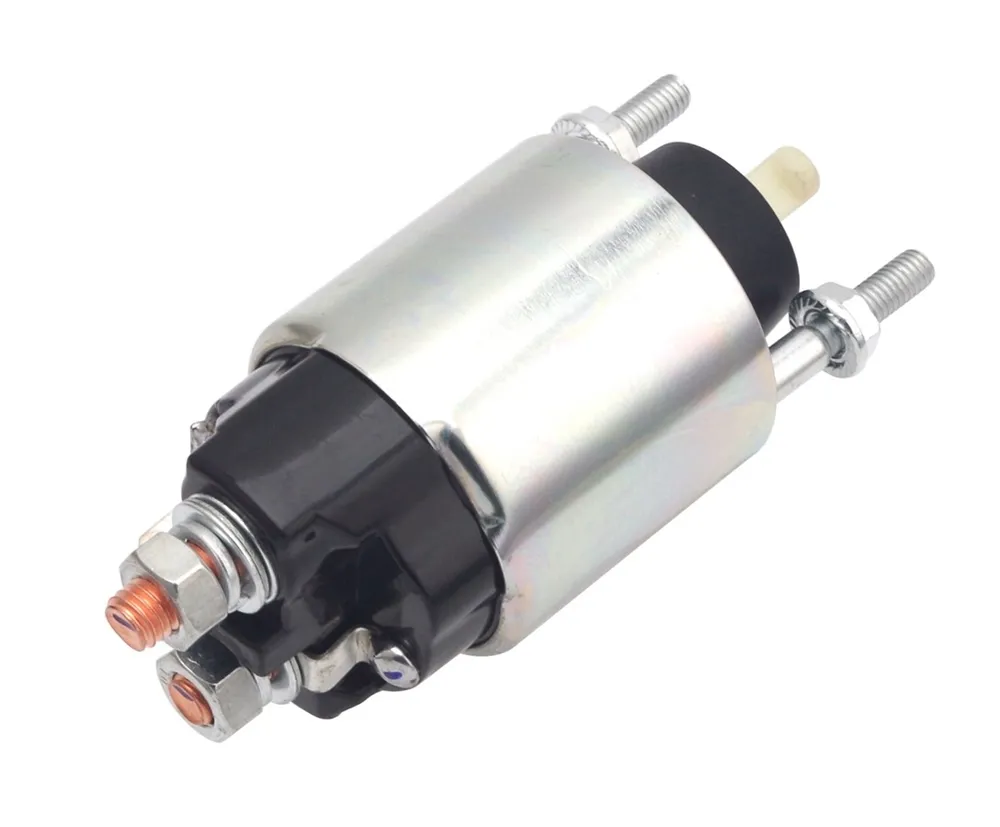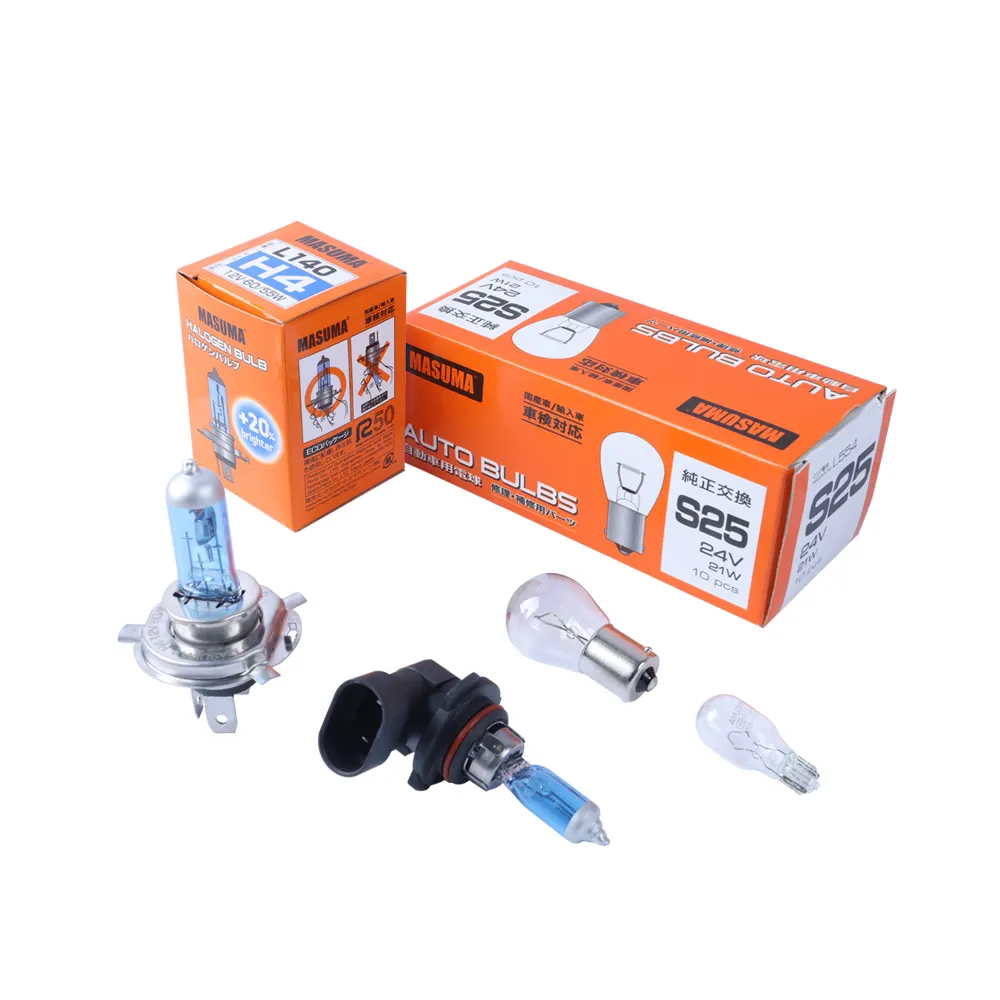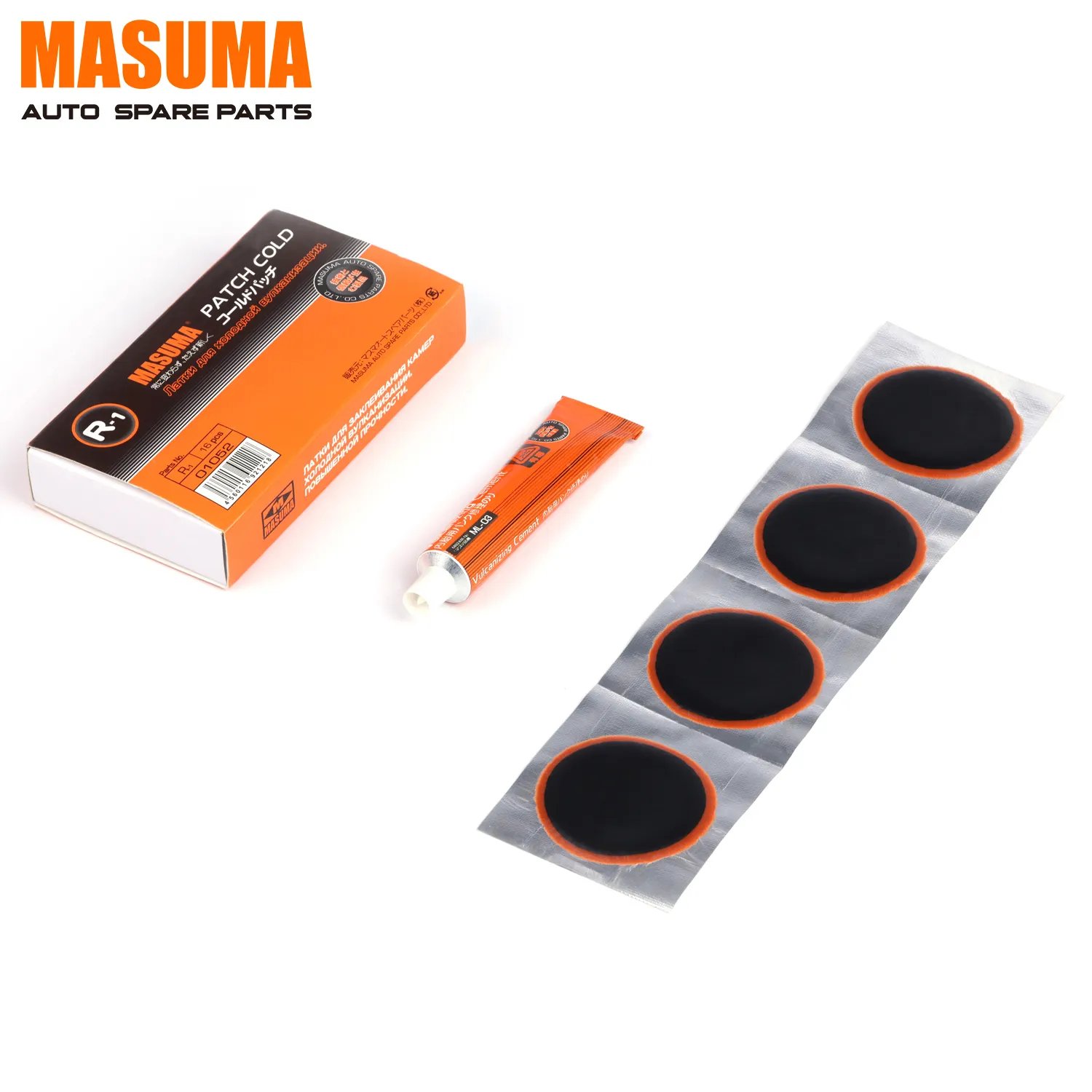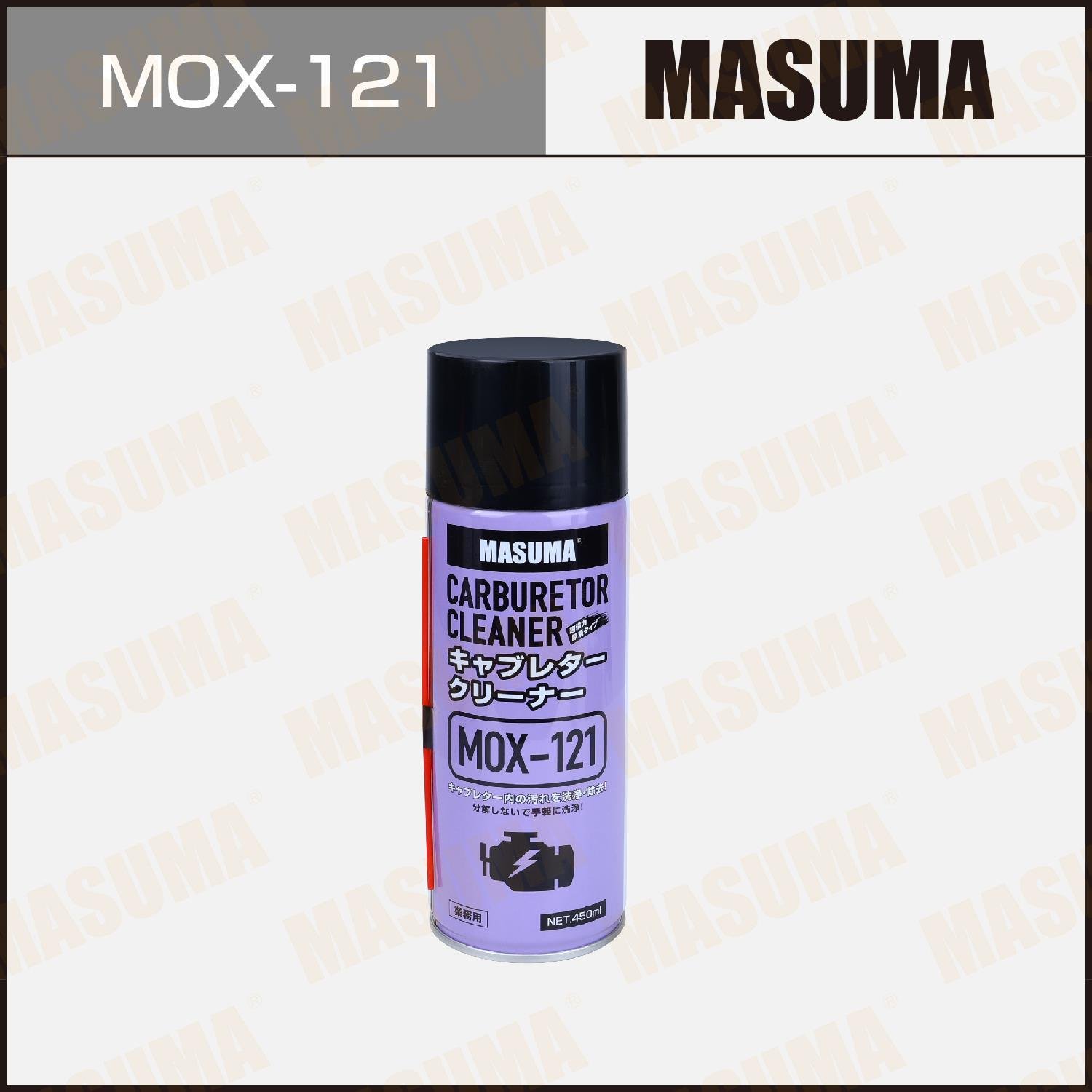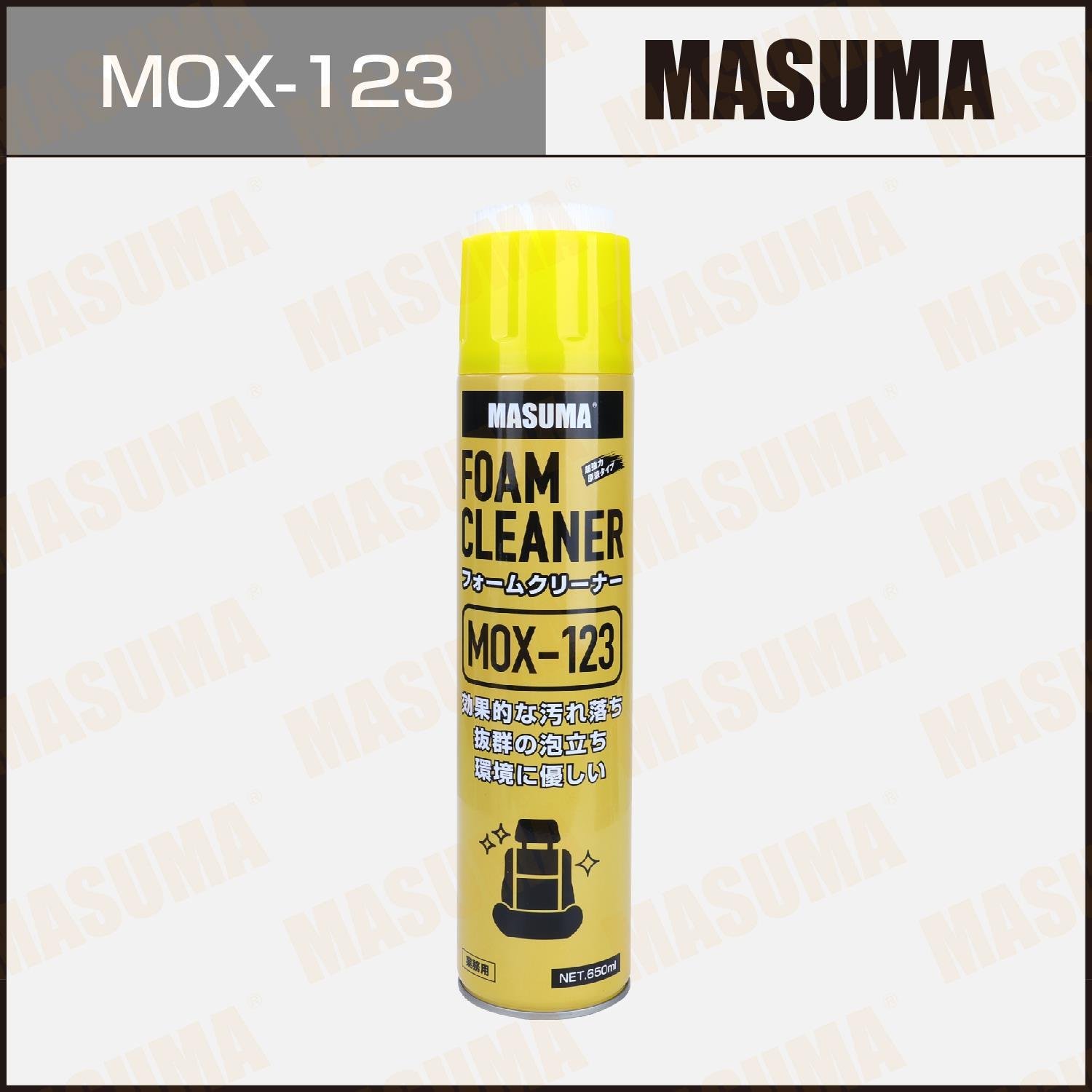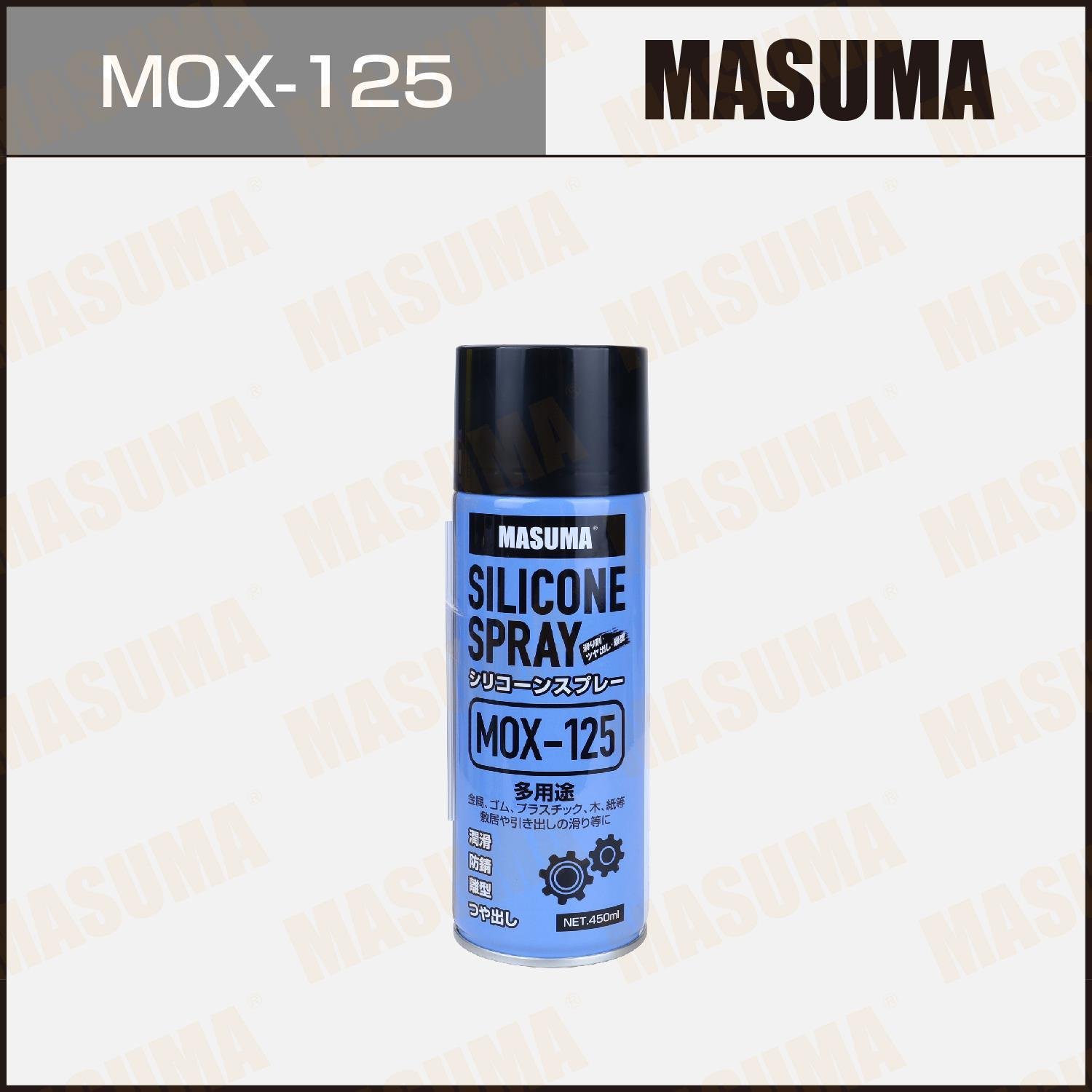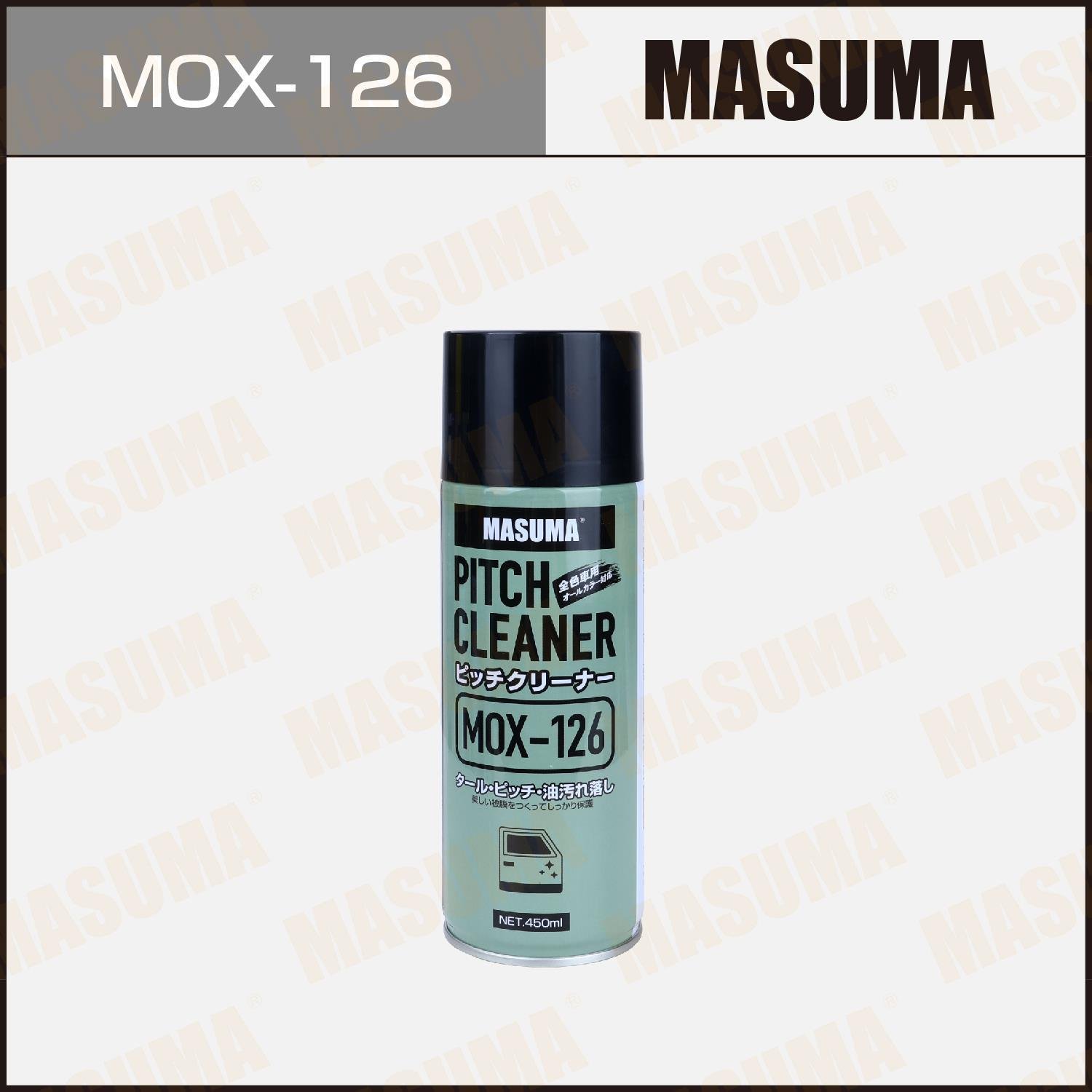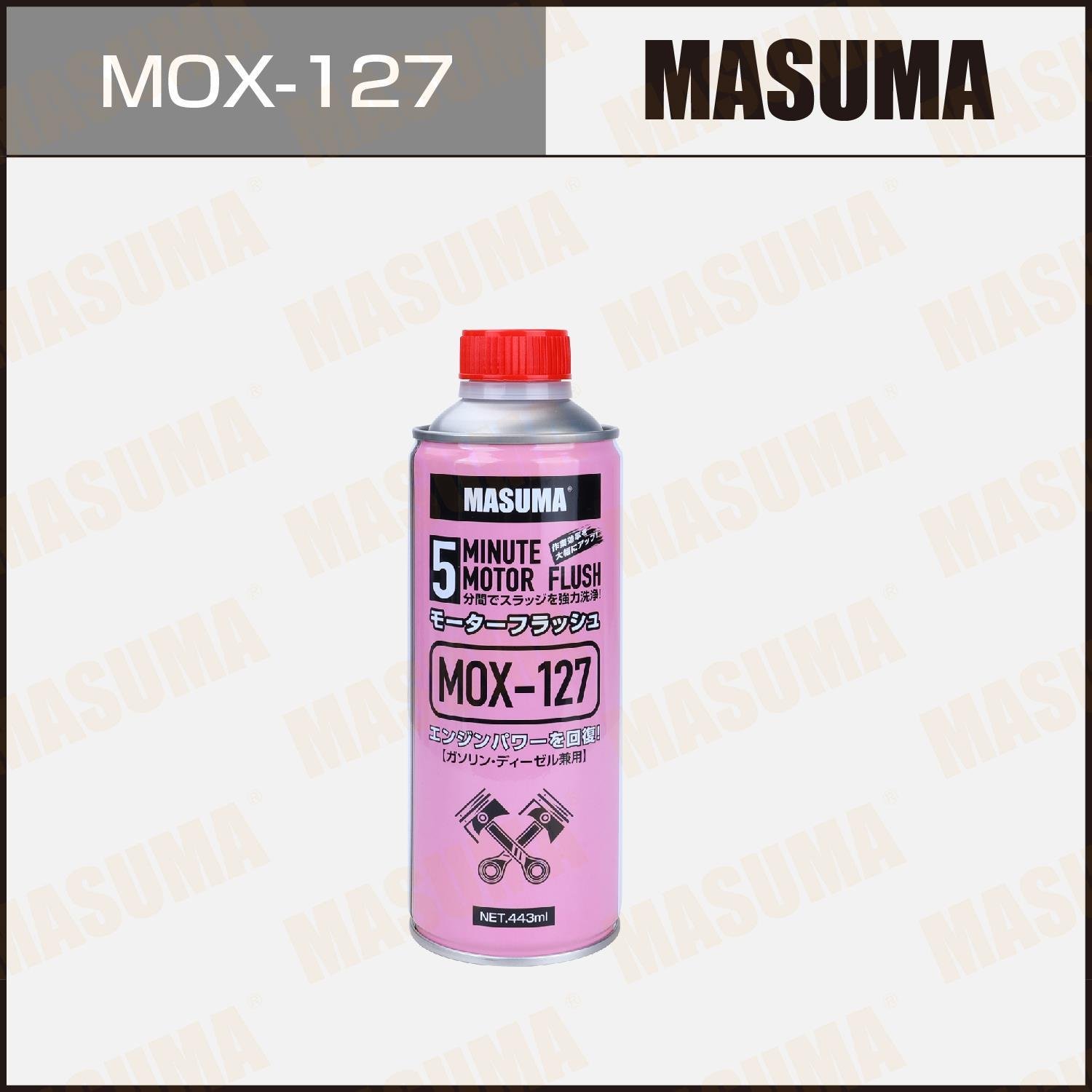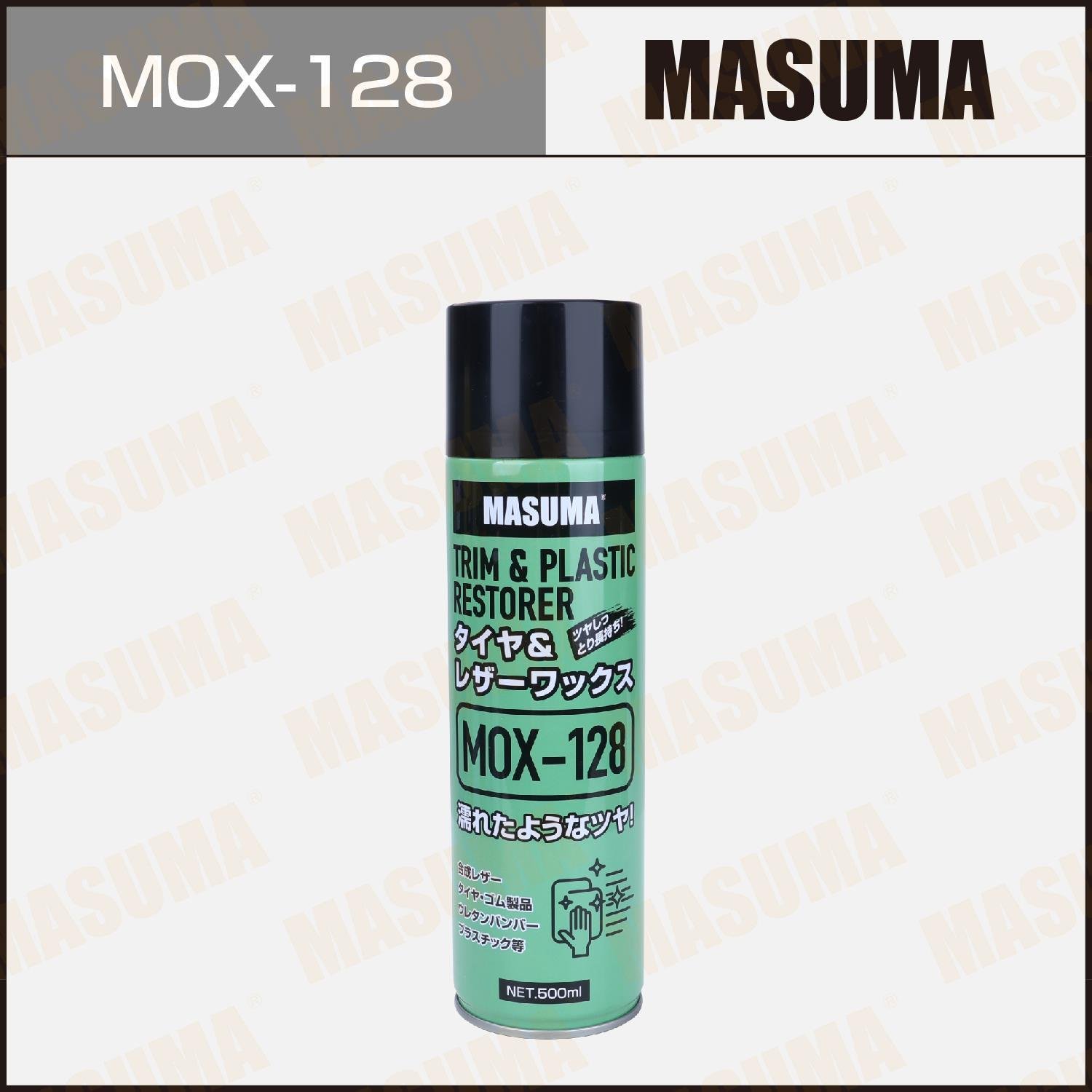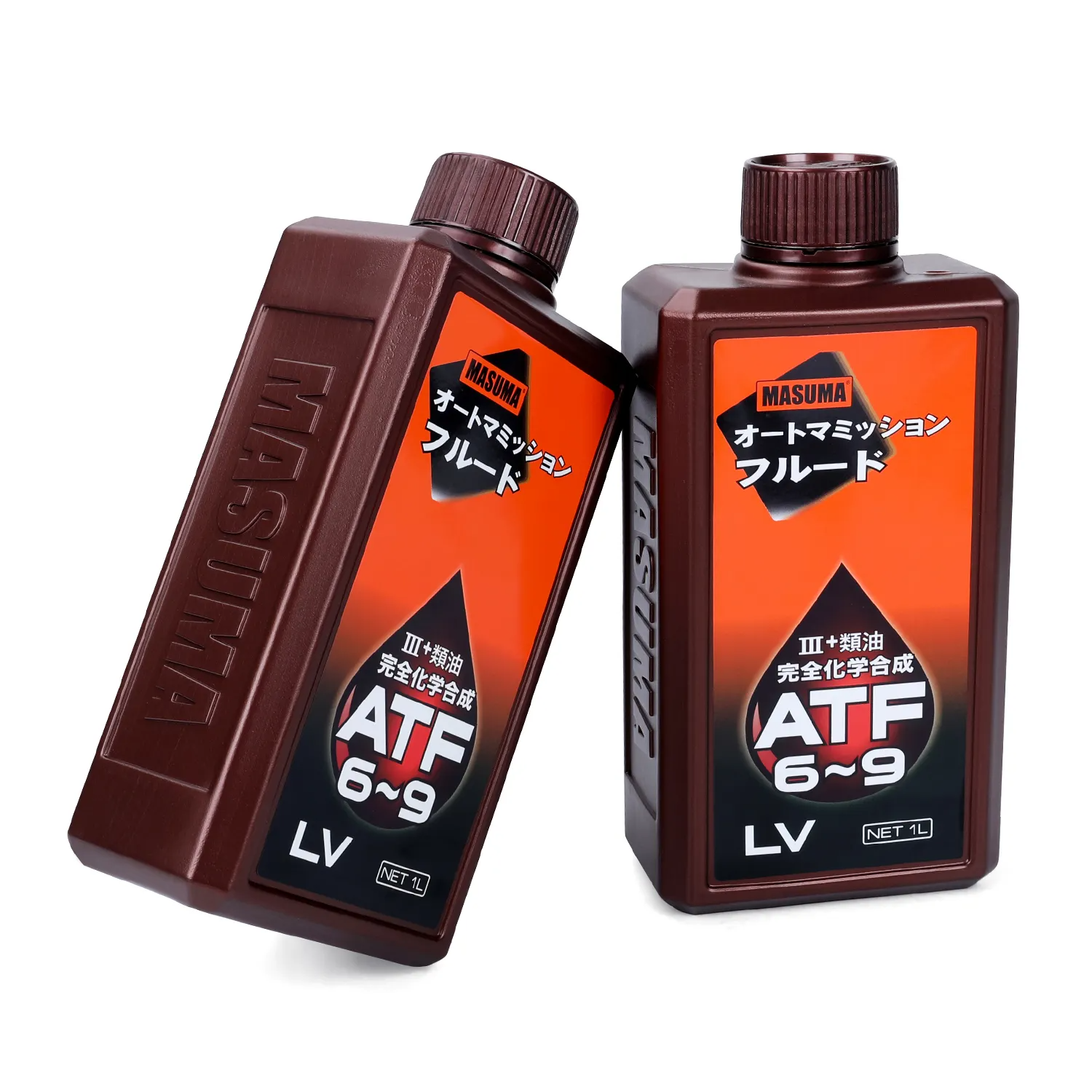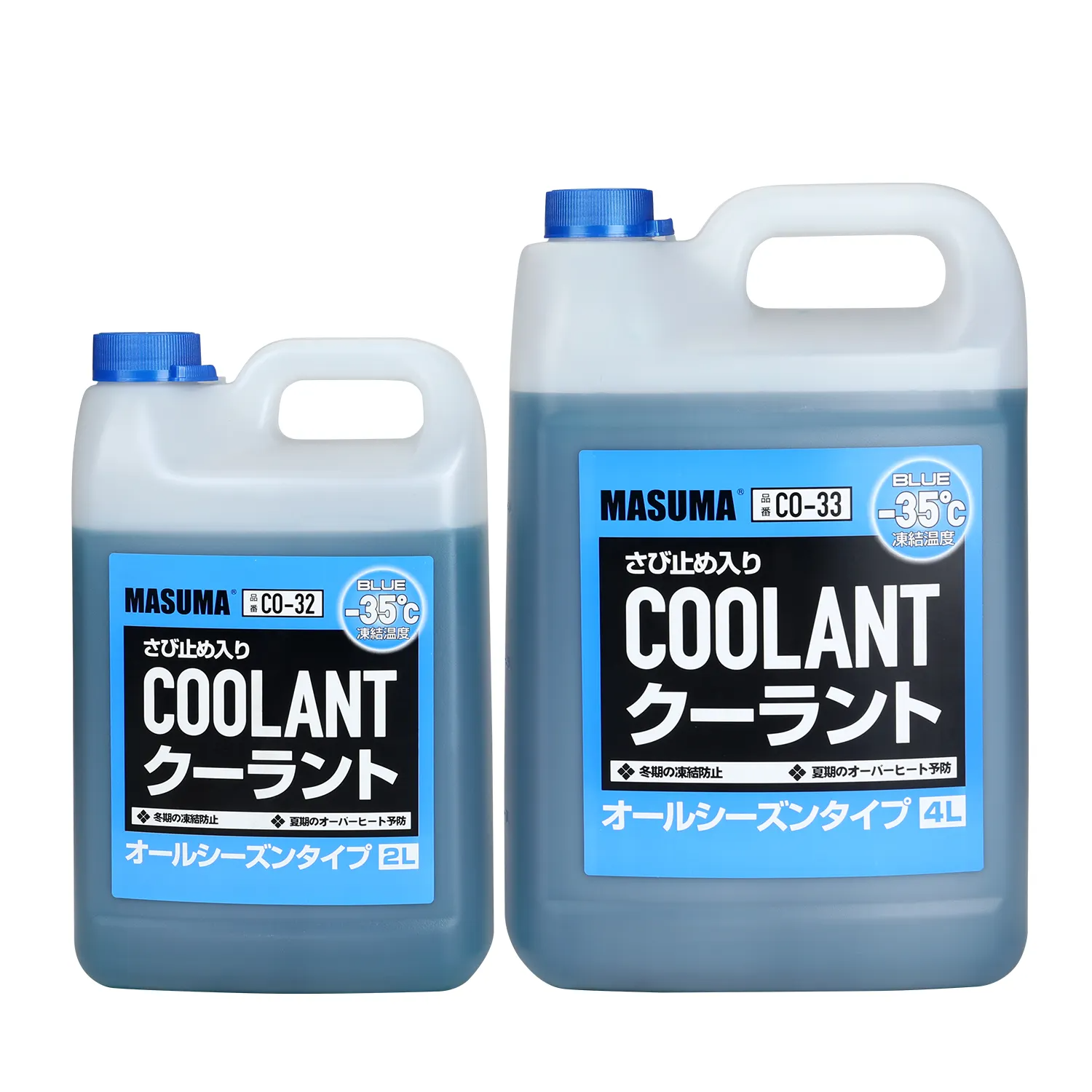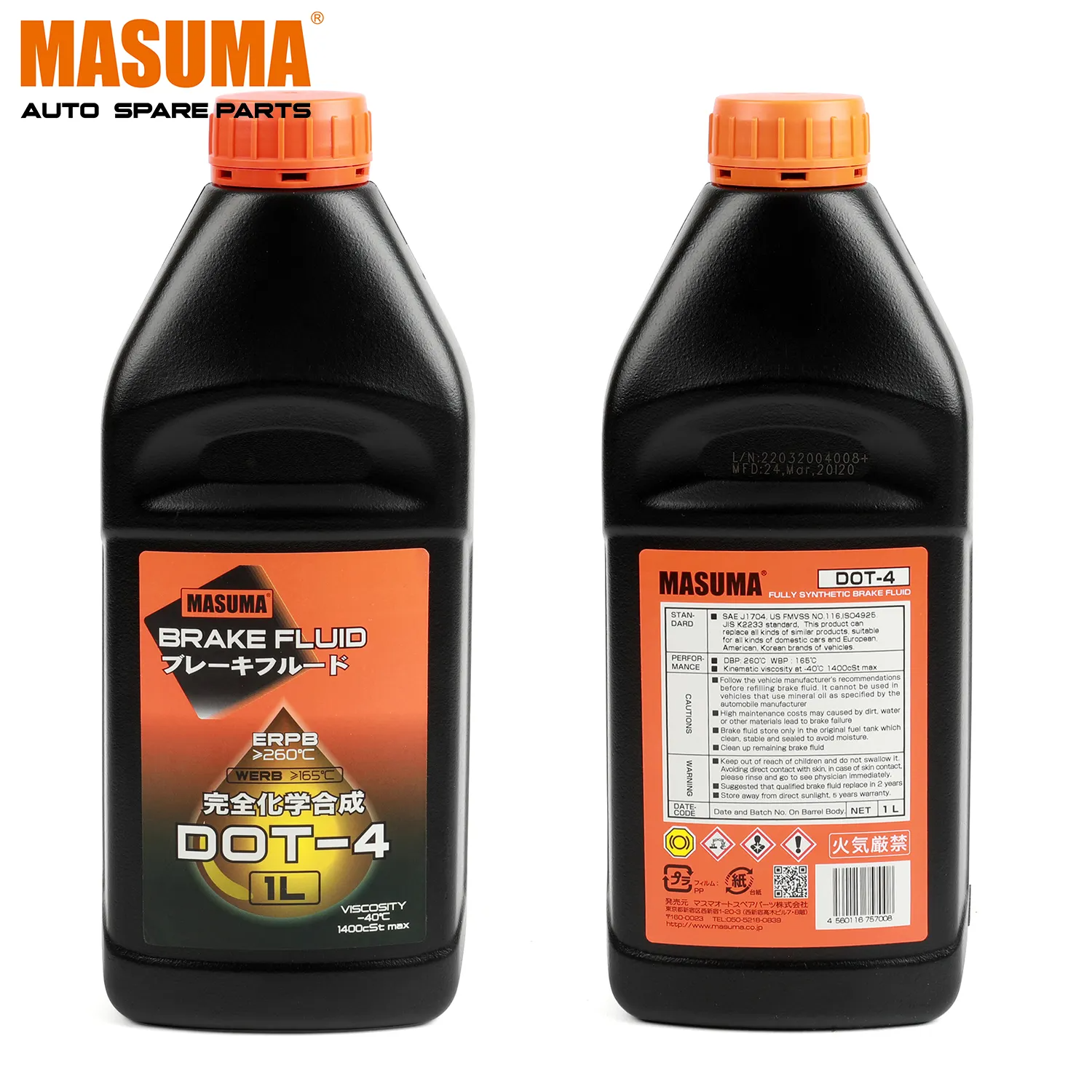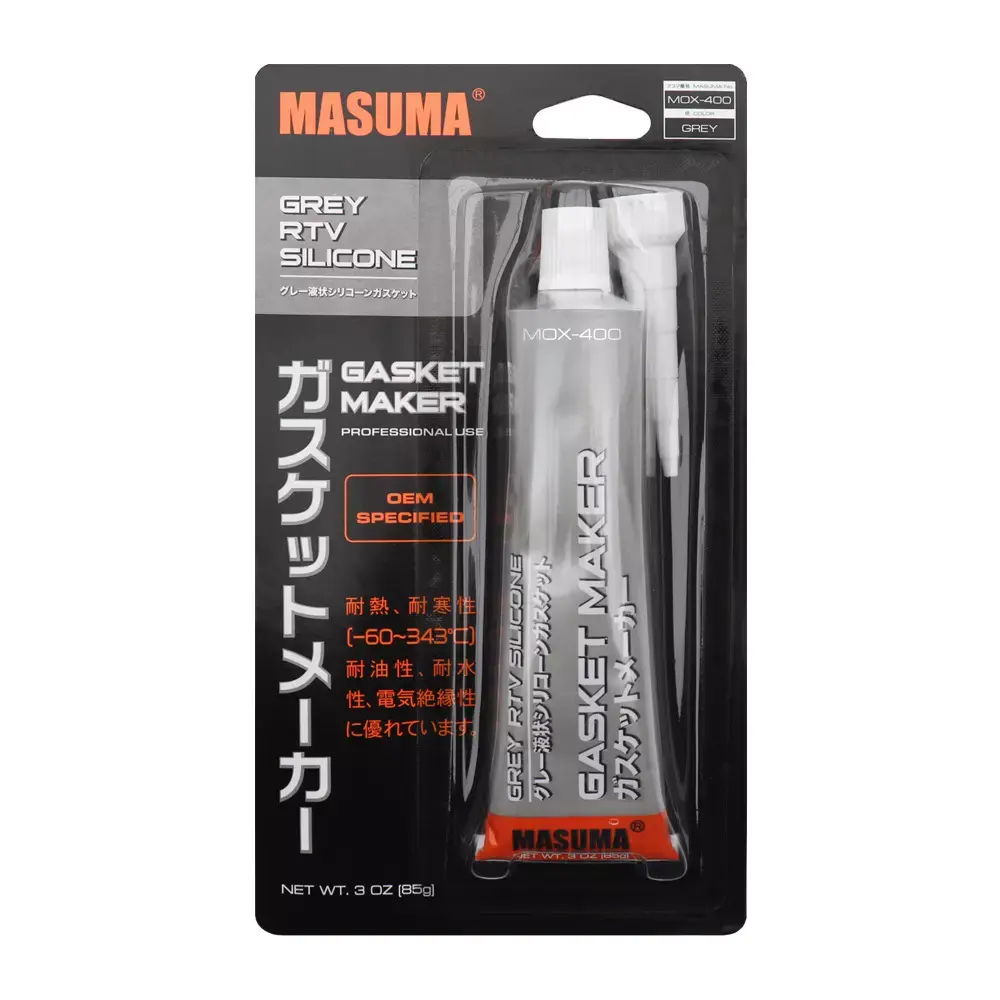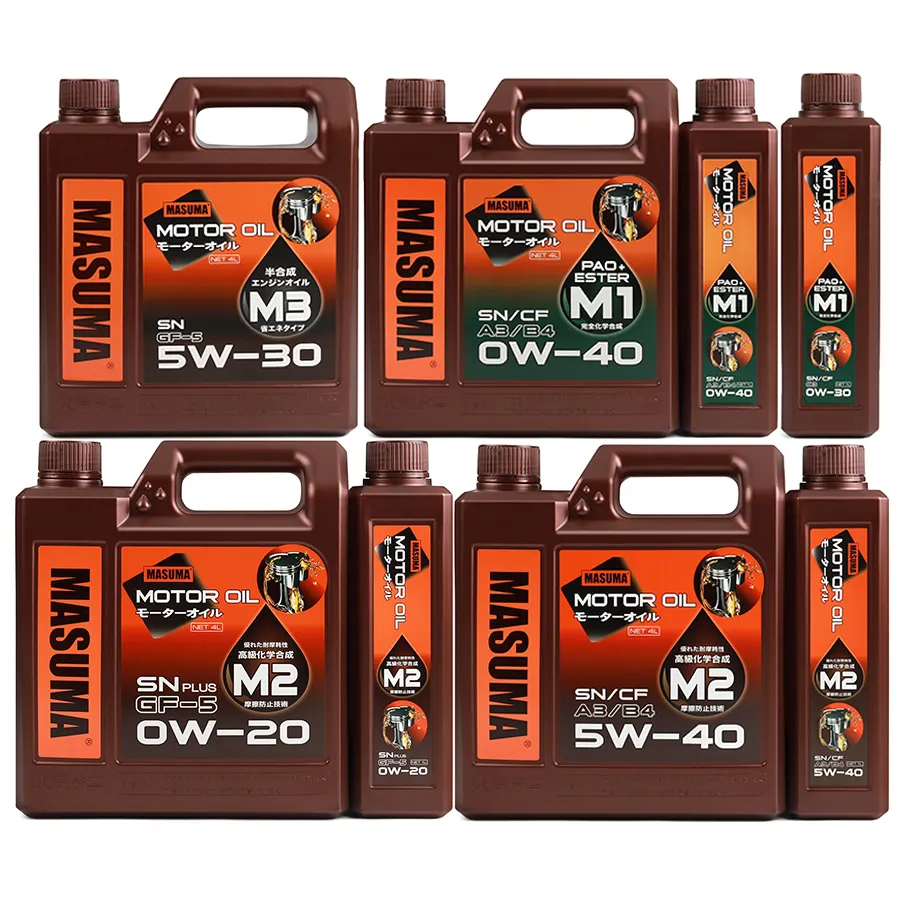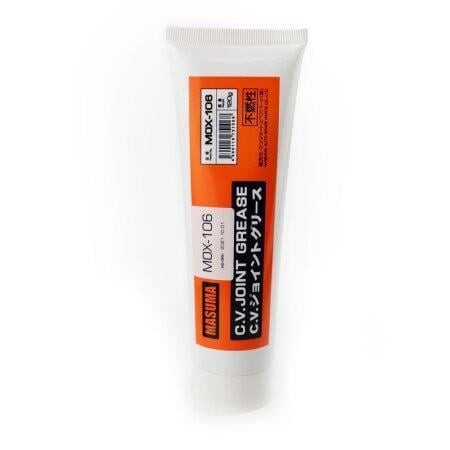
ENGINE SYSTEM


DRIVETRAIN SYSTEM


SUSPENSION & STEERING


BRAKE SYSTEM


DUST COVER SERIES


AIR CONDITIONING SYSTEM


FILTER SERIES


EXHAUST GAS SYSTEM


FASTENER SERIES


BODY PARTS


ELECTRICAL PARTS


AUTOMOTIVE LIGHTING


TIRE REPAIR SUPPLIES


CHEMICAL GOODS SERIES


LUBRICANTS & FLUIDS SERIES


SERVICE TOOLS & EQUIPMENT


OTHERS

Quick Link
PATCH COLD
THERMOSTAT
AUTOMATIC TRANSMISSION FLUID
BATTERY RETAINING CLAMP
COOLANT
BRAKE FLUID
CLUTCH DISC
AUTOMOTIVE FUSE
REFRIGERANT
BATTERY INTAKE FILTER
DRAIN BOLT(PLUGMAGNET)
OXYGEN SENSOR
IGNITION COILS
TIRE PLUG KIT
HUB BOLT
AIR FLOW SENSOR
GASKET EXHAUST PIPE
RTV SILICONE
HOSE CLAMP
GREASE FITTING
STARTER CONTACTS
MECHANICS CREEPER
BUSHING REMOVAL & INSTALLATION TOOL
SPARK PLUGS
AUTO TRIM REMOVAL TOOL
GLOW PLUG
VULCANIZING CEMENT
rust inhibitor
RADIATOR
WHEEL CYLINDER
BALL JOINT
SHOCK ABSORBERS
RUBBER BUFFER FOR SUSPENSION
ENGINE MOUNTING
BRAKE DISC
BRAKE & PARTS CLEANER
CONTROL ROD
DRAIN BOLT(PLUGMAGNET)
TAPPING SCREW
ENGINE GASKET
MOTOR OIL
FUEL PUMP STRAINER
FUEL TANK CAP
SPARK PLUG CABLE SET
INJECTOR WASHERS
UNIVERSAL JOINT
WHEEL NUT
SHOCK ABSORBER DUST COVER
STEERING BOOT
C.V. JOINT
DISC BRAKE SEAL KIT
CABIN FILTER
STABILIZER BUSH
DRIVE SHAFT BOOT KIT
BRAKE HOSE
BRASS BUSHES (FOR STEERING KNUCKLE)
AUTO EXHAUST FLEXIBLE PIPE
SNOW BLADE
BELT TENSIONER IDLER
TIMING CHAIN KIT
BRAKE SHOE
V-RIBBED BELTS
THERMOSTAT GASKET
VALVE COVER GASKET
AUTOMOTIVE RUBBER PARTS
WHEEL HUB UNIT
COIL SPRING
DISC BRAKE PADS
CLUTCH RELEASE BEARING
CLUTCH COVER
AIR CONDITIONING COMPRESSOR
FUEL PUMP ASSEMBLY
BEARING SHOCK MOUNTING
OIL SEAL
CONDENSER
STEERING RACK
FUEL PUMP
CAP ASSY FUEL FILTER
WHEEL HUB BEARING
CV JOINT BOOT CLAMP KIT
V-RIBBED BELT
HYDRAULIC FILTER
ALTERNATOR
STARTER MOTOR
WATER PUMP/ELECTRONIC WATER PUMP
THERMO SWITCH
POWER STEERING PUMP
TIMING BELT
STRUT MOUNT
BRAKE PAD WEAR SENSOR
AIR FILTER
OIL FILTER
FUEL FILTER
WiperBlade
CONTROL ARM
RACK END
TIE ROD END
STABILIZER LINK
GAS SPRING
BALL JOINT DUST COVER
TRANSMISSION FILTER
AUTOMOTIVE CLIPS & FASTENERS
LED HEADLIGHT
oil pipe
CENTER SUPPORT BEARINGS
rust inhibitor
rust inhibitor
CARBURETOR CLEANER
FOAM CLEANER
TIRE SHINE
SILICONE SPRAY
PITCH CLEANER
MOTOR FLUSH
TRIM & PLASTIC RESTORER
C .V. JOINT GREASE
BRAKE MASTER CYLINDER
DRIVE SHAFT
MF BATTERY
MAGNETIC FENDER COVER WORK MAT
FUEL INJECTOR
TURBOCHARGER
FUEL TANK CAP
CAM PHASER
V-BELT
DRAIN BOLT
V-RIBBED BELT
WIPER BLADE
TIRE REPAIR PLUG
MULTI-PURPOSE LUBRICANT
DISK BRAKE ANTI-SQUEAL GREASE
PROPELLER SHAFT
RADIATOR DRAIN COCK
THERMO SWITCH
GRAPHITE GASKET
WIPER RUBBER
HORN
RADIATOR CAP
BRAKE CYLINDER GREASE
WIPER BLADE ADAPTER
AUTO EXHAUST FLEXIBLE PIPE
GASKET EXHAUST PIPE
SPHERICAL JOINTS PIPE
WIPER BLADE DISPLAY STAND
DISPLAY STAND
OIL QUALITY COMPARATOR
SPARK PLUG TESTER
OIL FILTER CUTTER
POLO SHIRT
T-SHIRT (ORANGE)
T-SHIRT (BLACK)
JACKET
OVERALLS
COVERALLS
REFLECTIVE VEST
BASEBALL CAP(BLACK)
BASEBALL CAP (ORANGE)
13G POLYESTER LATEX COATD GLOVES
UMBRELLA
BACKPACK
MOUSE PAD
THROW PILLOW
COMPANY FLAG
WATER FILLED BANNER FLAG
PLASTIC BAG
FOLDER (SINGLE LAYER)
FOLDERS (MULTIPLE LAYERS)
ZIPPER FILE HOLDER
ELECTRIONIC QUARTZ CLOCK
WHEEL HUB WATCH
ASHTRAY
VACUUM THERMOS FLASK
SQUARE LIGHT BOX SIGNAGE
AIR FRESHENER
ADVERTISING STICKERS
BELT MEASURING GAUGE
MAGNETIC PARTS TRAY
BUSHING REMOVAL & INSTALLATION TOOL KIT
BRAKE WHEEL CYLINDER REPLACEMENT TOOL
MECHANICS CREEPER
CREEPER SEAT
DISPOSABLE CAR SEAT COVER
DISPOSABLE STEERING WHEEL COVER
DISPOSABLE FLOOR MATS
BRAKE FLUID FLUSH & EXCHANGE MACHINE
COOLANT FLUSH & EXCHANGE MACHINE
TRANSMISSION FLUID FLUSH & EXCHANGE MACHINE
TRANSMISSION FLUID NOZZLE
A/C CHARGING HOSE
BRAKE DISC LATHE
BUSHING REMOVAL & INSTALLATION TOOL
MAGNETIC FENDER COVER WORK MAT
AUTO TRIM REMOVAL TOOL
HALOGEN BULB
LED BULBS
XENON HID BULB
AUTO BULBS
C.V. JOINT NUT
BRACKET BOLT
ECCENTRIC BOLT
TIMING BELT KIT

GET A FREE CONSULTATION
Your Message to Us *
File *Max. File Size: 2 GB.

